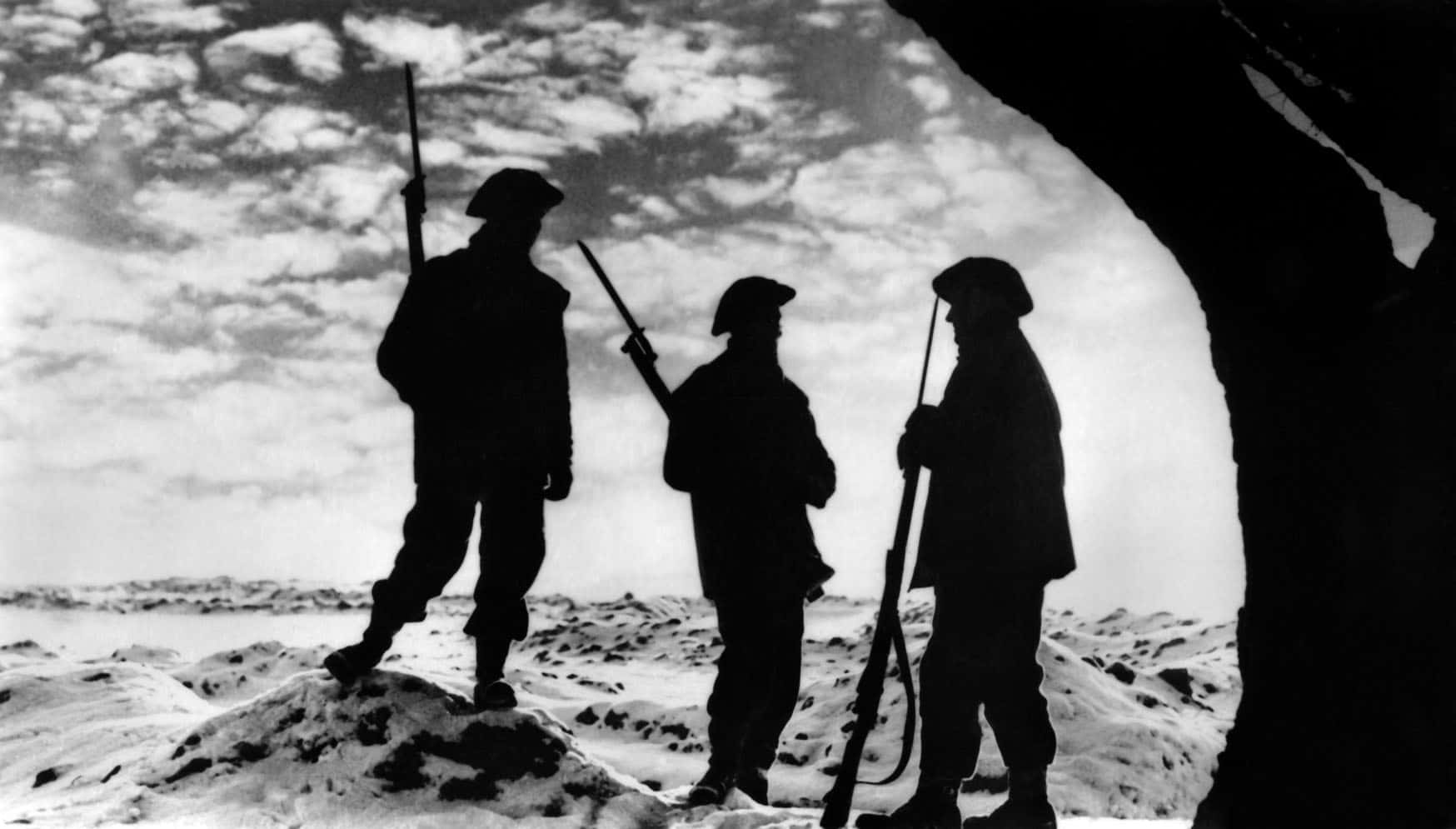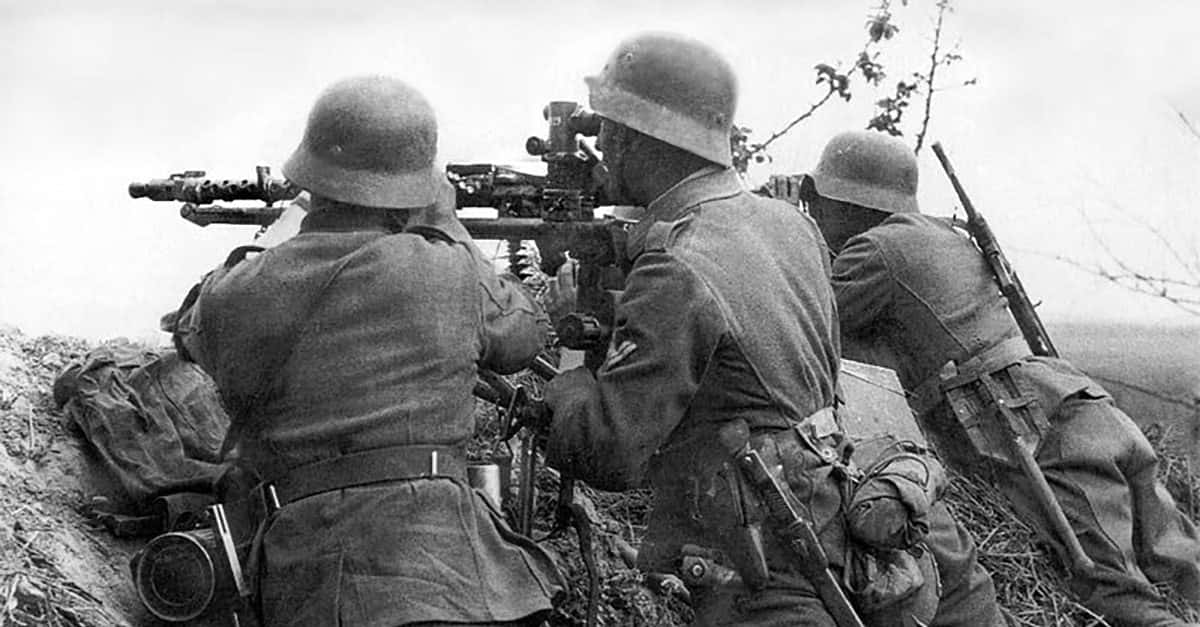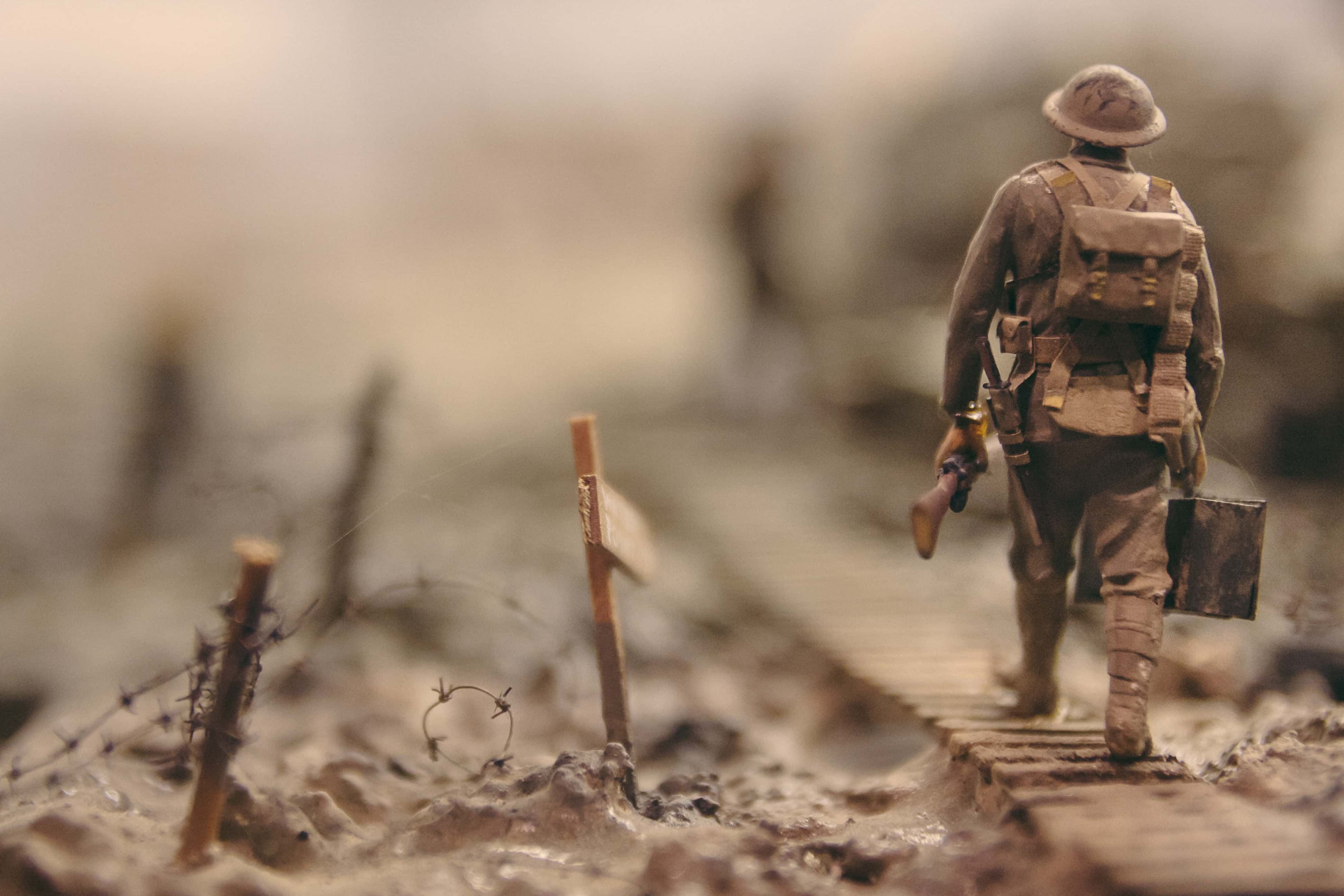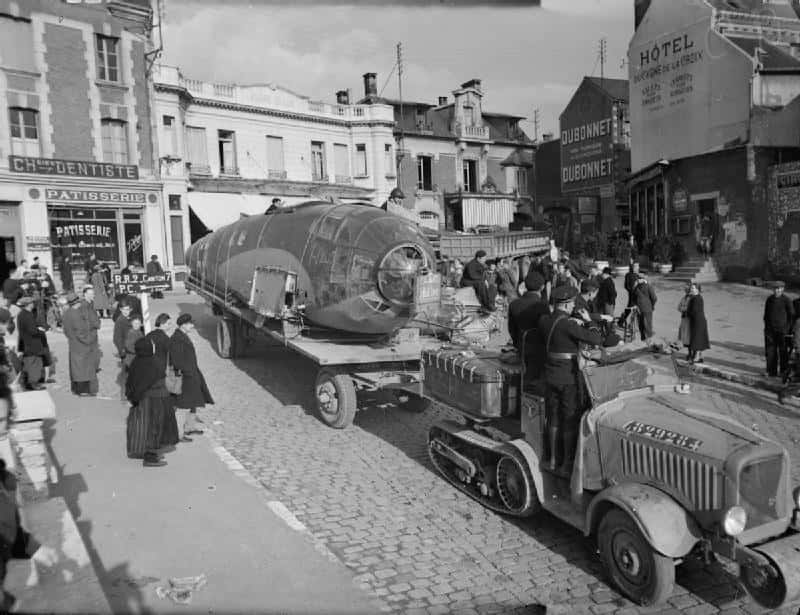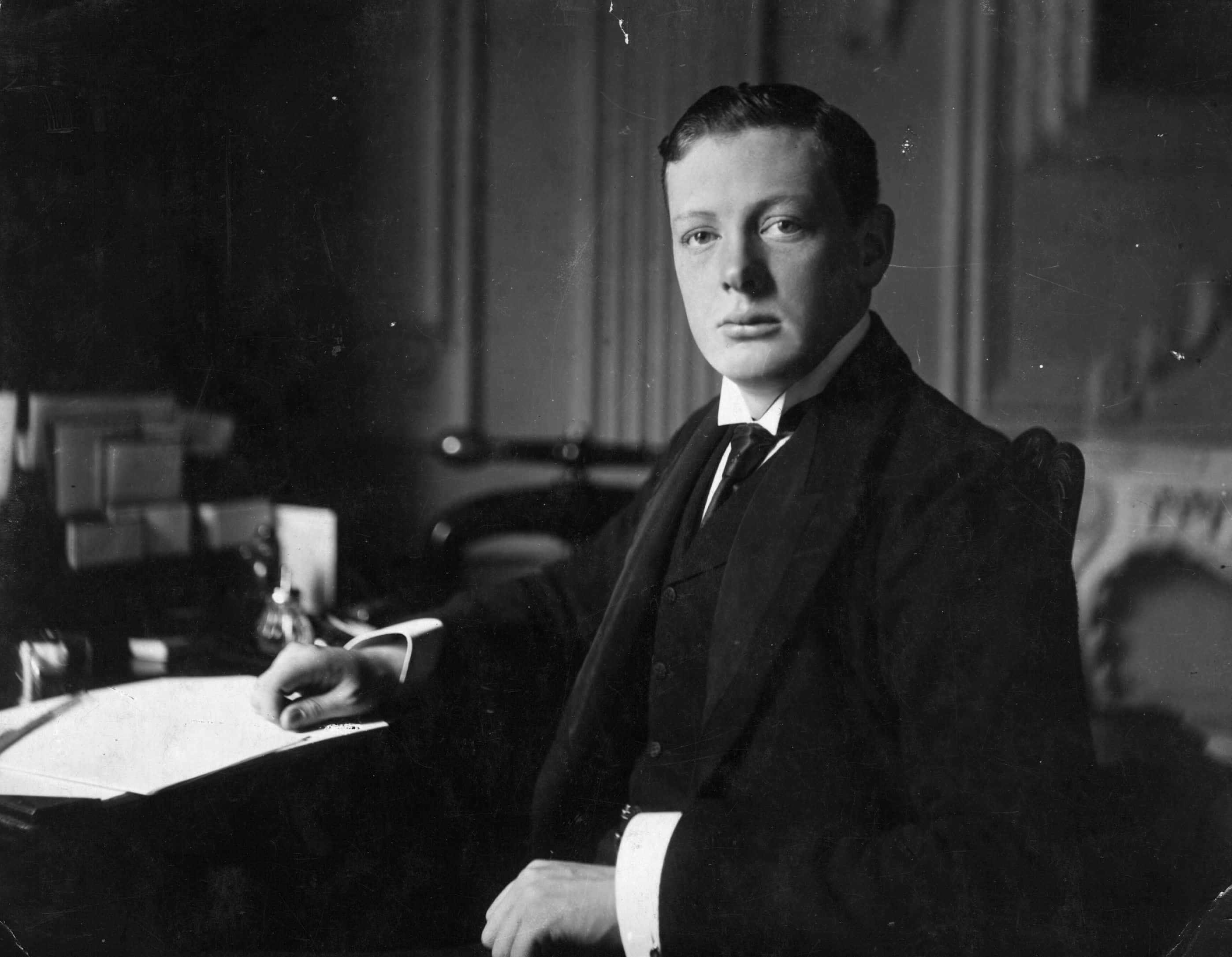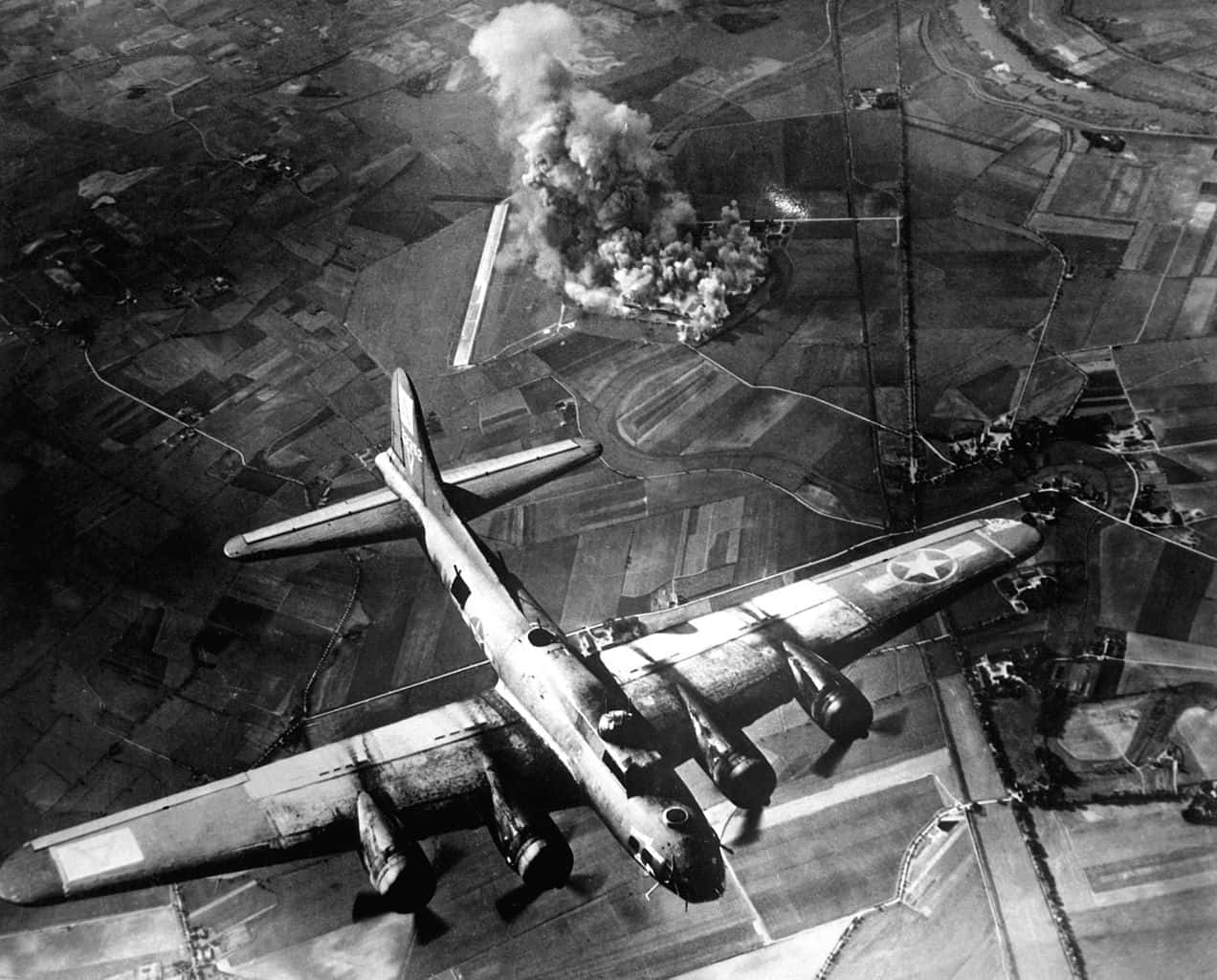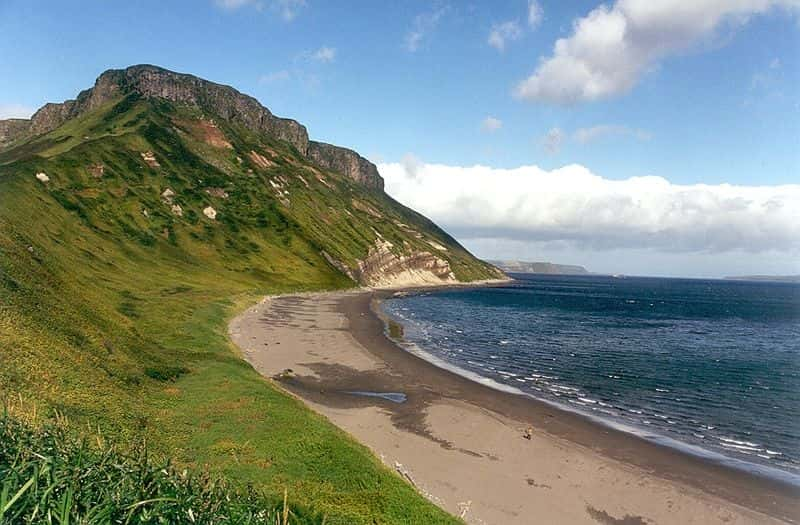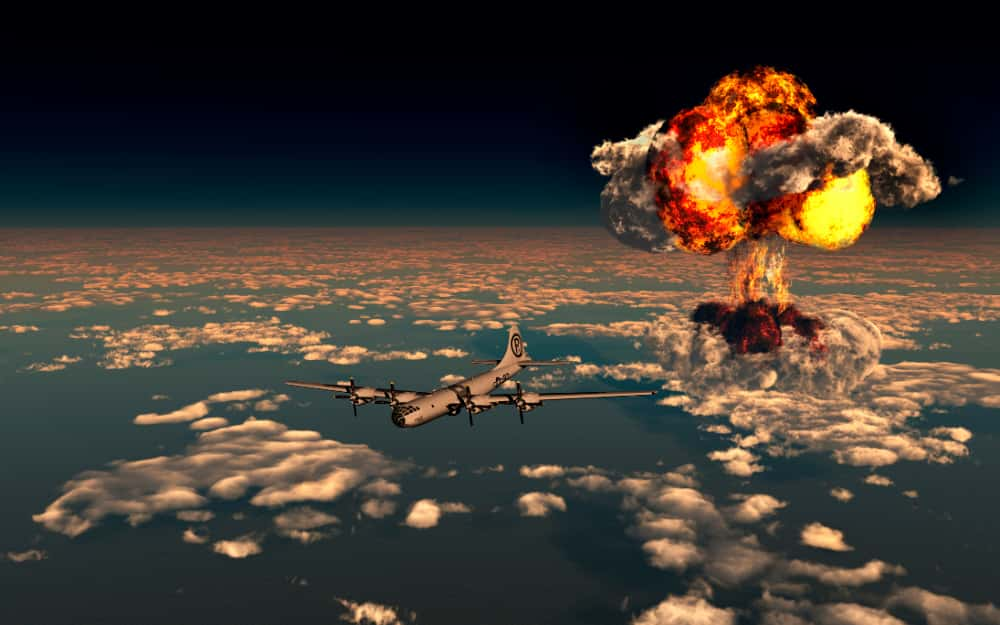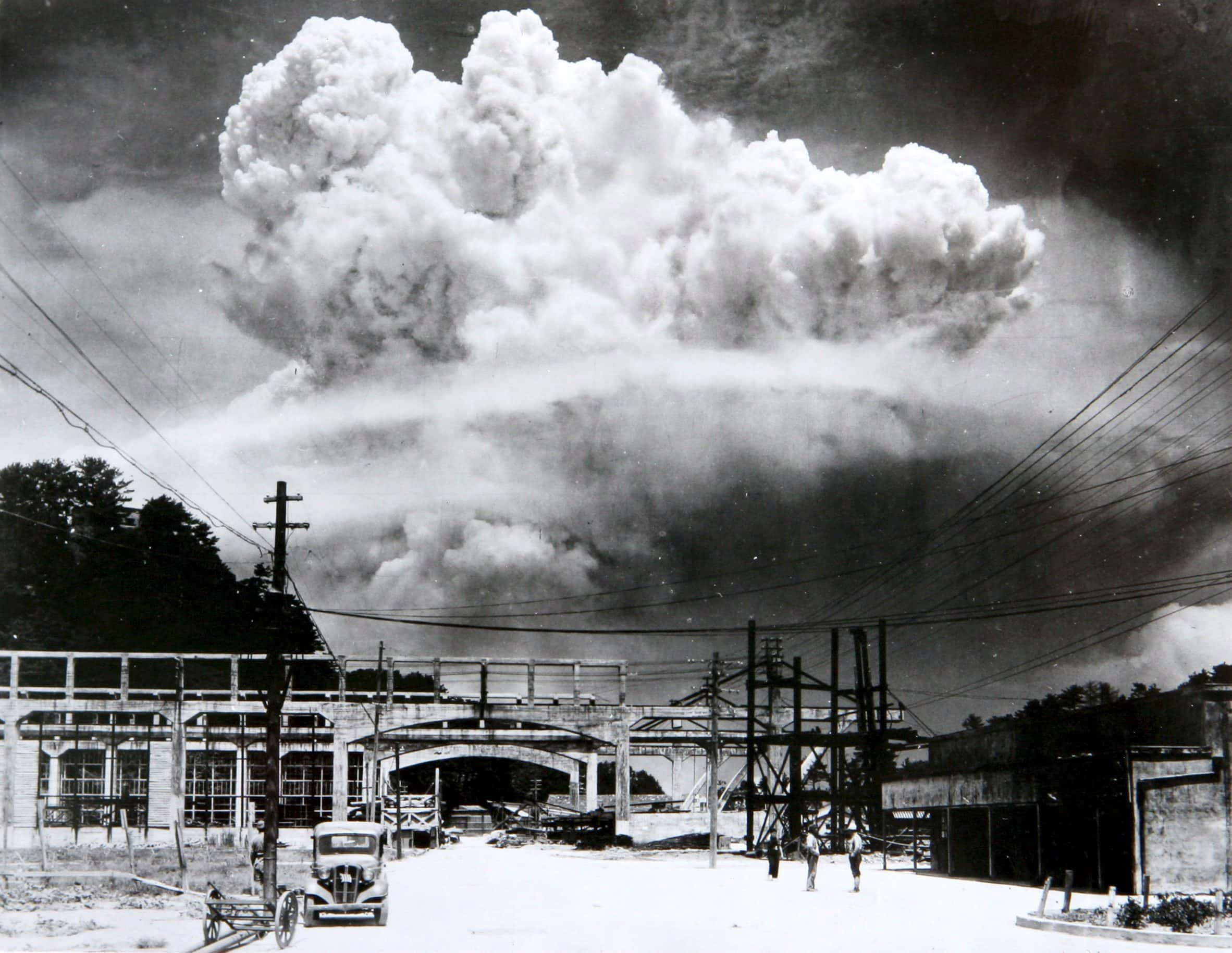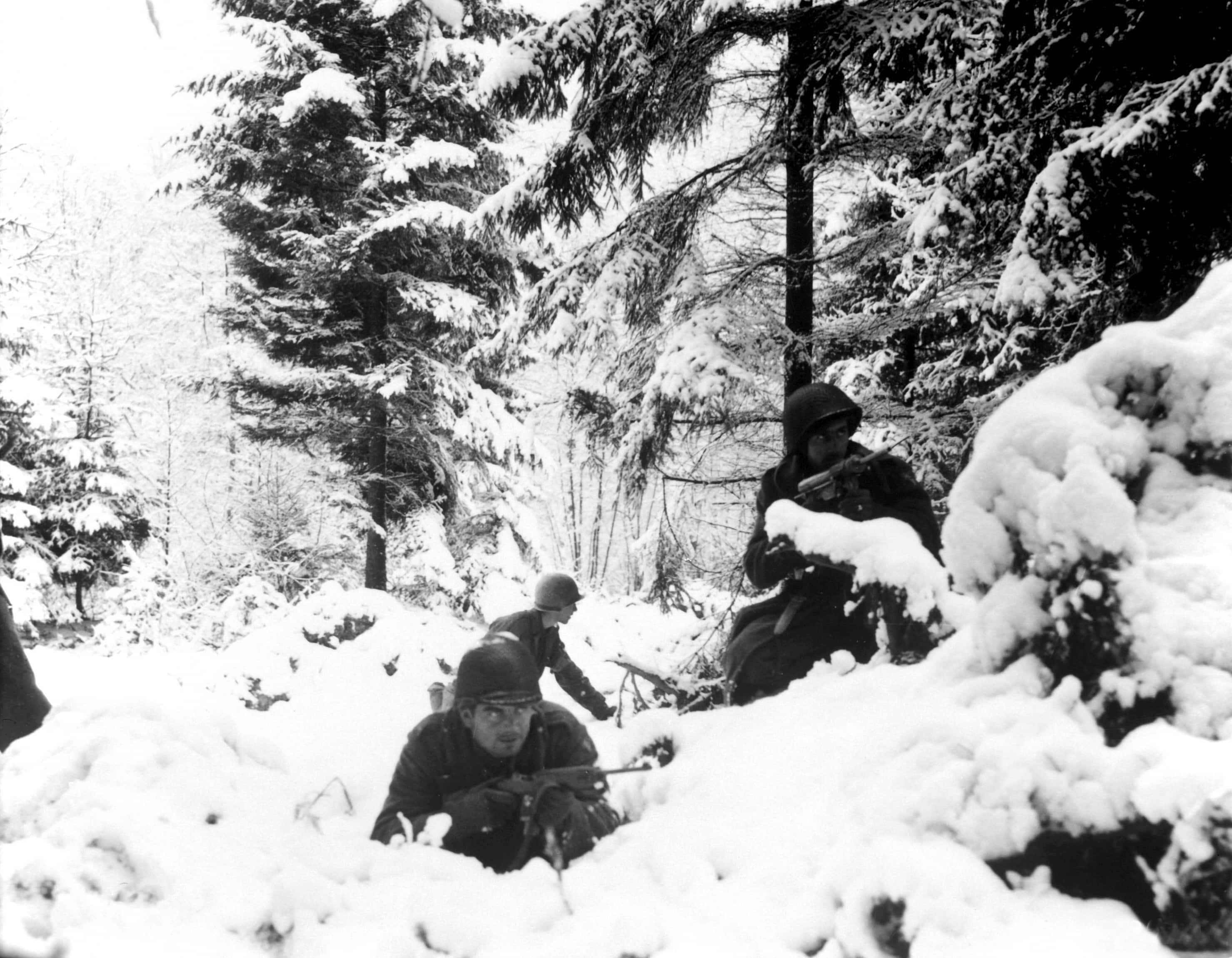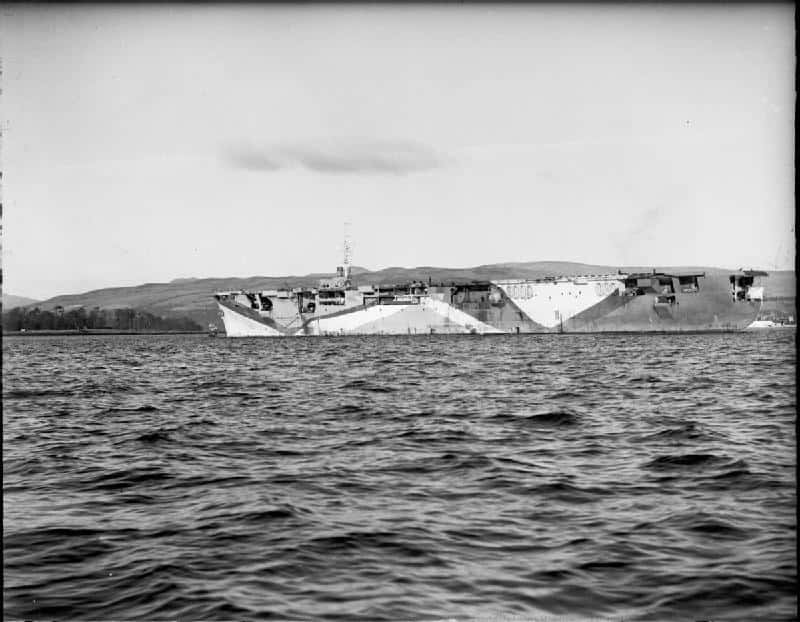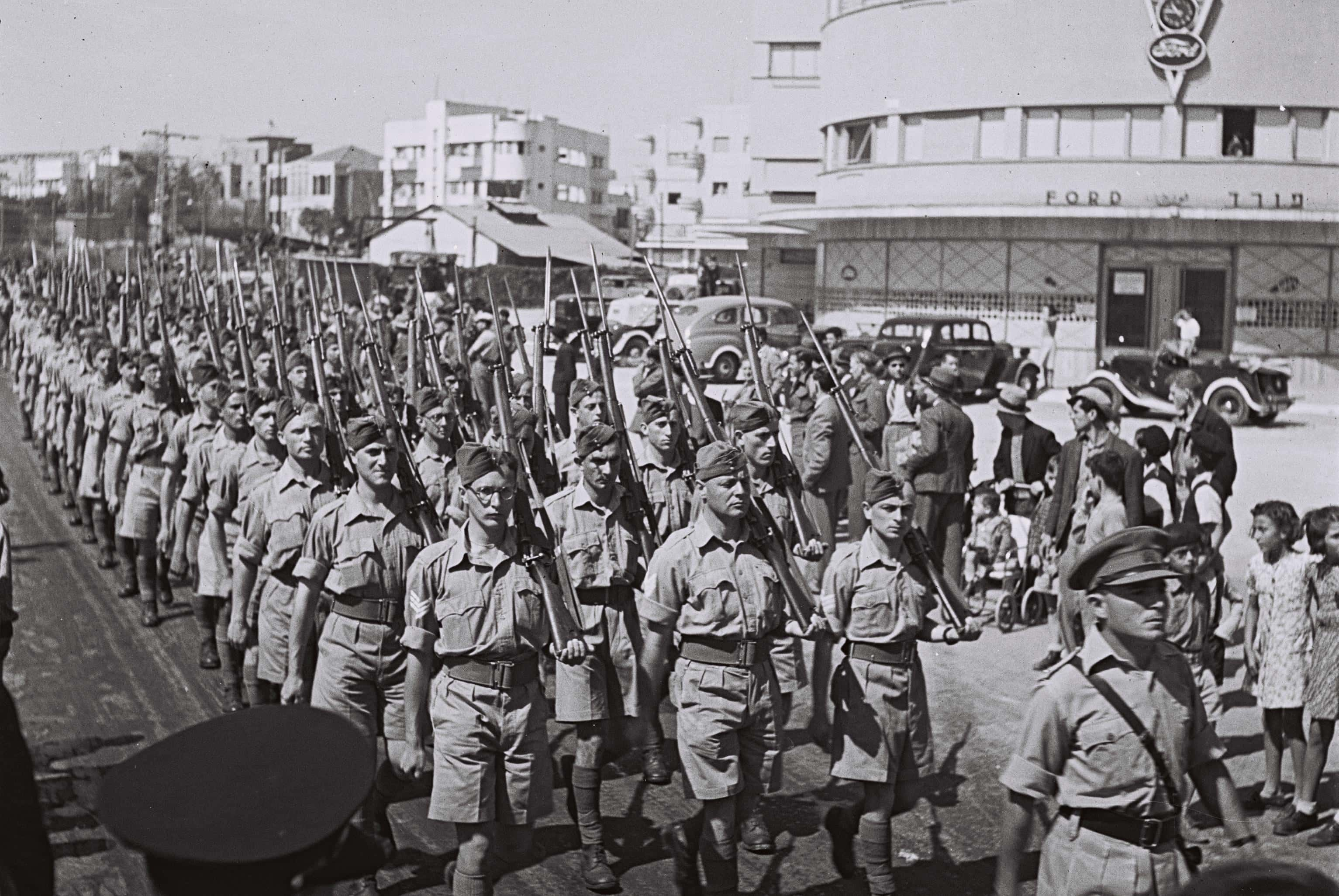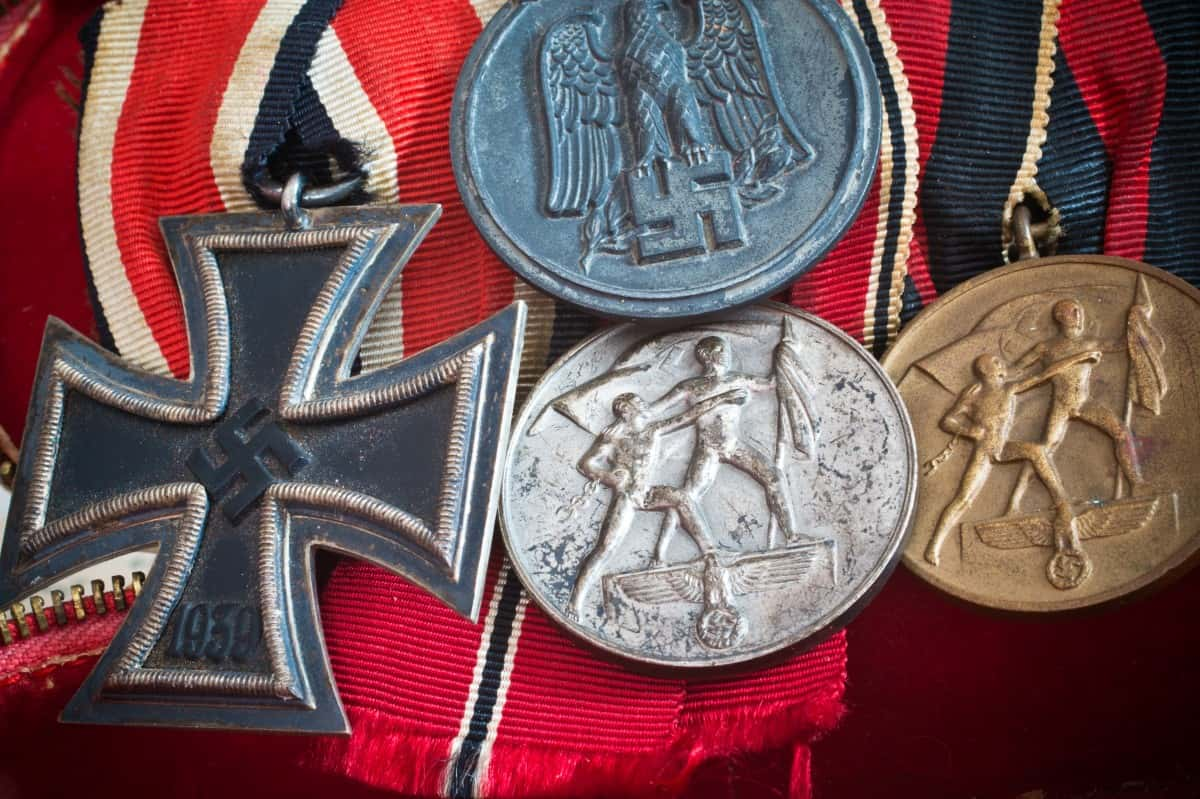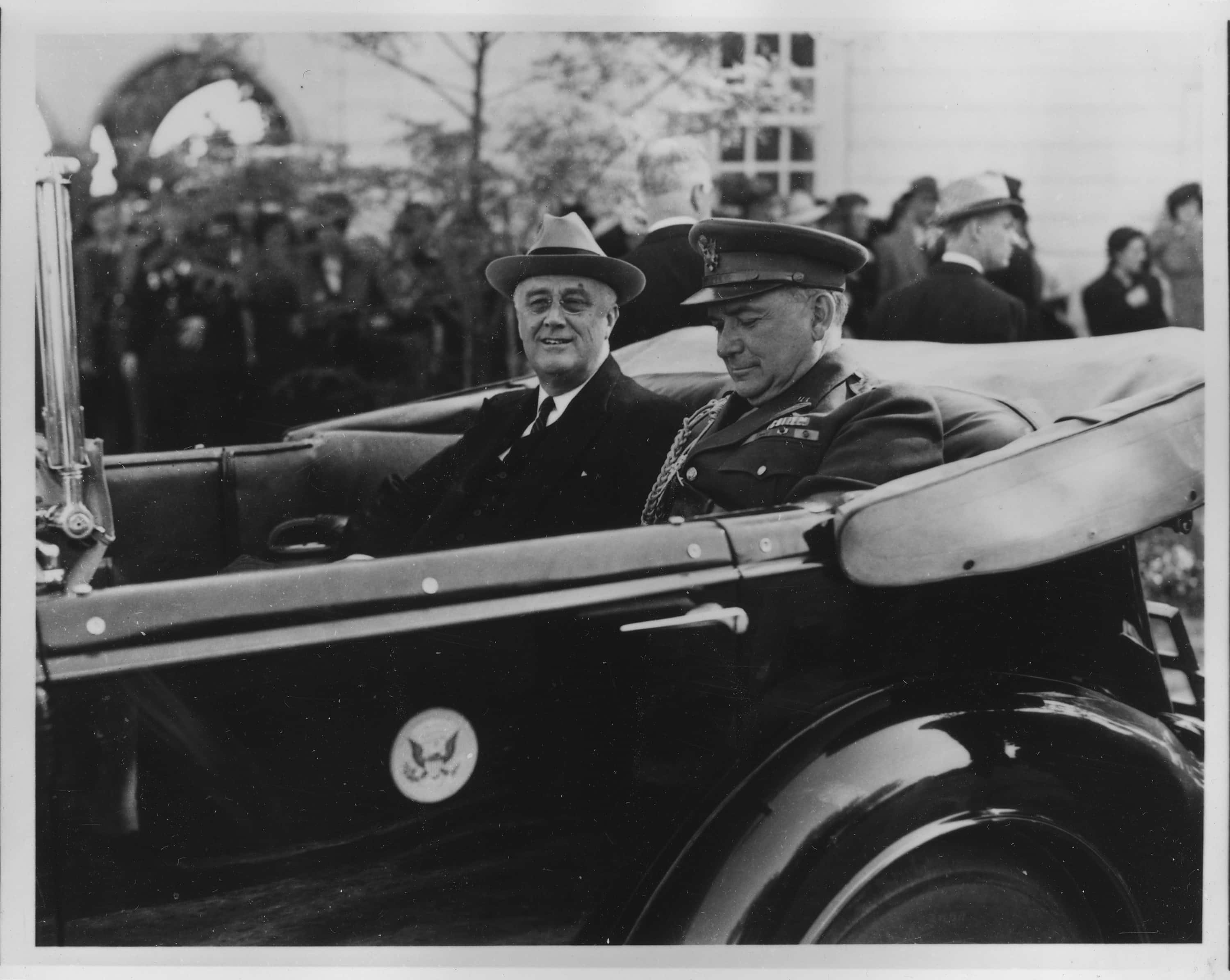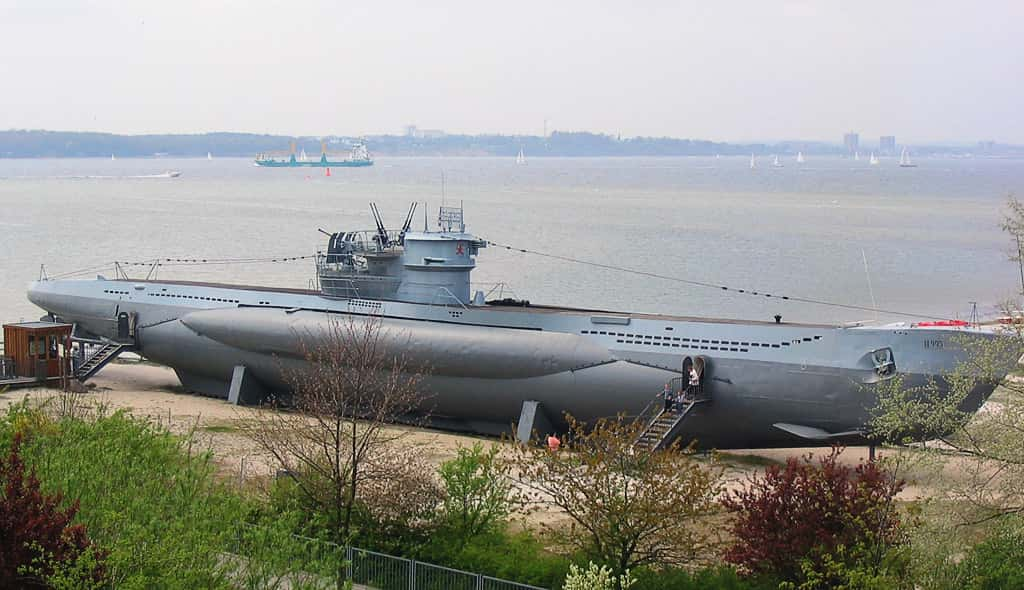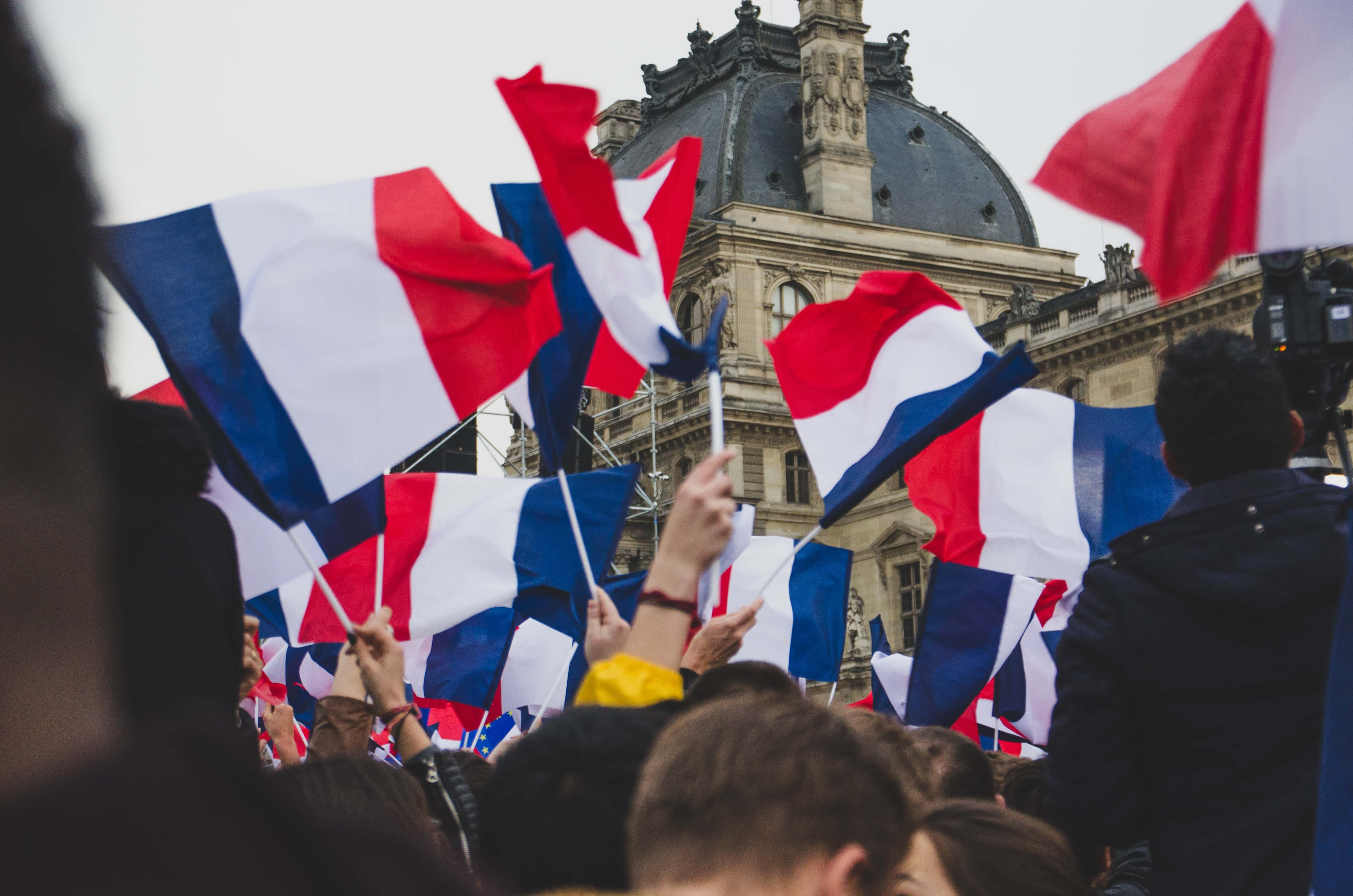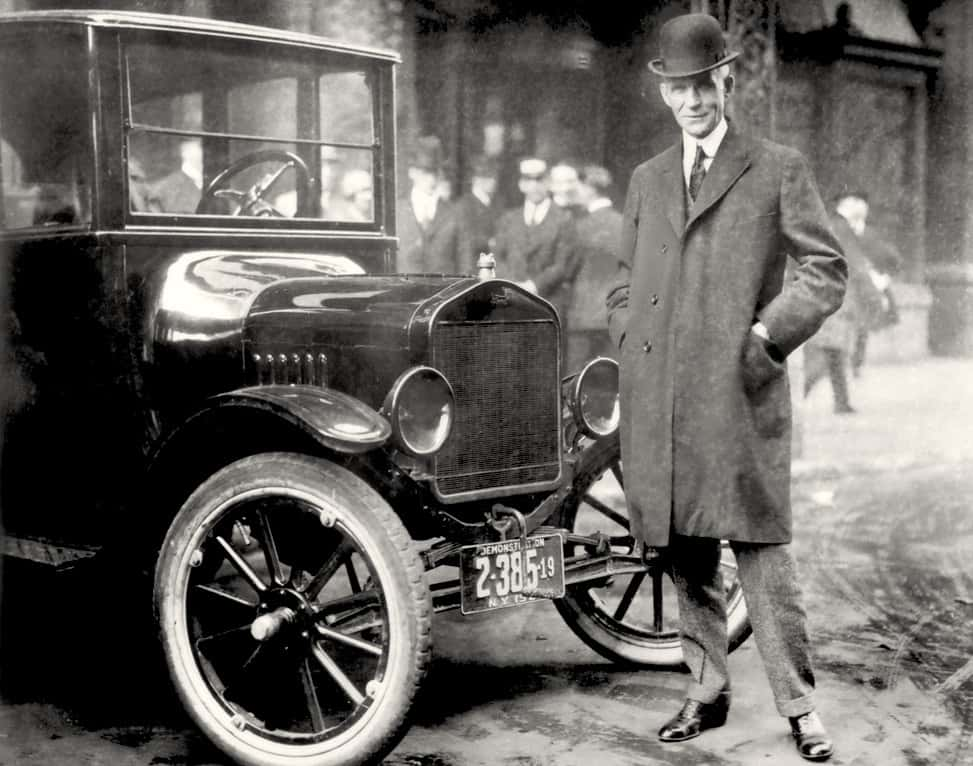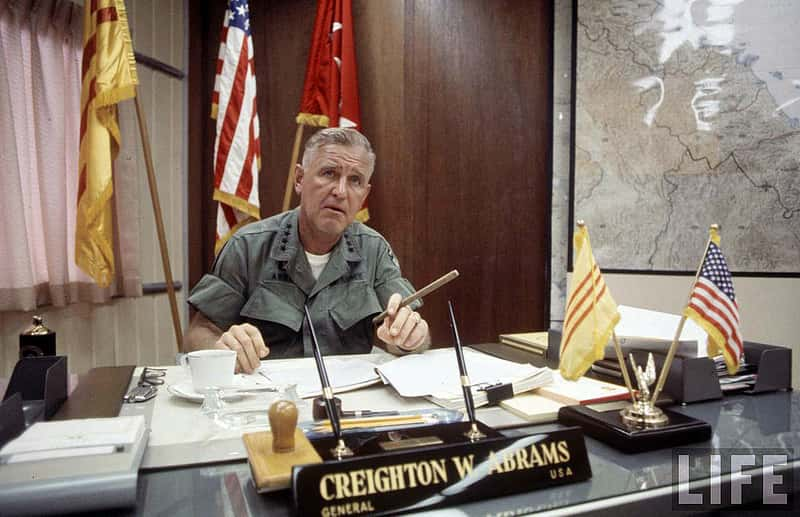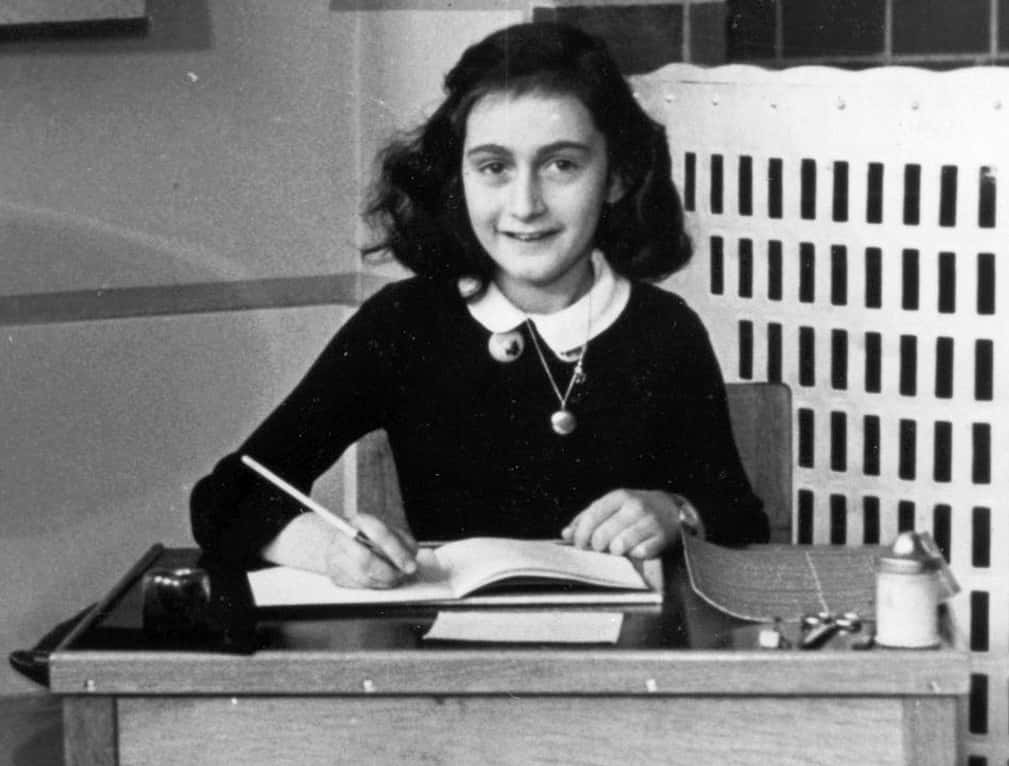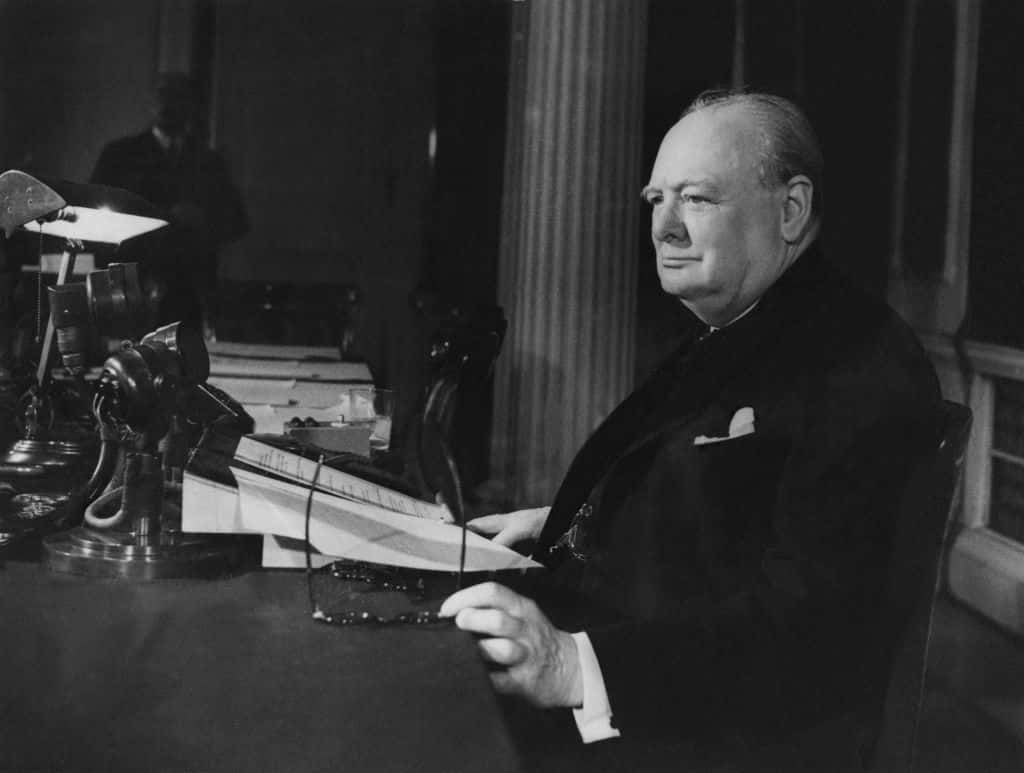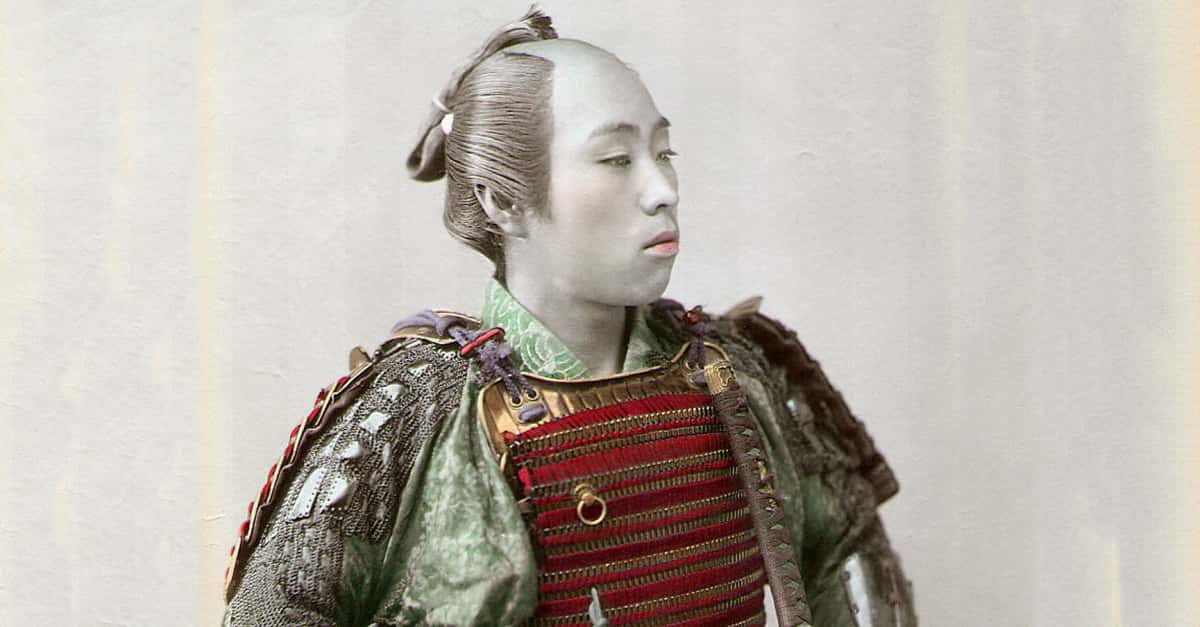We could all stand to learn a few more facts about World War II. It's one of the most pivotal events in human history.
When World War I ended, those that survived called it The Great War. They couldn't imagine another conflict that would bring so much suffering, so much death, to the world. Certainly not for a few centuries...
But of course, we know the truth: World War 2 involved almost every major nation in the world, including every great power. It made the first "Great War" seem positively small-potatoes. In a state of “total war,” participants threw their entire economic, industrial, and scientific capabilities into the effort, erasing the lines between military and civilian. There were mass civilian casualties, most notably systemic genocide of the Jewish people, and the atomic bombings at Hiroshima and Nagasaki. And in the aftermath, WWII's place in history is clear: with an estimated death toll of 50-85 million people, it remains by far the deadliest armed conflict of all-time.
It's a fascinating and terrible chapter in the human story. And with so much to learn, there's almost no-one who knows everything there is to know about this cataclysmic conflict. So, without further ado, here's a few well-researched and interesting facts about World War 2.
World War 2 Facts
1. How Did World War 2 Begin?
After their defeat in World War 1, the Germans (reluctantly) signed the 1919 Treaty of Versailles. It remains a controversial agreement. The terms resulted in Germany losing all overseas territory, ceding land to its neighbors, and suffering restrictions on the size of their army.
Many historians say the resulting economic damage and humiliation was exactly what led to World War II. In their opinion, the severely weakened German morale, along with mass poverty, created a perfect storm for extremism: years later, a certain maniacal tyrant, would use those conditions to convince the rabid German people it was time to go to war again.
The answer is of course, complicated. But for many experts, the beginnings of World War II lie at the end of World War I.
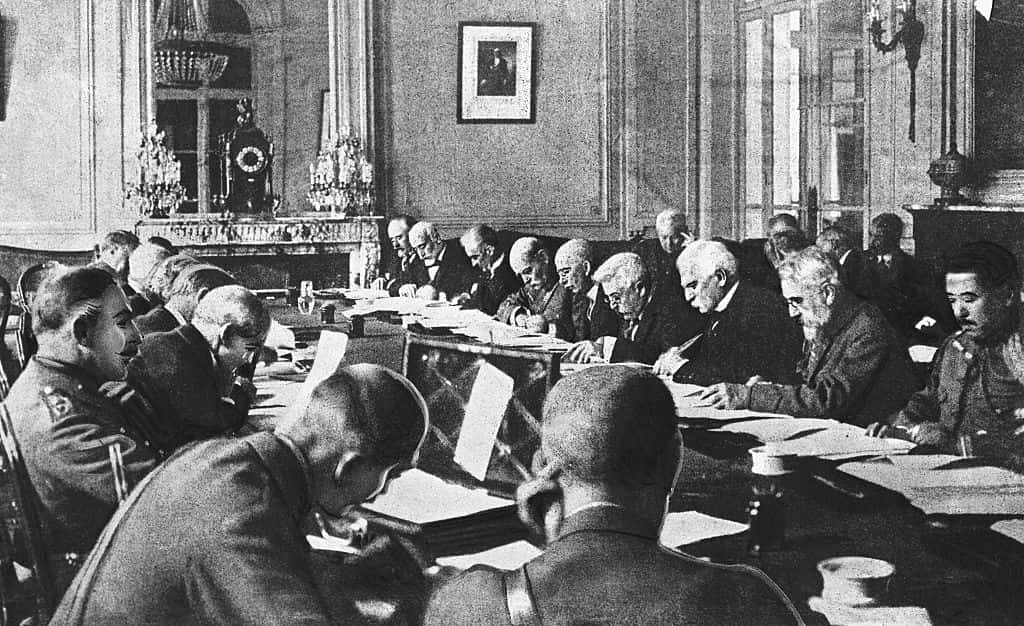
2. What Happened To Poor Poland
On September 1, 1939, German Führer (Supreme leader) Adolf Hitler launched a "surprise" invasion of Poland from the West. Why do we say it was a "surprise"? Because German forces had been assembling on the Polish border for months. There was almost no doubt that German leadership intended to invade eventually.
The aggressive, unwarranted attack on a neutral nation immediately showed Germany's true colors to the rest of Europe. Within days, Britain and France declared war on Germany, and World War II was underway.
3. Britain's First Failure
Neville Chamberlain was Prime Minister of Britain when WWII broke out. And in the eyes of many experts, much of the blame for Germany's early success in the war falls on him.
While Germany didn't attack Poland until 1939, the signs were there for more than a decade that the Germans were ready for war. Over the years, German leadership flagrantly ignored the terms of the Treaty of Versailles (that ended WWI), which, for example, forbid Germany from building its military capabilities. Meanwhile, Chamberlain and his government attempted to avoid war by making Hitler happy—a failed diplomatic strategy known as appeasement.
4. Fake War
Ever heard of The Phoney War? That's the term historians use to refer to the period after the British (and other allies) joined the fight... but before any truly dramatic fighting began.
It was 7-8 months of incredible tension, while both sides began to quietly amass troops. There were a few actions, though. One of them? The British Air Force dropped thousands of propaganda pamphlets over German cities, in the hope of dissuading people from the growing extremism. This campaign is sometimes jokingly referred to as "Mein Pamph".

History's most fascinating stories and darkest secrets, delivered to your inbox daily.
5. Winston Churchill Enters The Fray
Not everyone understands that Winston Churchill, perhaps the most recognizable face of the Second World War, wasn't Britain's leader until about 8 months into the conflict. While the so-called Phony War continued, Churchill served as a member of the opposition to Neville Chamberlain's government...and one of the loudest voices in the world warning that a true World War was incoming.
Then, on 10 May 1940, everything changed. Just hours before German forces blitzed through France, Chamberlain gave in to a flurry of protest and criticism and finally resigned as Prime Minister. In response, King George VI asked Churchill to lead the nation.
6. Blood, Toil, Tears, and Sweat
Although Churchill was now Prime Minister, he was hardly popular with the rest of the Establishment. A political outsider, he'd spent much of his career loudly criticizing his peers.
Quickly, though, Churchill established himself as the perfect leader for the moment. In mere months, he delivered 3 of the most famous speeches in the history of Western civilization, beginning just three days after his appointment as Prime Minister with a speech historians often call Blood, Toil, Tears, and Sweat. The words are inspiring, "We are in the preliminary stage of one of the greatest battles in history...I would say to the House as I said to those who have joined this government: I have nothing to offer but blood, toil, tears, and sweat."
7. The Red Army's Suffering
In case you ever need a reminder of just how cataclysmic the Second World War really was, just look to Soviet Russia.
Eighty percent of all the Russian males born in 1923 died over the course of the war. The reality of that is absolutely staggering. The war eliminated an entire year's worth of children.
And make no mistake, they were essentially children. As Kurt Vonnegut once wrote, “I do not say that children at war do not die like men, if they have to die. To their everlasting honor and our everlasting shame, they do die like men, thus making possible the manly jubilation of patriotic holidays. But they are murdered children all the same.”
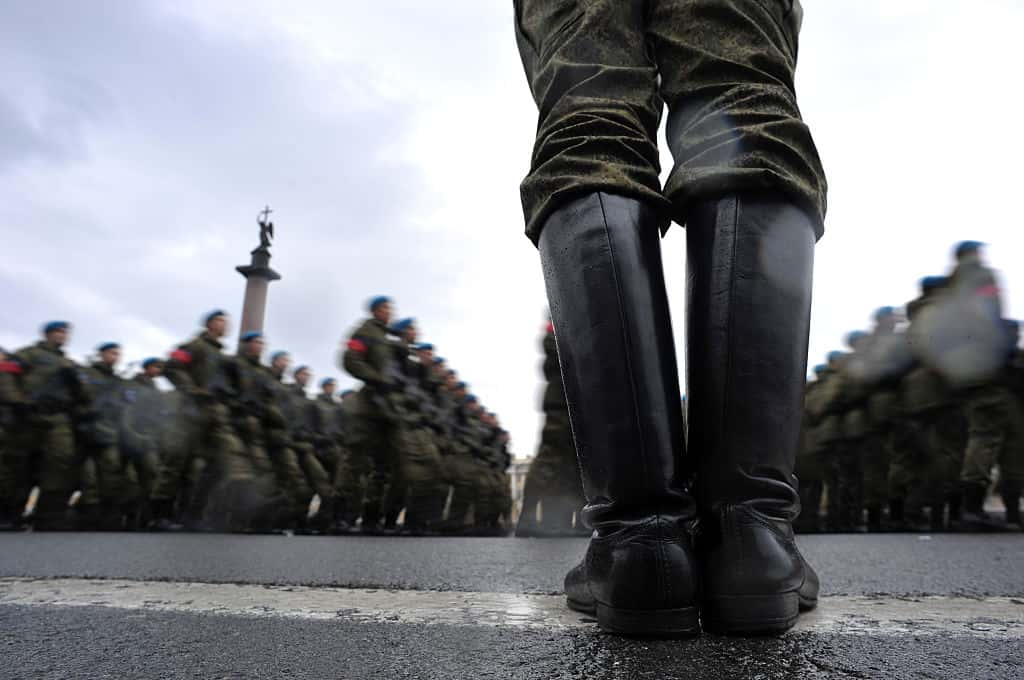
8. Strategic Allied Bombing
Between 1939 and 1945, Allied forces dropped 3.4 million tons of bombs, which is an average of 27,700 tons per month.
It was part of an Allied philosophy known as strategic bombing. Essentially, Allied commanders felt they'd be able to win crucial victories if they were willing to bomb industrial and political targets in enemy territory, rather than strictly military bases and personnel. It's a decision that remains somewhat controversial to this day. On the one hand, anything to defeat a corrupt and evil dictator, right? On the other, though... the strategy did result in more civilian deaths.
Like many of the facts about World War 2, it's complicated.
9. British Royalty
In the final years of the war, a young girl joined the Auxillary Territorial Service of the British Armed Forces. Nothing especially interesting about that, right? Except this particular girl wasn't spending her nights in the unit barracks... she was sleeping in Buckingham Palace.
That's right: Queen Elizabeth II (then Princess Elizabeth) served as a mechanic and driver in World War 2. In doing so she became the first female member of the British Royal family to serve in the armed forces.
Long live the Queen!
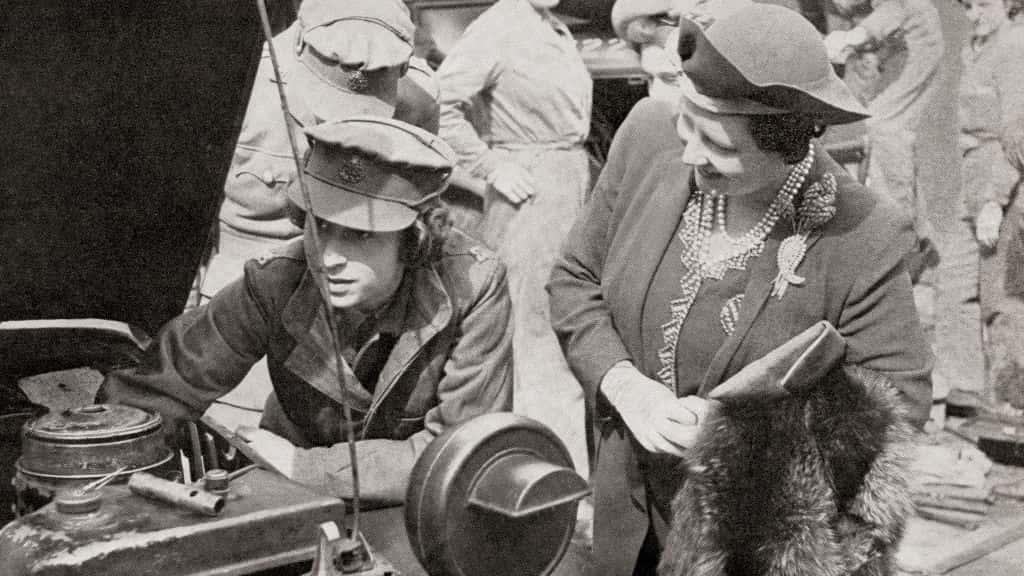
10. World War 2 Goes On…Technically.
Japan and Russia still haven't signed a peace treaty to end the Second World War.
Here's roughly what's going down:
Near the end of the war, the Soviets annexed a few of the Kuril Islands, with the aim of launching aerial operations in the Pacific. A few other allies did so as well. It was a point of contention with Japan...until the Japanese signed a treaty to renounce any claim on the islands. Problem solved, right?
Wrong. Japan now claims that some of the islands in question aren't actually part of the Kuril region at all. Therefore, says Japan, they aren't covered by the treaty. So who is right? Technically speaking, Japan is going back on a treaty... but it wasn't exactly signed in fair circumstances.
As always, politics is complicated.
Kuril Islands

History's most fascinating stories and darkest secrets, delivered to your inbox daily.
11. Atomic Destruction
Under the command of President Harry Truman, US forces dropped atomic bombs on Hiroshima and Nagasaki on August 6 and 9, 1945, respectively. The bombs killed 90,000–146,000 people in Hiroshima and 39,000–80,000 in Nagasaki.
12. Enola Gay and Bock’s Car
The planes that dropped the nuclear bombs were the Enola Gay and Bock’s Car. The latter was named after Frederick Bock, the plane’s commander.
It's also a pretty fantastic pun.
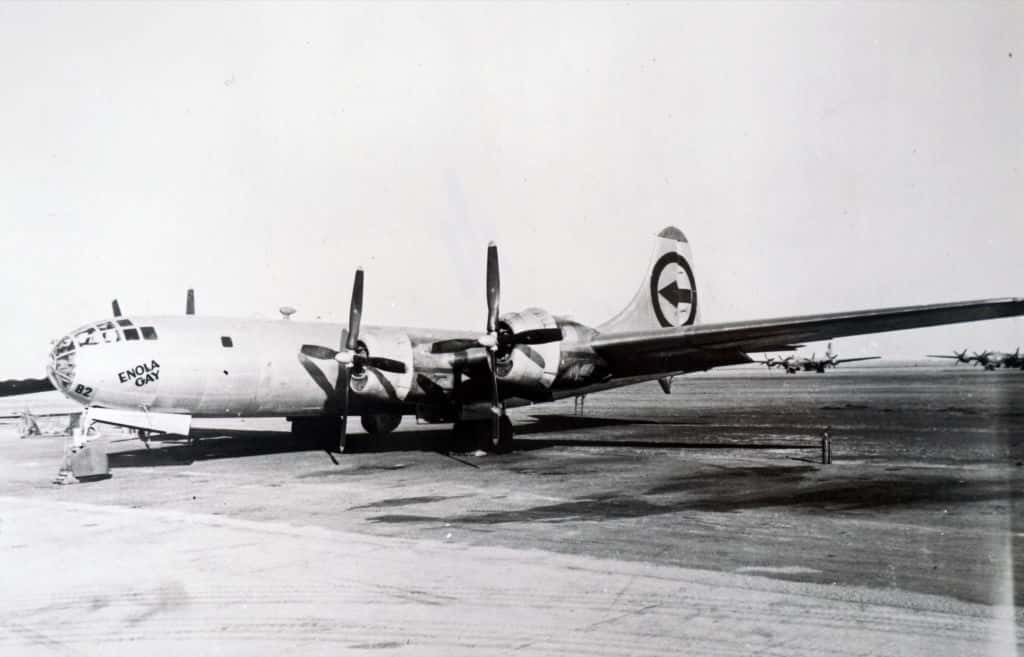
13. Fresh Out
If it was necessary to drop a third atomic bomb on Japan, the target would have been Tokyo. Luckily, the Japanese surrendered.
Oh, and there may have been another reason it didn't happen: The Americans actually didn’t have any more bombs to drop. Which is not exactly shocking. It took years for the Manhatten Project, under the direction of scientist J. Robert Oppenheimer, to produce the two bombs necessary for the original attack. it's not exactly like nuclear weapons were standard military equipment.
14. World War 2 Stories Can Be Devastating
Imagine the odds of being struck by lightning twice. Pretty rare. I'm sure if that happened to you, you'd think you must have been cursed by some sort of vindictive witch.
So imagine the confusion and suffering of Tsutomu Yamaguchi, a Japanese man who survived the bombing of Hiroshima... only to move to Nagasaki and experience that bombing as well.
The torment he must have experienced is beyond belief.
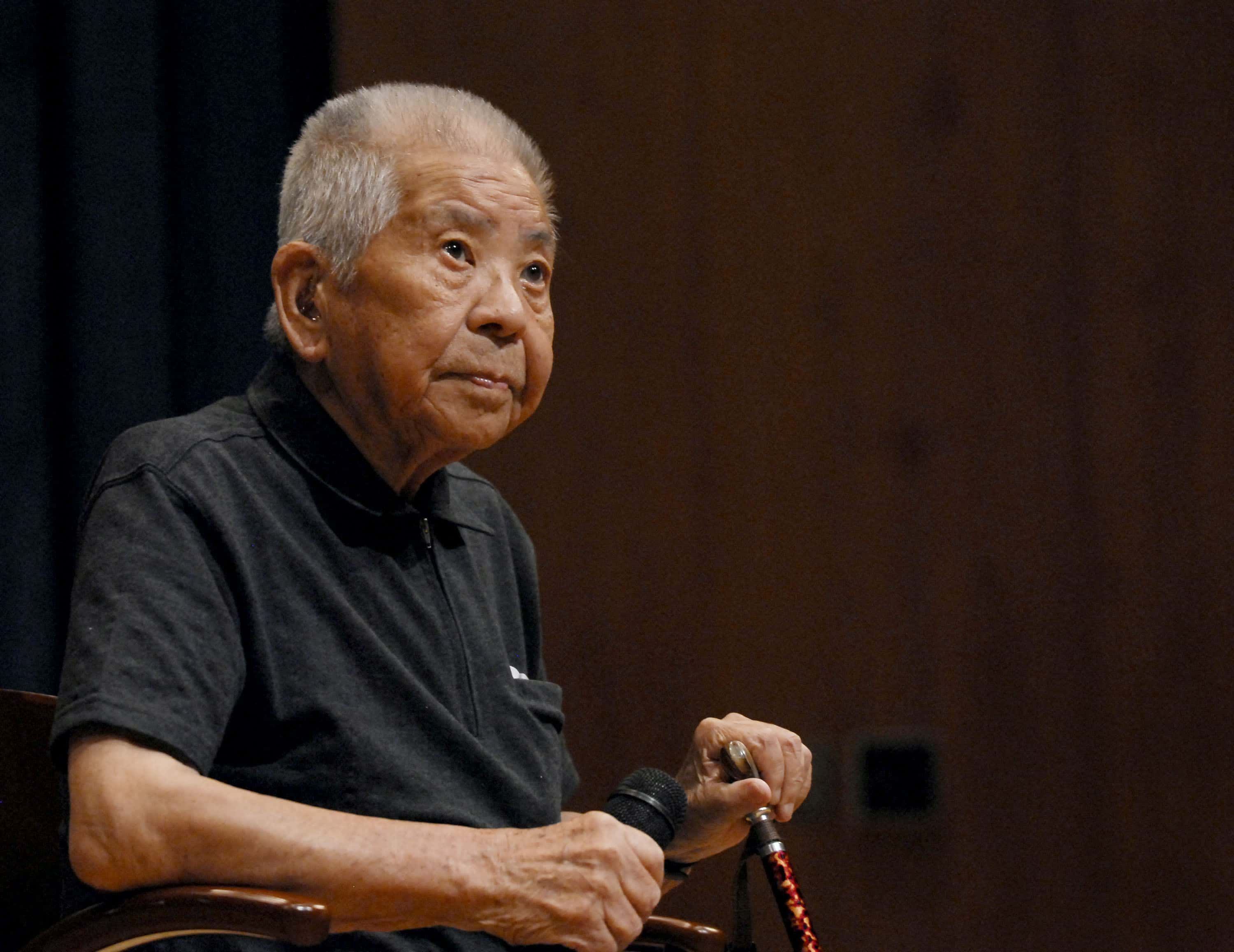
15. Survivors
WW2 Flight Sergeant Nicholas Alkemade was obviously a badass: I mean, he was a pilot during a World War, for Pete's sake. In terms of risk to your personal safety, that's like taking a bath with 7 plugged-in toasters in the tub.
But Alkemade wasn't just your typical awesome pilot: he also survived a fall from 18,000 feet (5,500 m) without a parachute. His injuries? He suffered only a sprained leg.
We all thought that Wolverine was a fictional character... but we must have been wrong. Turns who he was a Flight Sergeant in World War 2.
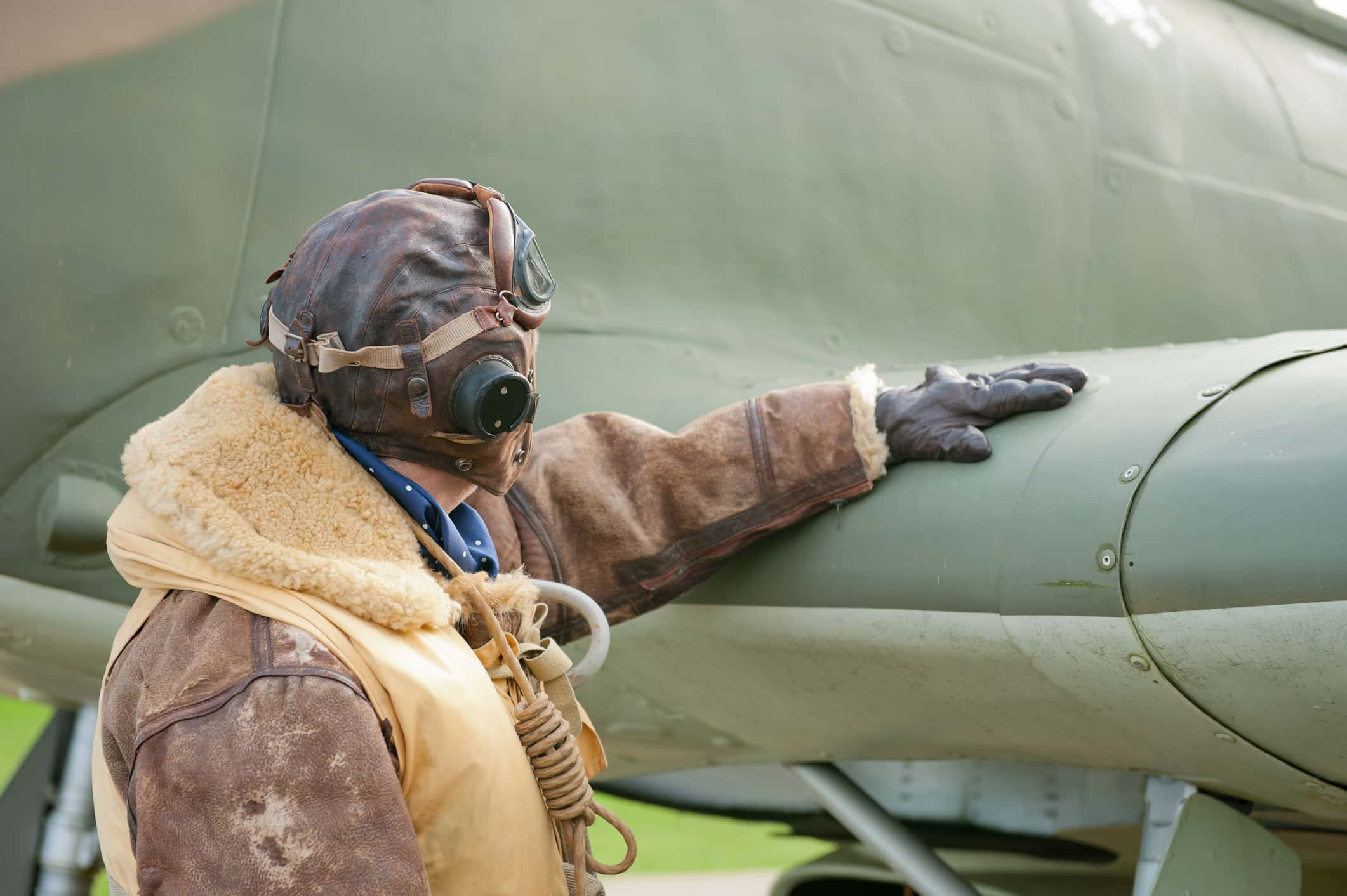
16. Battle Of The Bulge
The Battle of the Bulge, the last major German offensive campaign of World War 2, was one of the deadliest conflicts for American soldiers during the war. It cost the lives of an estimated 19,000 Americans.

History's most fascinating stories and darkest secrets, delivered to your inbox daily.
17. Nasos Much
Well before the Second World War broke out, the original abbreviation of the National Socialist Party was Nasos.
The word “Nazi” comes from a Bavarian word, meaning “simple-minded”. It was a simple insult, but the label stuck... and today it's an even more derogatory term than ever. And in a way, it still means simple-minded.
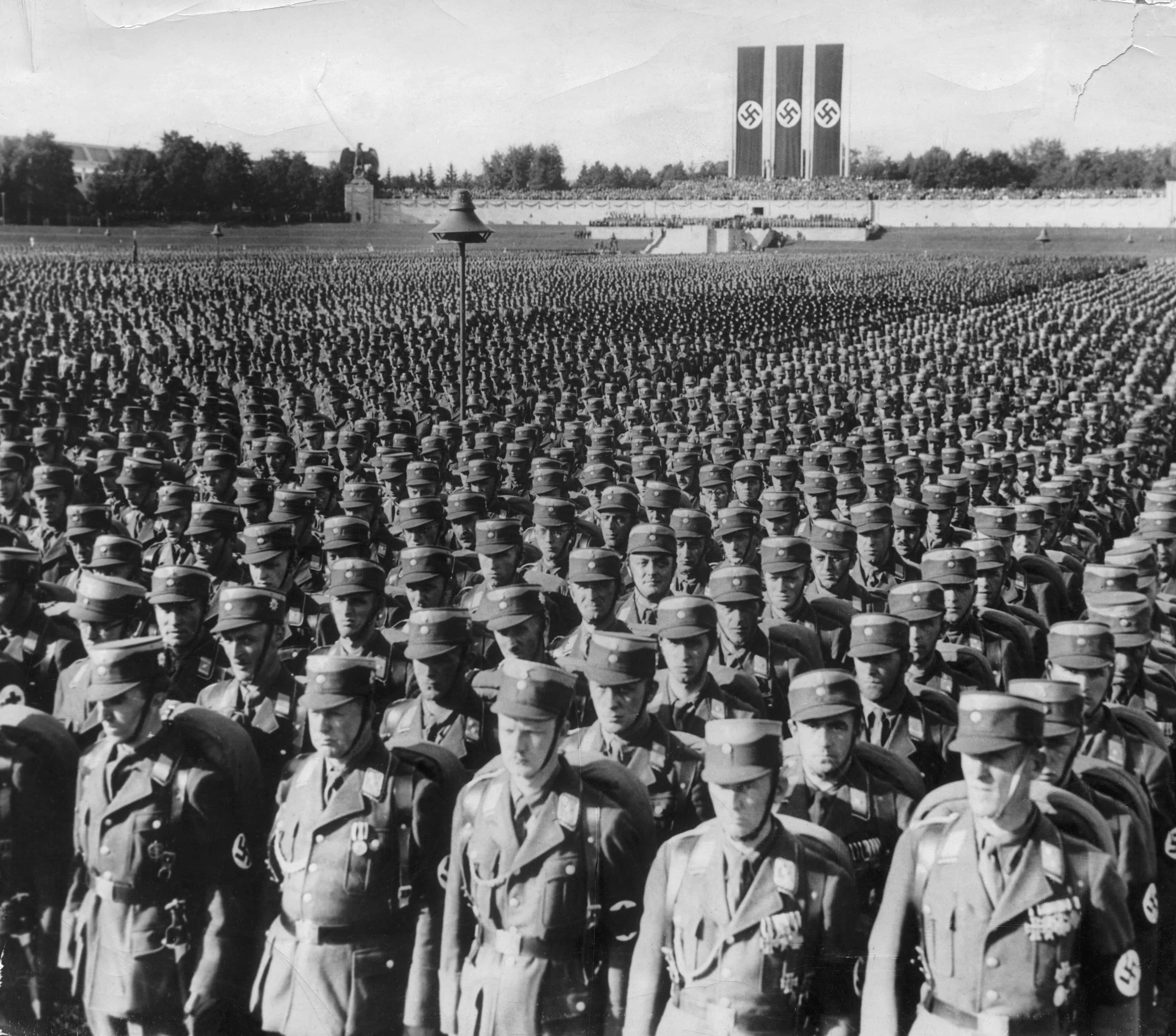
18. The Battle Of The Atlantic
The Battle of the Atlantic was the longest battle of the war. It lasted as long as World War II itself—from 1939 to 1945.
The Battle of the Atlantic pitted U-boats and warships of the Kriegsmarine (German navy) and aircraft of the Luftwaffe (German Air Force) against the Royal Canadian Navy, Royal Navy, the United States Navy, and Allied merchant shipping.
19. Inglorious
Approximately 600,000 Jews served in the United States armed forces during WWII. More than 35,000 of those Jews were killed, wounded, captured, or otherwise went missing. Approximately 8,000 died in combat.
Meanwhile, only two Jewish soldiers were awarded the Medal of Honor for the service during the Second World War.
20. Unforgivable
This is perhaps the most horrifying of World War 2 facts:
The war-time German government was directly responsible for the murder of over 12 million people... with 6 million of those being Jews who were killed during the Holocaust.
The cruelty and callousness are difficult to stomach. One can only wonder how such inhuman practices were embraced by so many. It took a staggering number of people to conduct a genocide—both active participants and inactive bystanders. Still, it's worth learning about, thinking about, and investigating.
We can never forget.
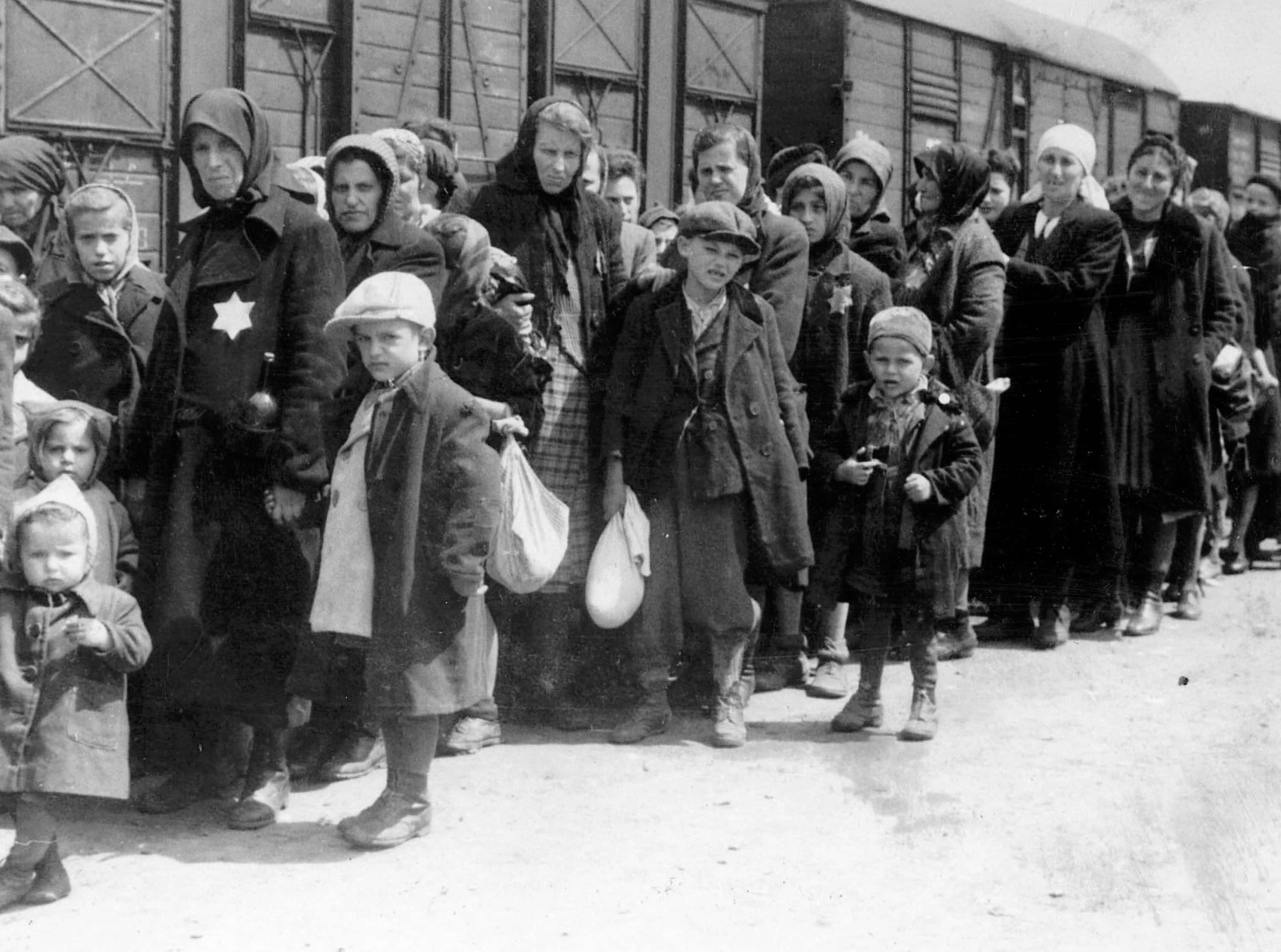 GettyImages
GettyImages
21. Significant Meaning
No doubt you've heard the word hundreds of times, but you might not know what it means: “Holocaust” means “whole burnt.” It's a term that was used to describe the whole-scale murder of a group of people for centuries... although today, of course, it is most often associated with the plight of the Jewish people during World War 2.
There's some debate though: because the term was originally used by Jewish people (before the war) to describe a sacrifice to God, some people feel it's inappropriate as a description of such a brutal genocide. As a result, many people -particularly in Israel- prefer the term Shoah.
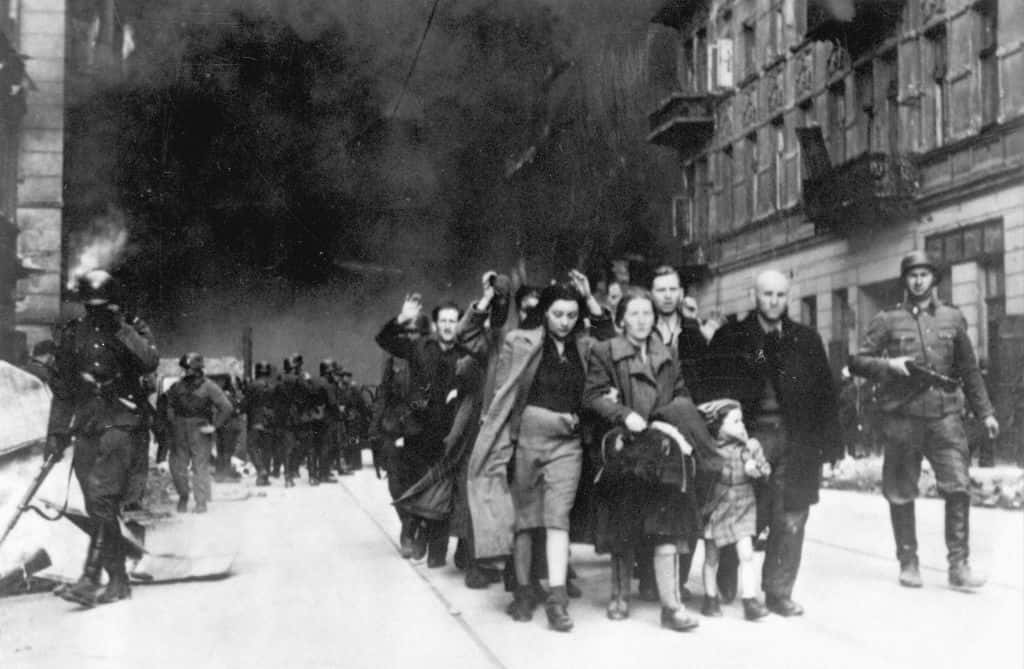
22. The Tides Of War
In WW2, the U.S. and New Zealand secretly tested 3,700 "tsunami bombs", designed to destroy coastal cities.

History's most fascinating stories and darkest secrets, delivered to your inbox daily.
23. Protecting Human Life
The calamity of the Holocaust shows just how dark human nature to be. Thankfully, in the face of such appalling hatred, there are also a host of stories that show just how loving human beings can be.
One such story is that of Si Kaddour Benghabrit, rector of the Grand Mosque of Paris during World War 2. While persecution of the Jewish people continued to escalate around him, Benghabrit helped people to escape the Nazi by providing safe passage, shelter, and falsified Muslim birth certificates.
What a hero.
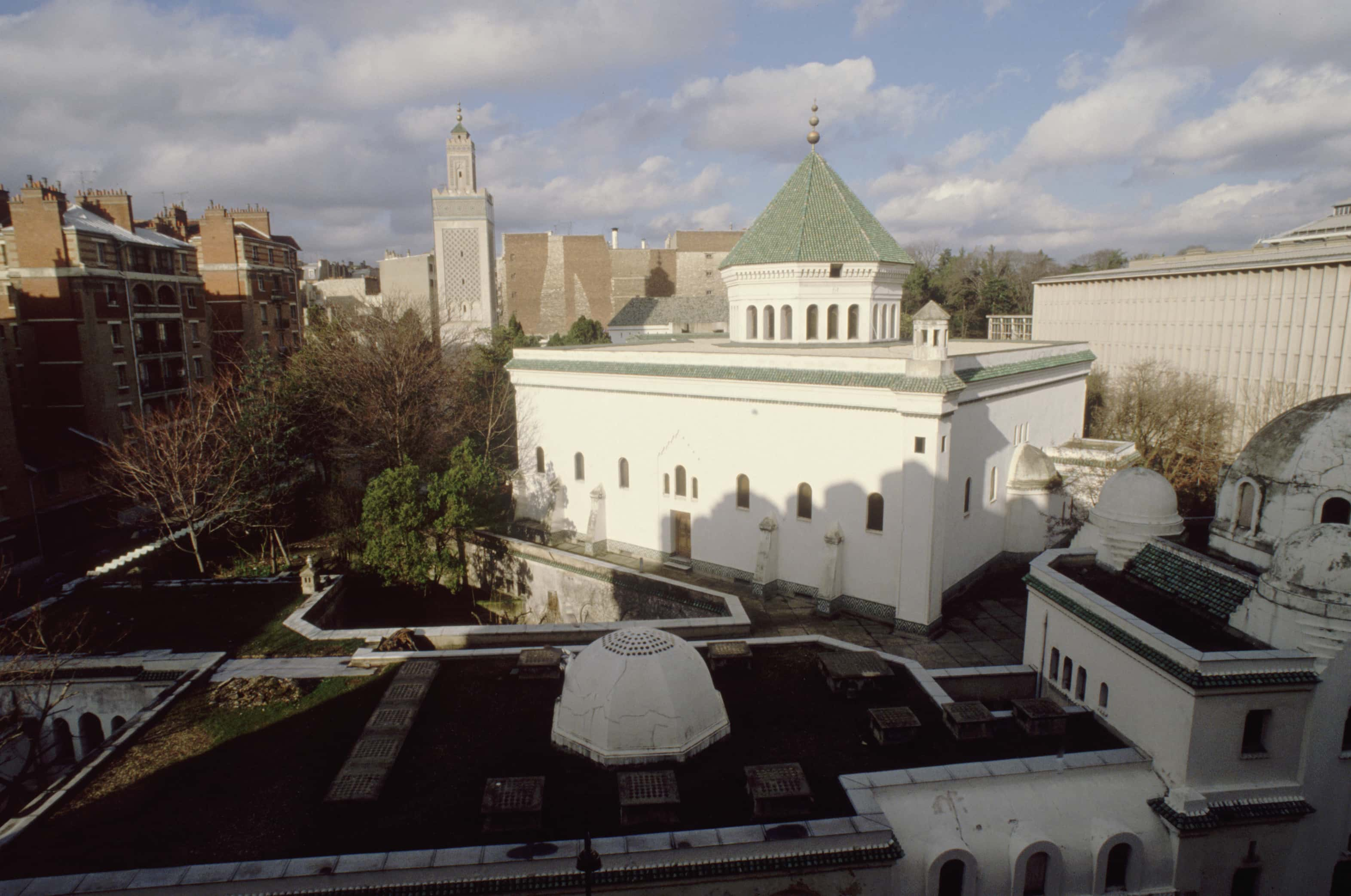
24. Japan’s Refugees
Despite other dubious activities during WW2, Japan did have one stand-out achievement: they earned a reputation as a refuge and safe-haven from the Holocaust. In 1938, Japanese leadership made the decision not to expel Jewish people from the country. Jewish war refugees made their way through the border harassed. Japanese authorities rejected the resulting German protests.
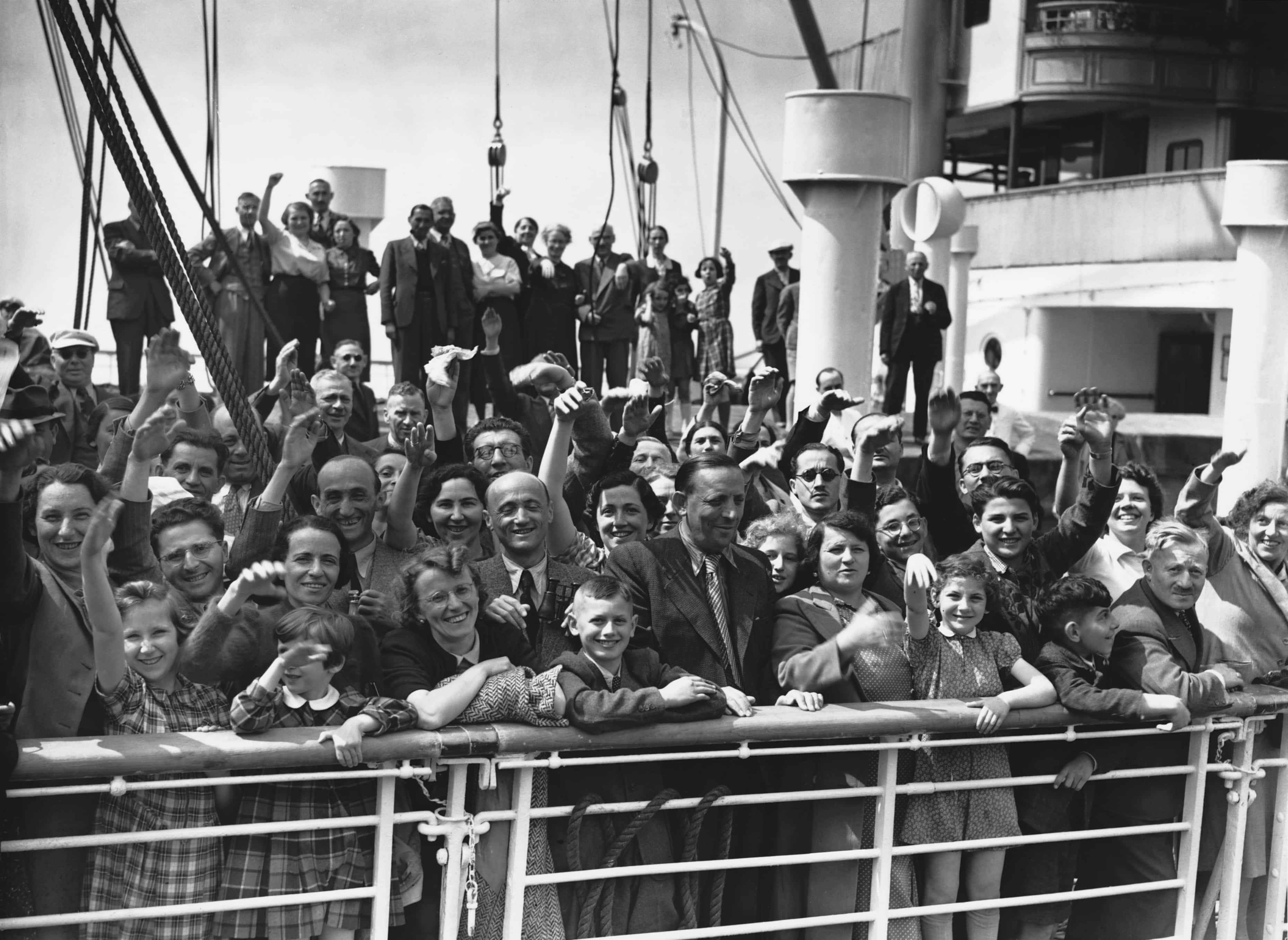
25. The Spy Who Got Medals
Spaniard double agent Joan Pujol Garcia had the rare distinction of receiving an Iron Cross from the Germans and an MBE from the British during WW2. It's one of the world's greatest feats of espionage.
26. Poor Problem-Solving
The architect of “The Final Solution” was Heinrich Himmler. He made the decision to follow-through with the horrific plan at the 1942 Wannsee Conference in Berlin.
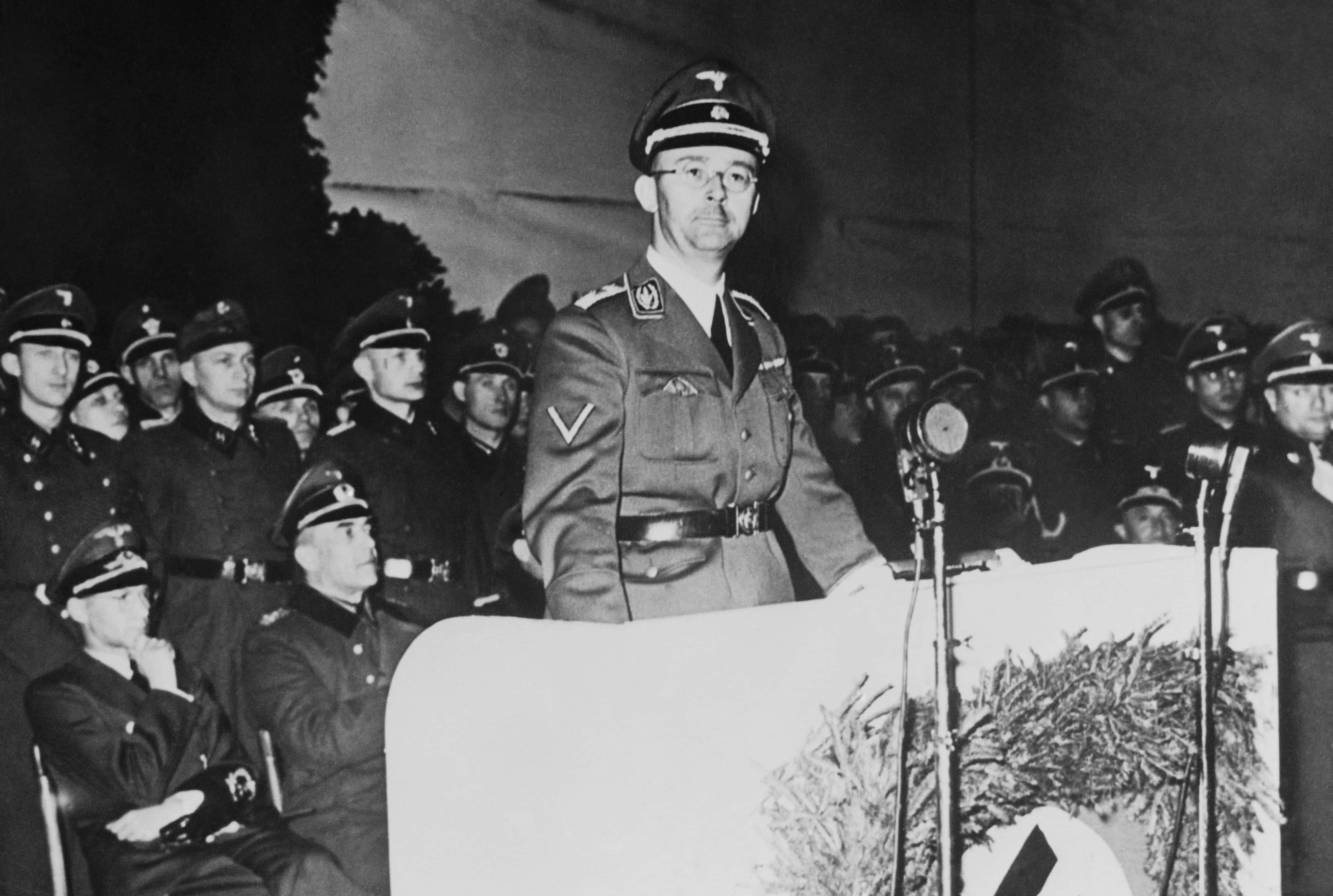
27. Germany's Alternate Solution
Before deciding to kill all the Jews, one of the proposed “solutions” was to send all German-born Jews to Madagascar. However, studies conducted by National Socialist leadership showed that Madgascar simply would not have been big enough and, furthermore, access was blocked by a British naval blockade.
28.Tzar Nicholas Had Some Awful Ideas
The earliest use of the phrase “Final solution to the Jewish problem” was actually used in an 1899 memo to Russian Tzar Nicholas about Zionism.
Turns out Stalin wasn't the only Soviet leader with absolutely horrific ideas.
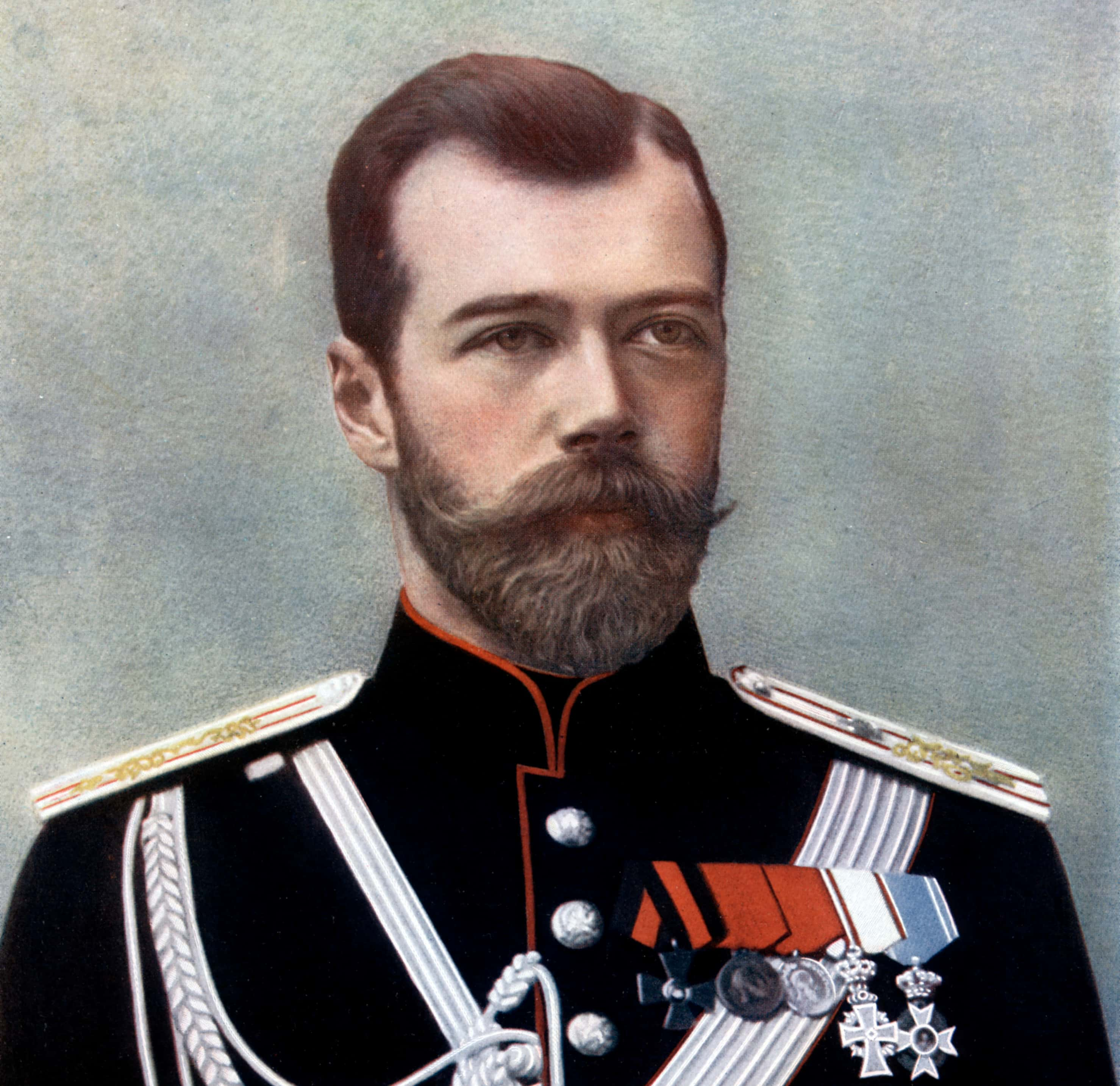 GettyImages
GettyImages

History's most fascinating stories and darkest secrets, delivered to your inbox daily.
29. Navajo Code Talkers
From 1942 onwards, the US Marines in the Pacific used the Navajo language as their secret code. Over 400 Navajo Indians (Code Talkers) trained to use the code, and the Japanese never figured it out.
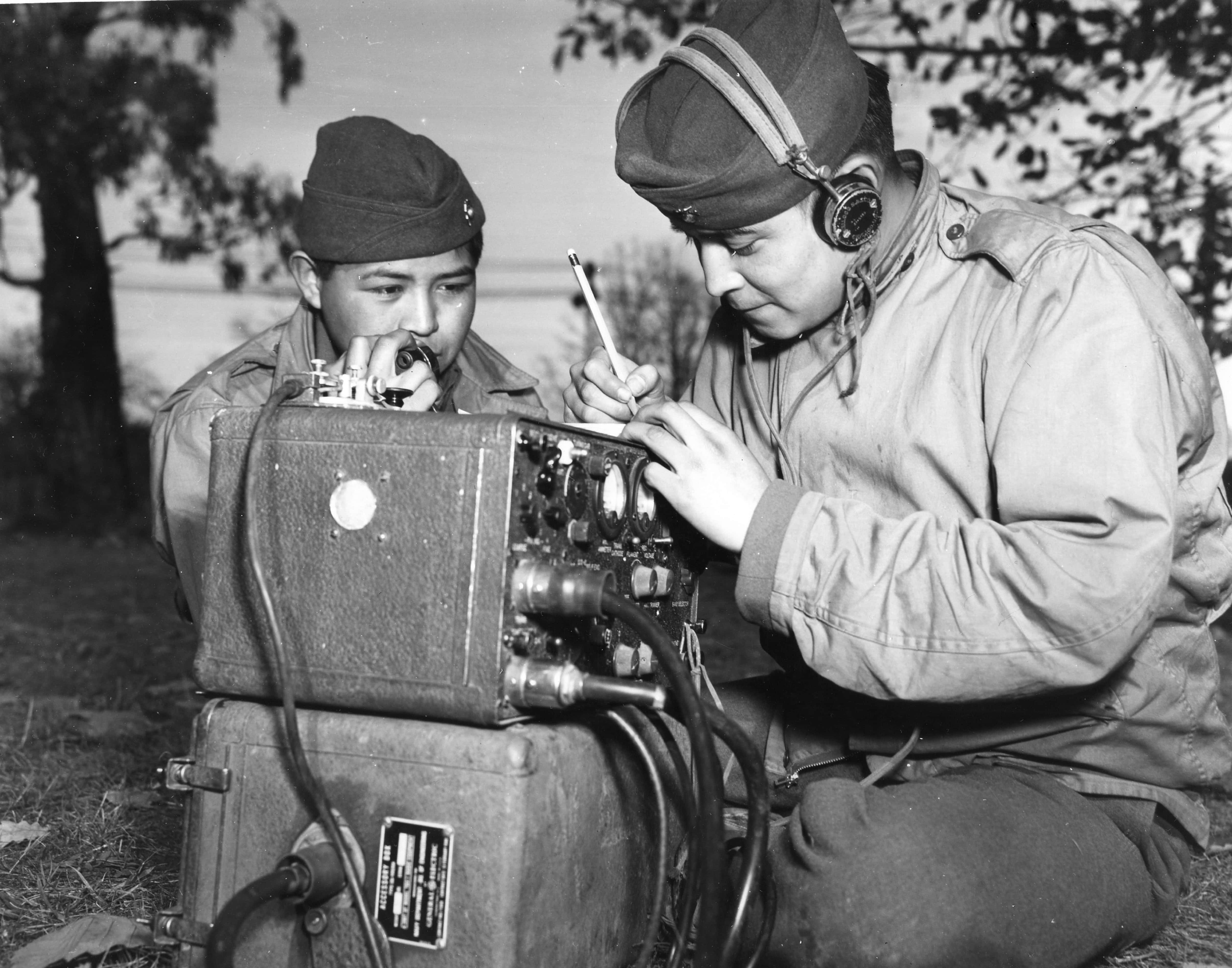
30. The Horrors Of The End
After liberating the Bergen-Belsen concentration camp, at the end of World War II, Allied forces burned the entire facility down to prevent the spread of typhus.
 Wikimedia Commons Imagine the horror they saw.
Wikimedia Commons Imagine the horror they saw.
31. (Fake) Typhus In Poland
Speaking of typhus (which is a phrase you never want to say)...
During WW2, two Polish doctors saved 8,000 Jews from the Holocaust by faking a typhus epidemic. German armed forces, afraid of spreading the disease, chose not to enter their town.
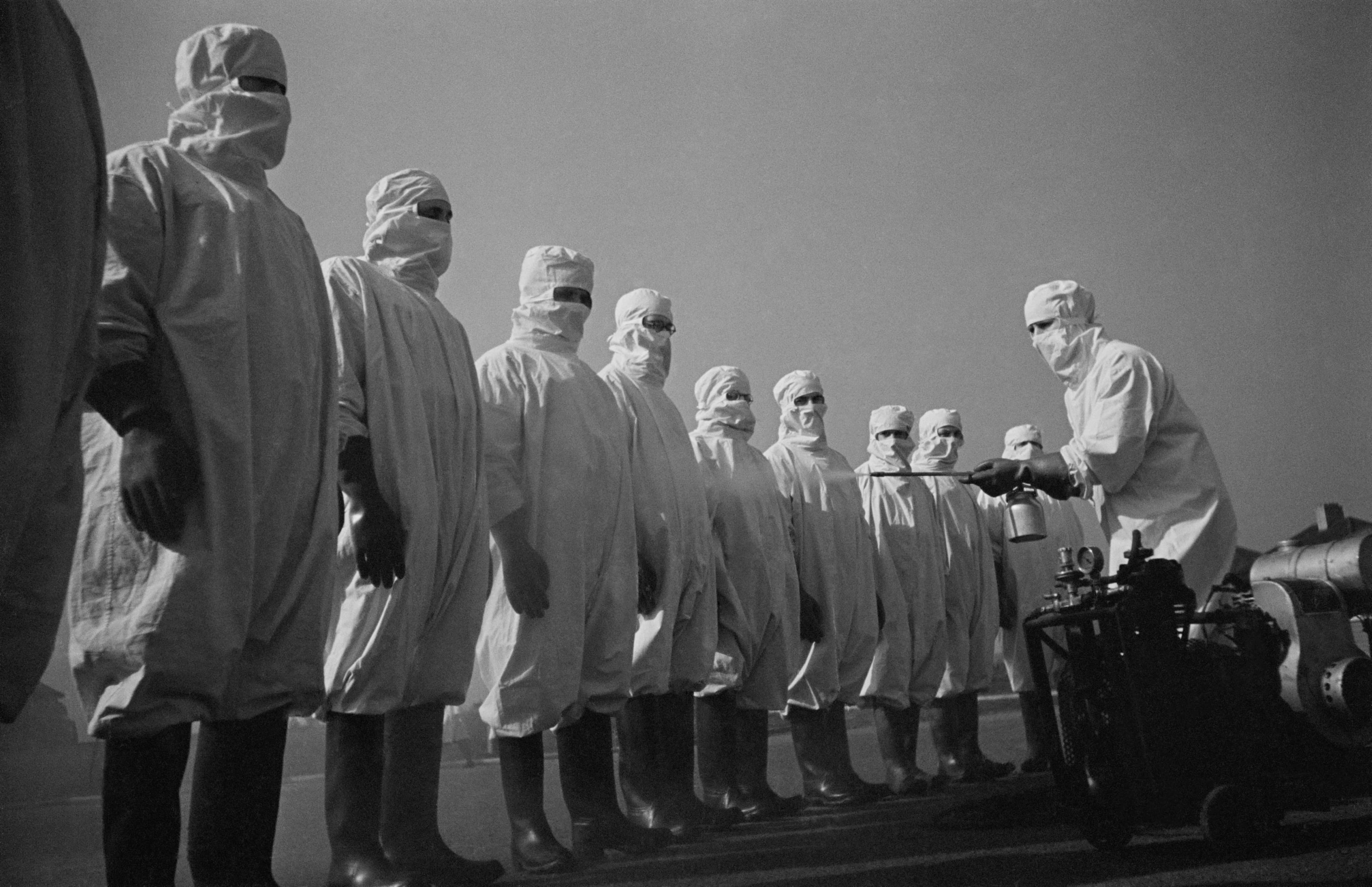
32. Roosevelt's Ride
Following the attack at Pearl Harbor, a spooked President Roosevelt requested a bulletproof car. Understandable.
One problem though: World Wars tend to stretch a nation's budget. The federal wallet was a little light. As such, the US Treasury Department requestioned just $750 for Roosevelt's new ride.
So to save money, Roosevelt's staff made the decision to re-use an already existing car. The one they chose? Al Capone's old limousine, which was sitting on a government lot collecting dust, since it was seized as part of Capone's arrest.
33. Allied Forces Come Too Late
Even after the Allied forces liberated the concentration camp prisoners, many were beyond help.
For example, 13,000 prisoners in Bergen-Belsen died after being saved.
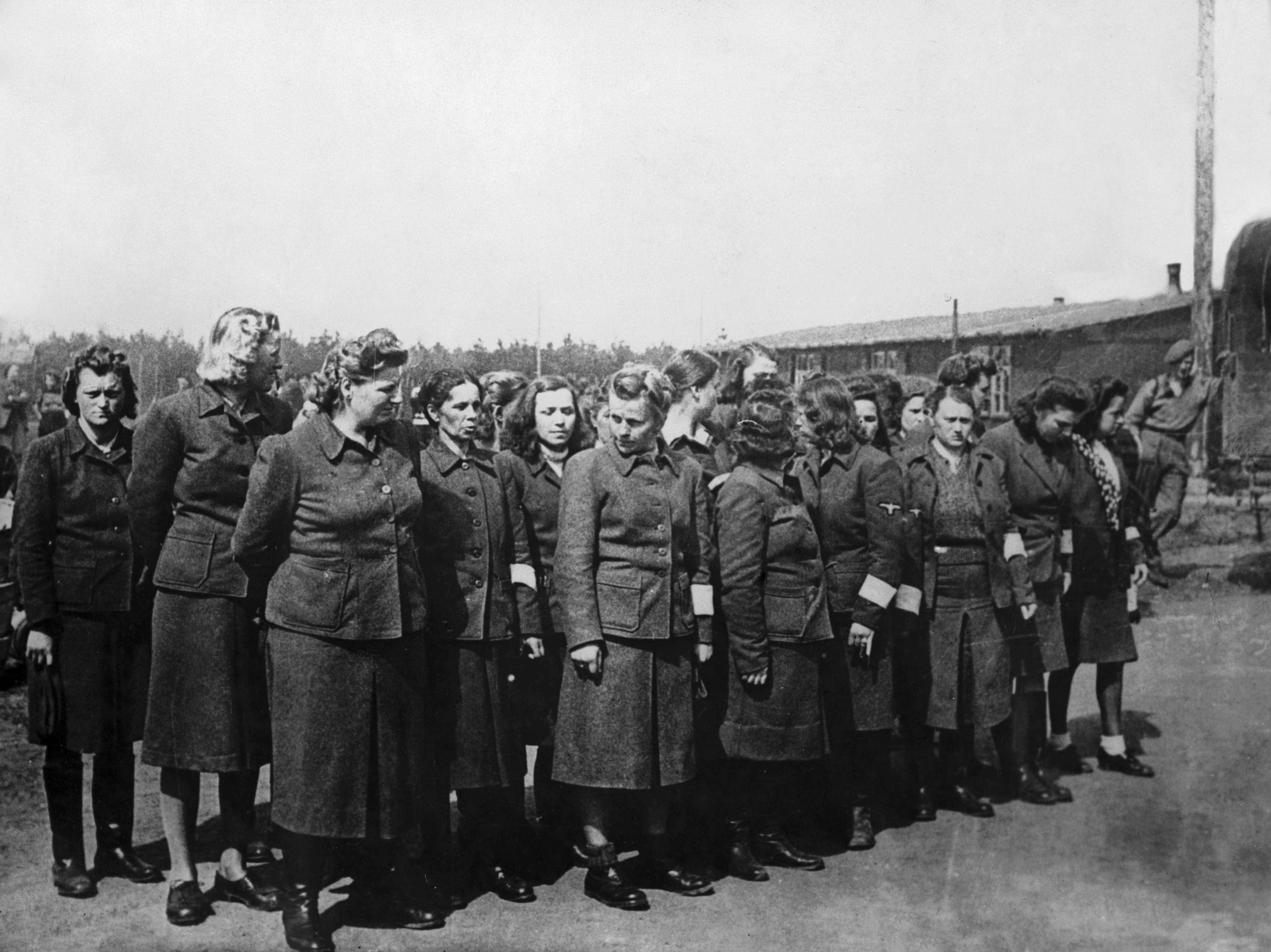
34. Nazi Experiments
Many of the Jewish prisoners were used for horrible medical experiments, including bombarding testicles and ovaries with x-rays to see when sterility occurred, breaking bones to see how many times they could be broken before they no longer healed, and amputating limbs for testing transplantation.
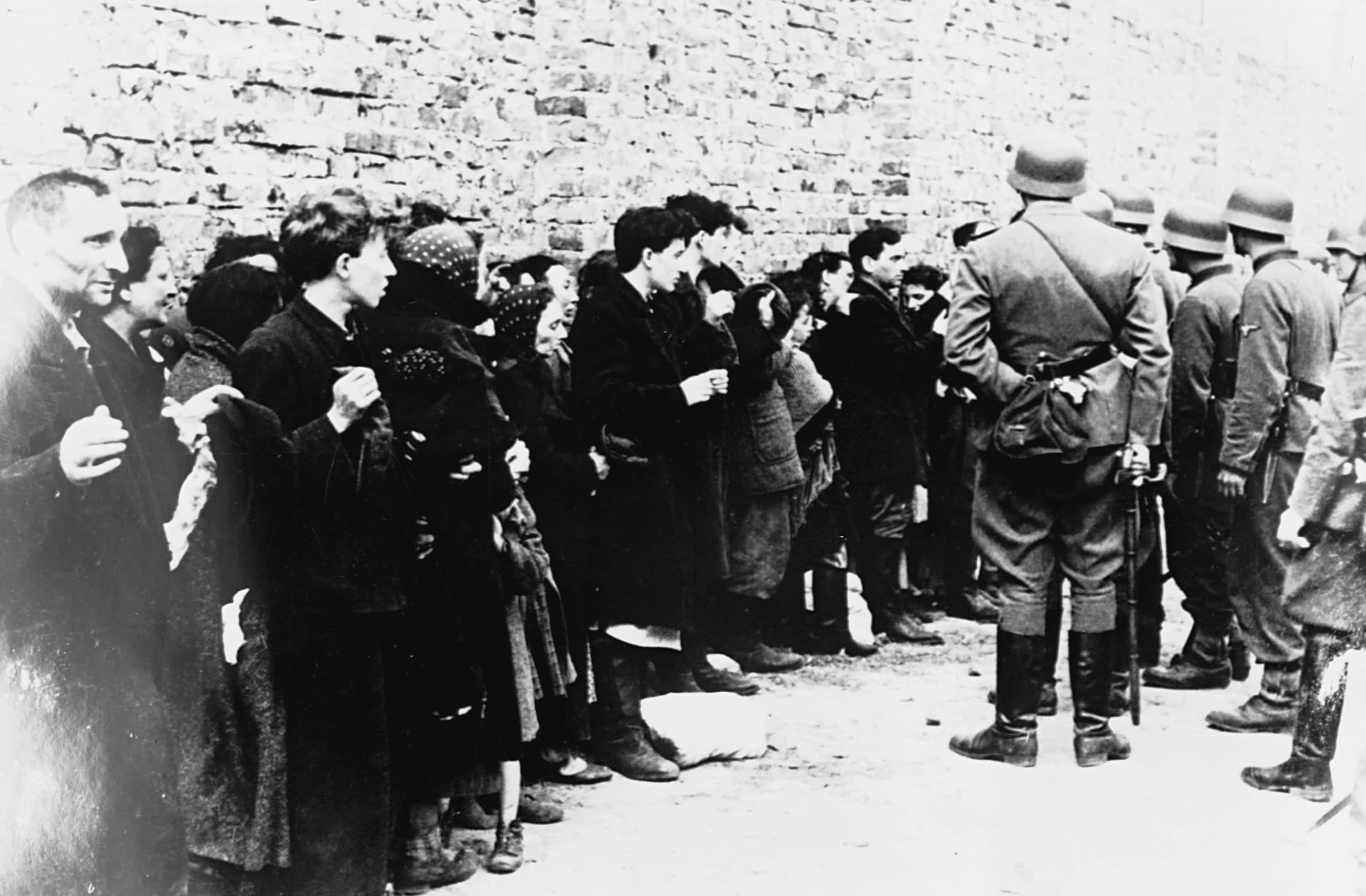

History's most fascinating stories and darkest secrets, delivered to your inbox daily.
35. Josef Mengele
Dr. Josef Mengele performed many terrible experiments using twins. Of over 3,000 twins he used as test subjects, only 200 survived.
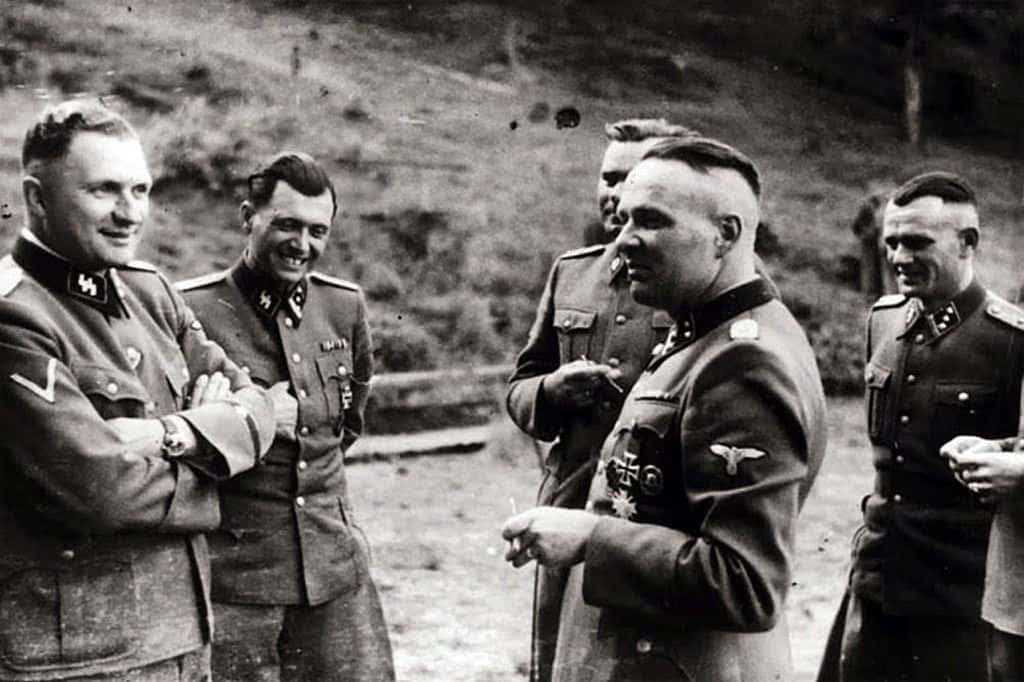 GettyImages
GettyImages
36. The Original Meaning Of The Swastika
The swastika is an ancient religious symbol derived from the Sanskrit name for a hooked cross, which was used by ancient civilizations as a symbol of fertility and good fortune.
As with many of their symbols and customs, the National Socialists simply co-opted an existing signifier and bent it to their own cruel intentions.
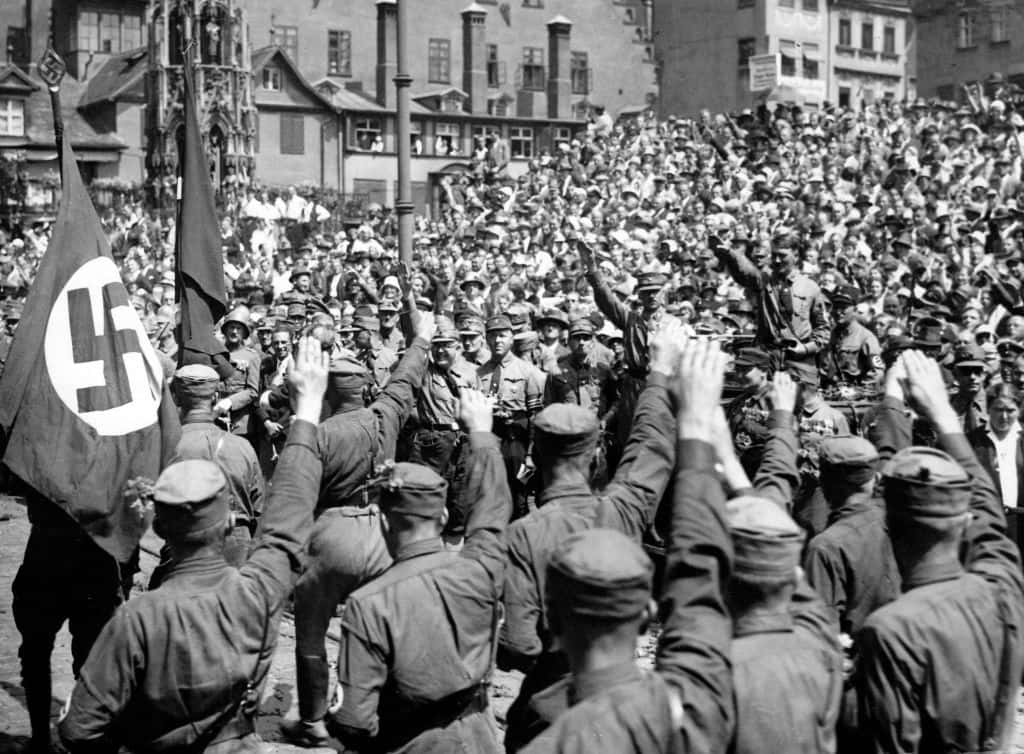 GettyImages
GettyImages
37. Nazi Symbolism
The swastika flag was designed by the Fuhrer himself.
The red was meant to represent the social idea of Nazism, the white represented nationalism, and the black Swastika represented the struggle of the Aryan man.
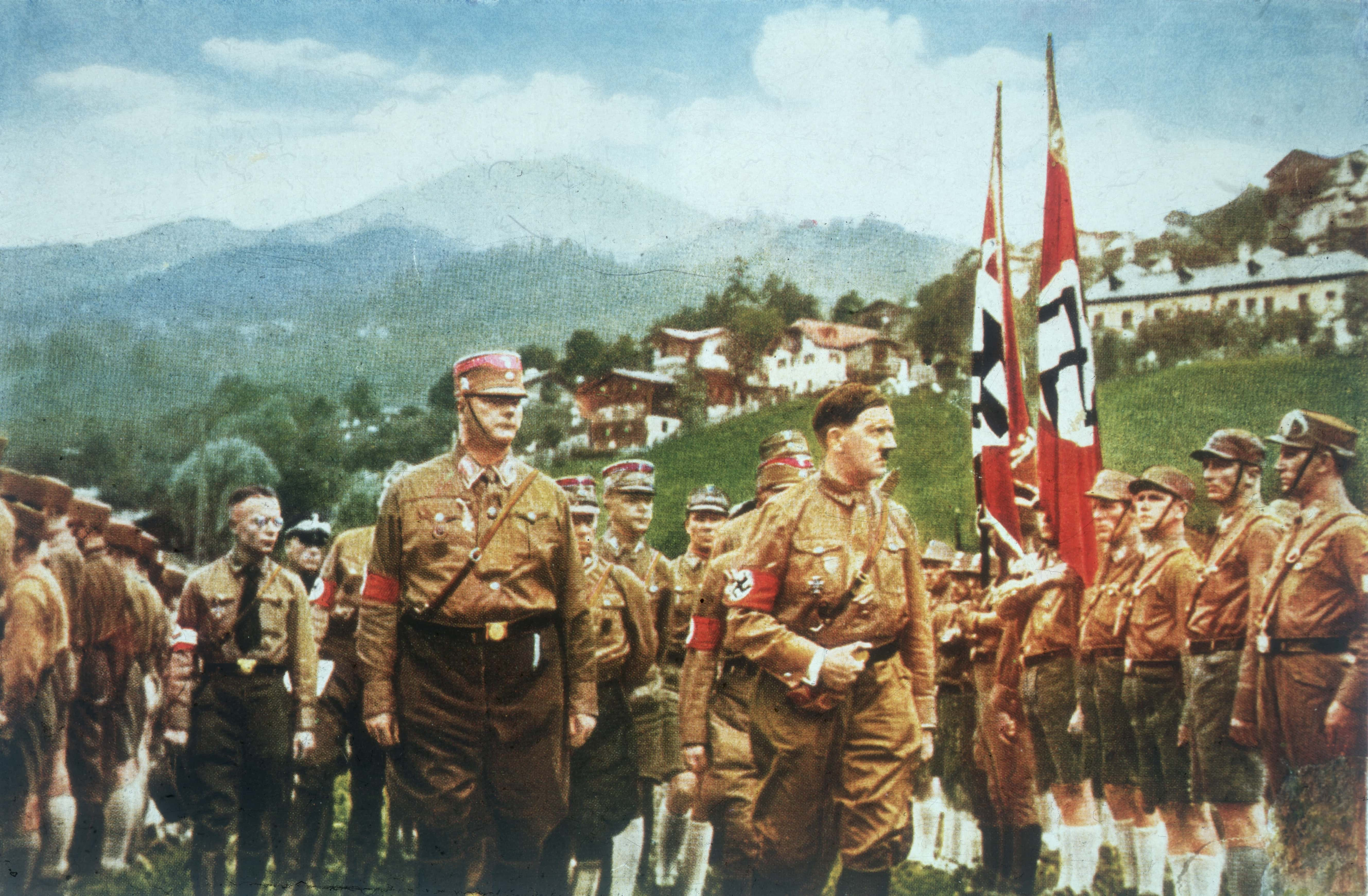
38. Japan's Creative Weaponry
During WWII, Japanese launched “wind ship weapons": paper and rubberized silk balloons that carried incendiary and anti-personnel bombs to the US.
Reaching as far as Michigan, more than 1,000 balloons hit their targets. Only 6 Americans were killed, though: a group that were on a picnic in Oregon.
Still, those deaths served as a jolting reminder for the American public that the war wasn't too far away.
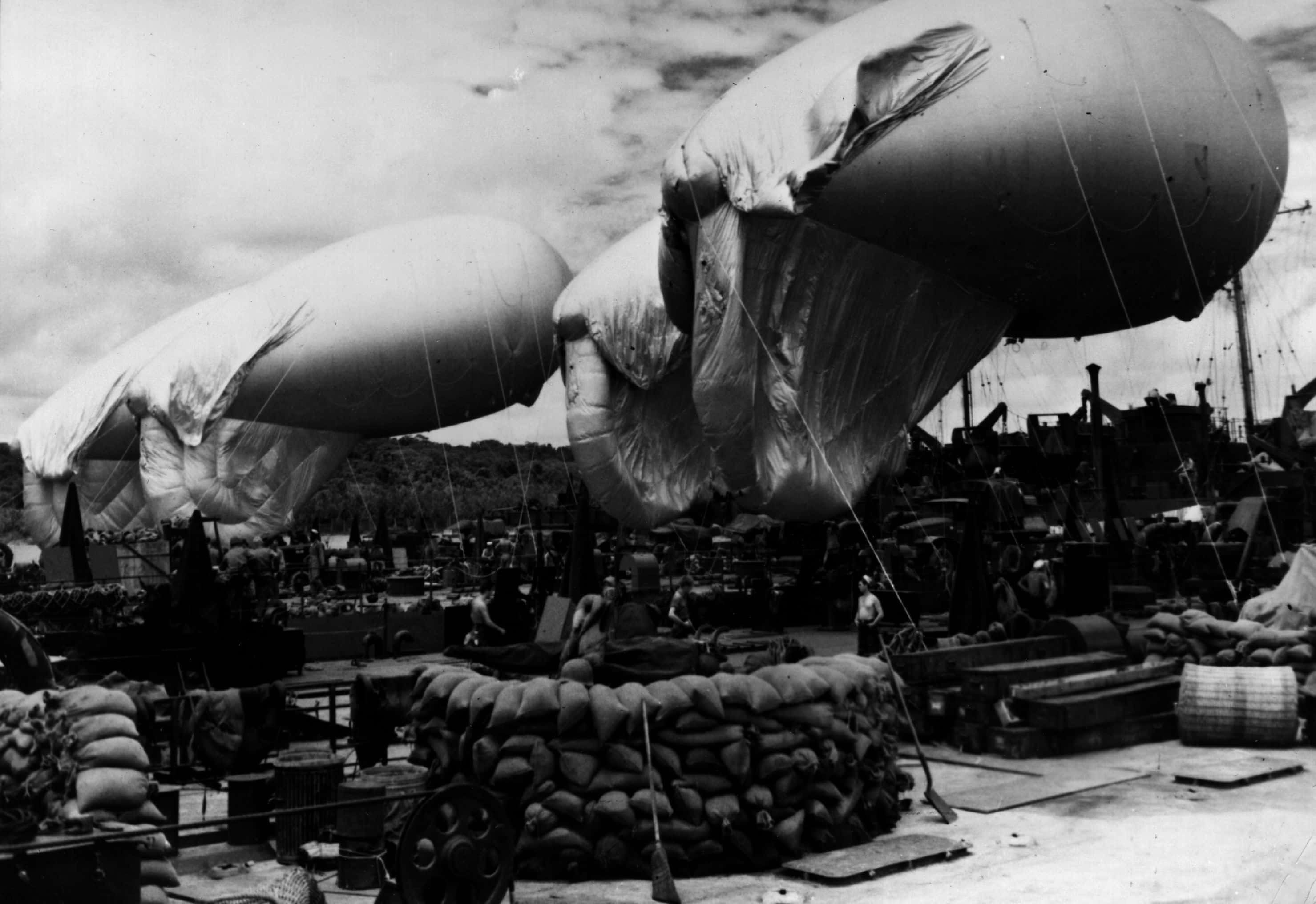
39. British Balloons
Getting in on the balloon game, the British used balloons as part of their air defense. Before air raids, they would send up balloons, setting up a network of steel cables. This forced bombers to fly high in order to avoid being entangled, which reduced their accuracy.
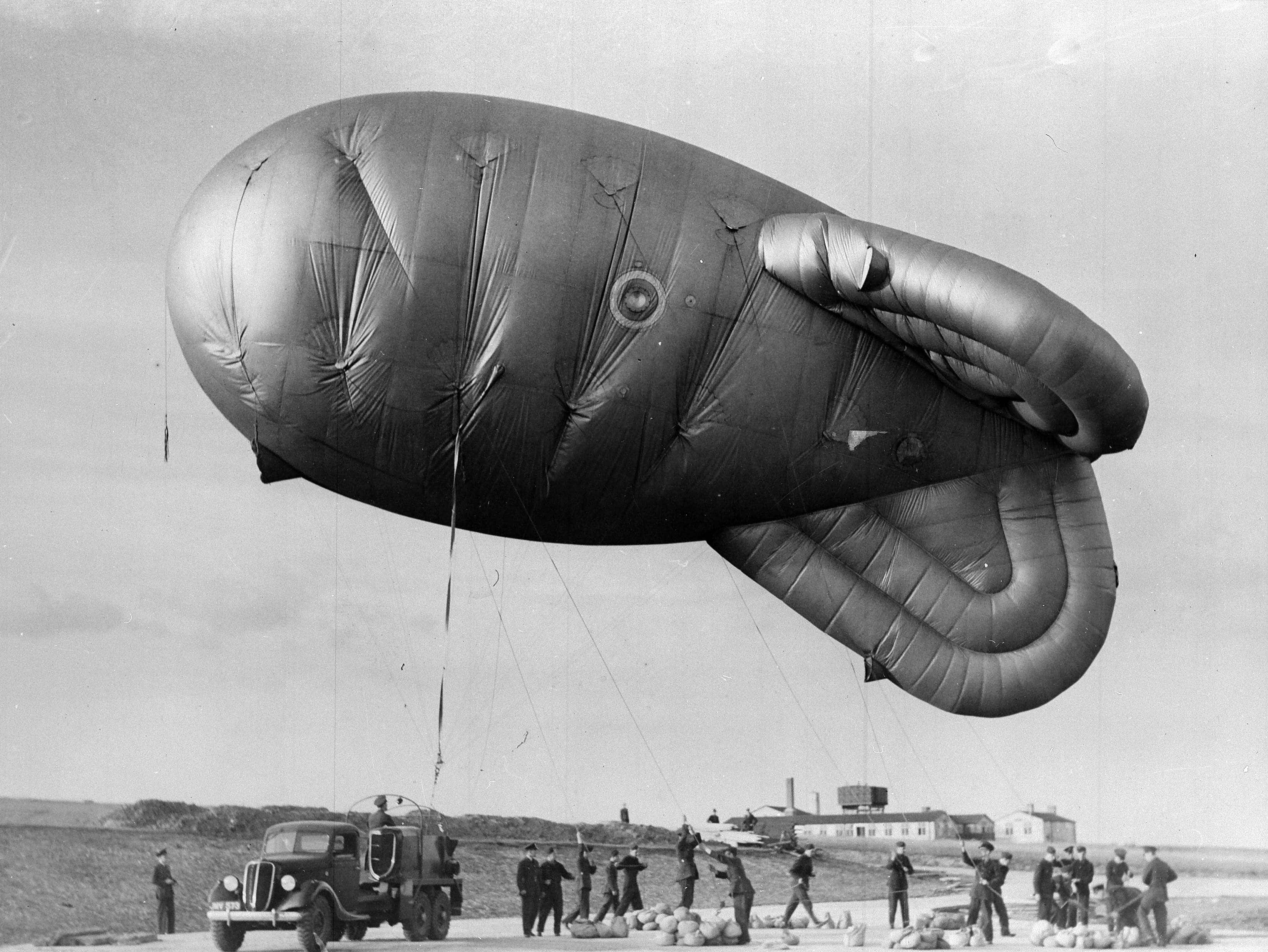
40. Horror Museum
In the case that their genocide of the Jewish people was fully carried out, the German high-command had a plan. They intended to collect thousands of Jewish artifacts, in order to build a "Museum of An Extinct Race" after the war was won.
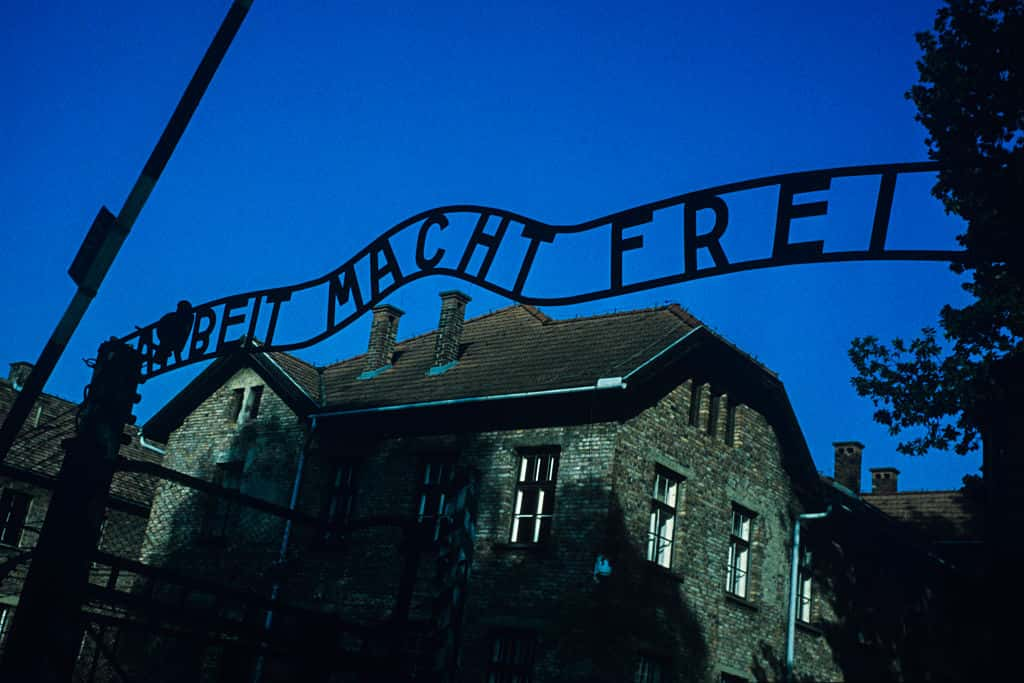

History's most fascinating stories and darkest secrets, delivered to your inbox daily.
41. What The Germans Had Planned For Moscow
The official German plan for Moscow, should they succeed in taking it, was to kill all surviving residents and cover the decimated city with an artificial lake.
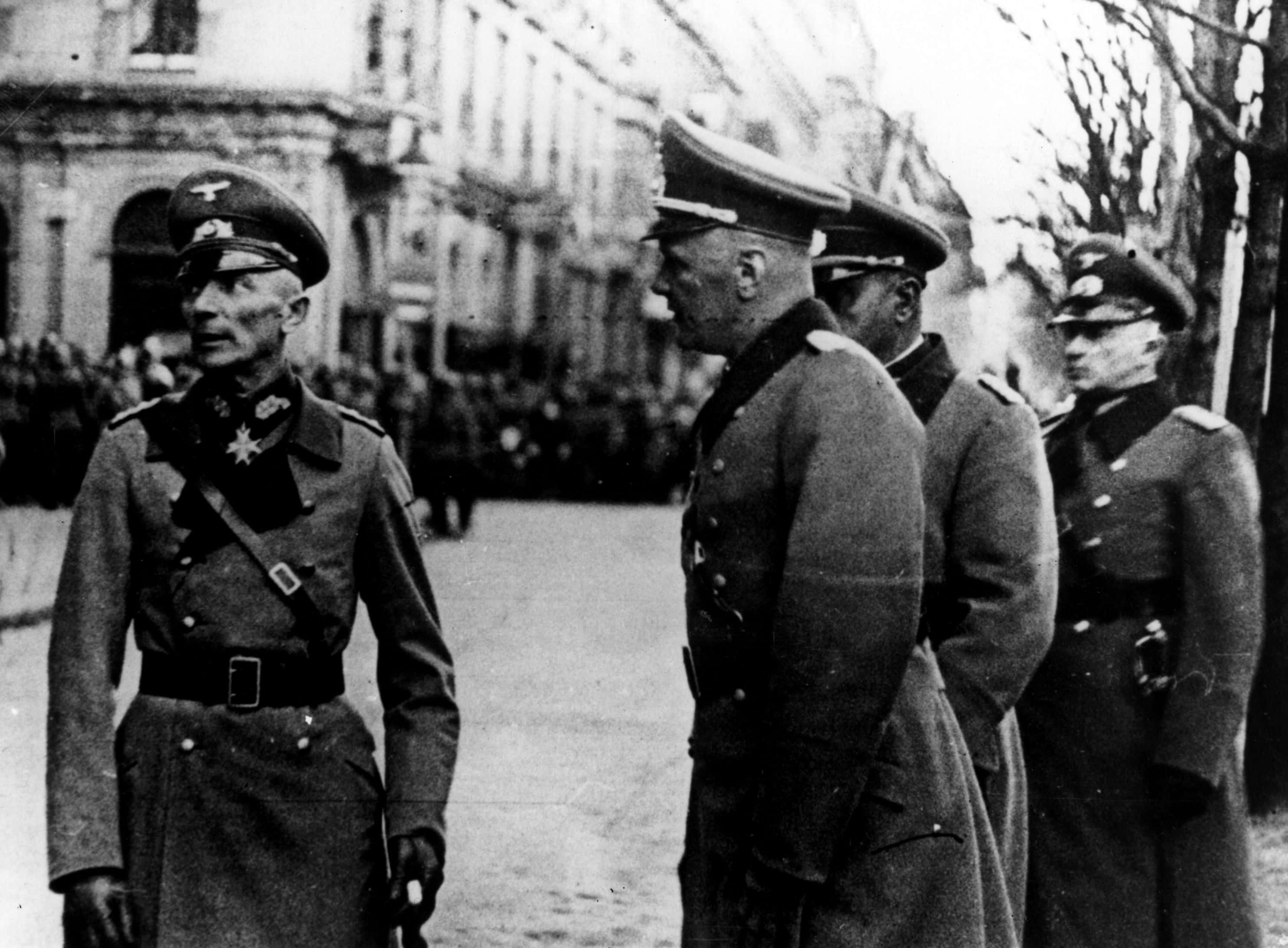
42. Suicide Squad
The Kamikaze attack, suggested by Vice-Admiral Onishi in 1944, was meant to combat the superior technological advantage that the Americans had.
It was a bold strategy, only made practical by the fanatical devotion of many Japanese troops to the cause of the Empire. This was partly due to the Japanese "Bushido" tradition. Bushido taught that death or suicide was preferable before surrender or capture.
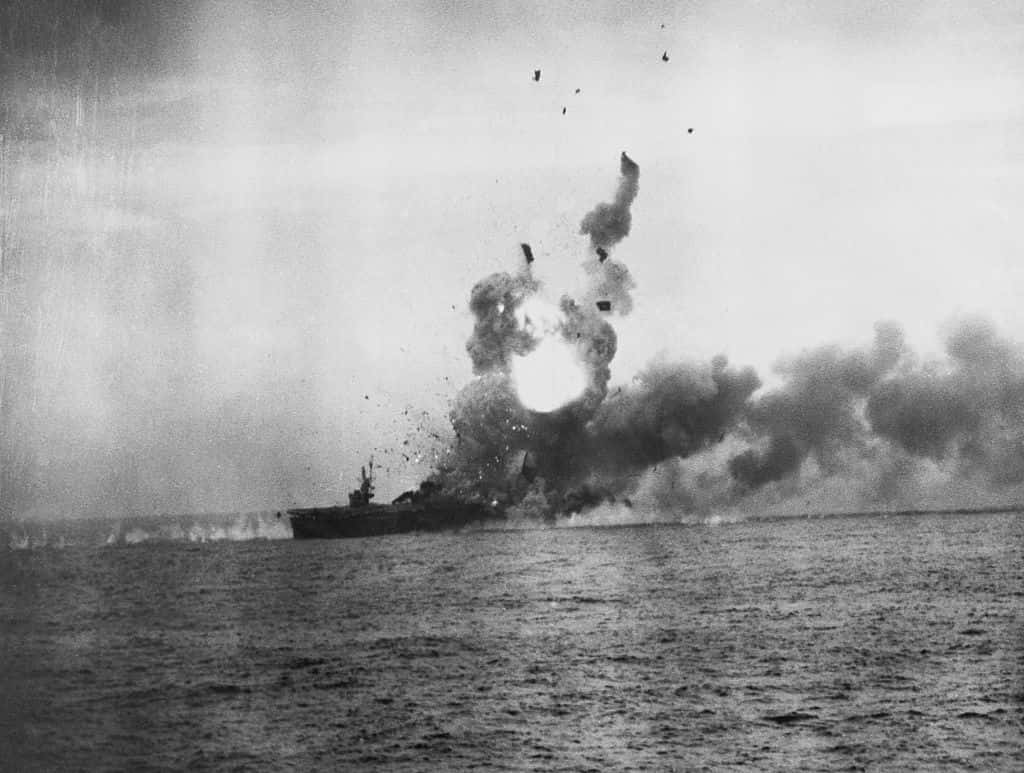
43. The Wind Beneath Their Wings
Kamikaze means “divine wind” in Japanese.
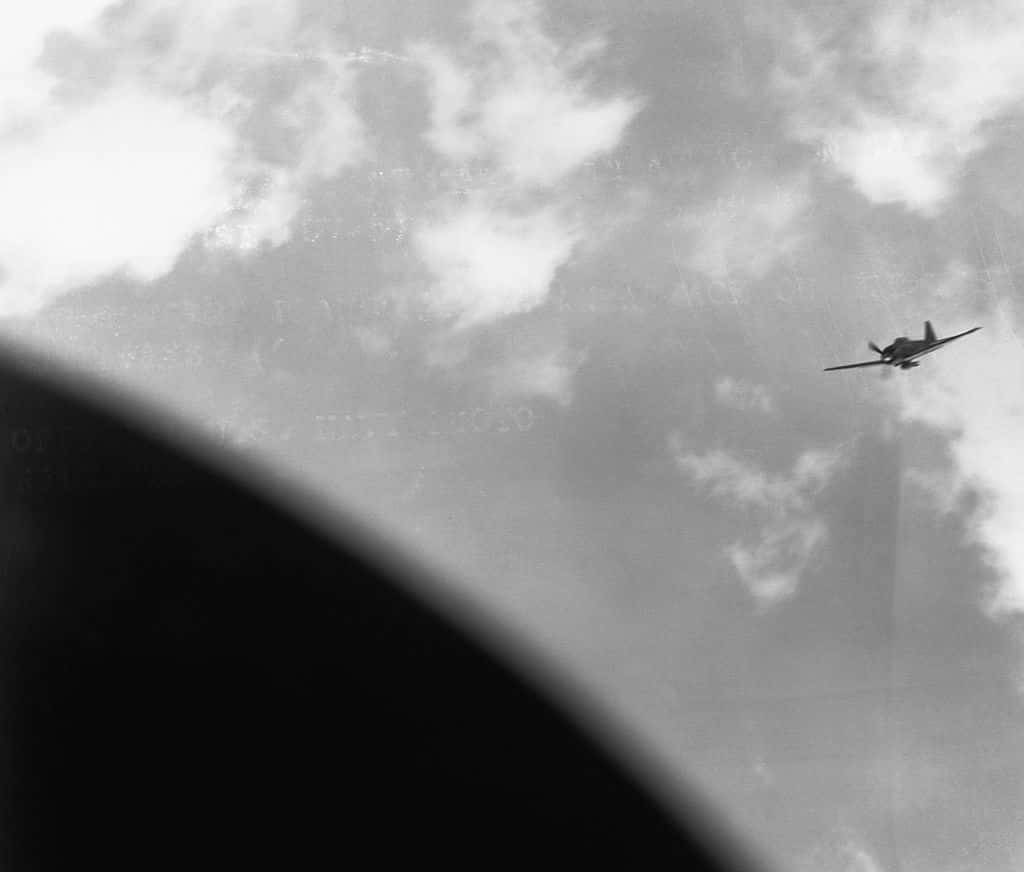
44. Pearl Harbor
The attack at Pearl Harbor sunk or damaged 18 of the 96 ships that were anchored there, including 8 battleships. Japanese fighters also destroyed at least 350 aircraft and killed 2,402 troops.
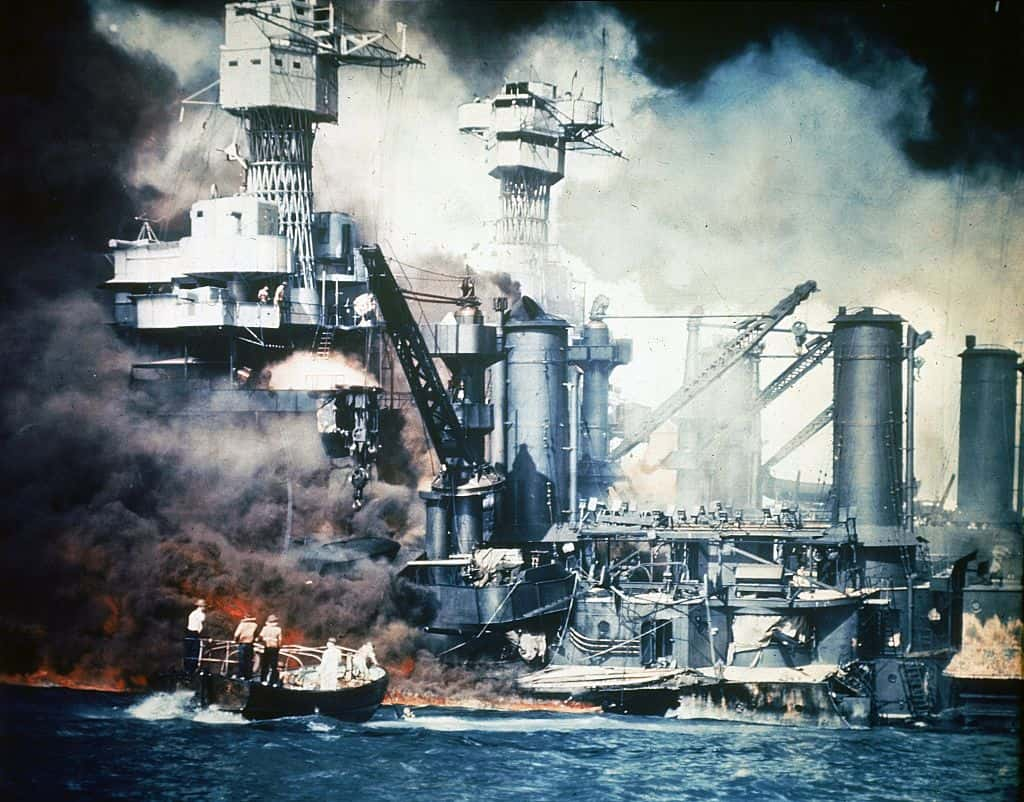
45. Canada's Role
After the attack on Pearl Harbor, Canada declared war on Japan almost immediately. They can, therefore, claim the honor of joining the Pacific Theatre of World War 2 before the United States did.
North American buddies!
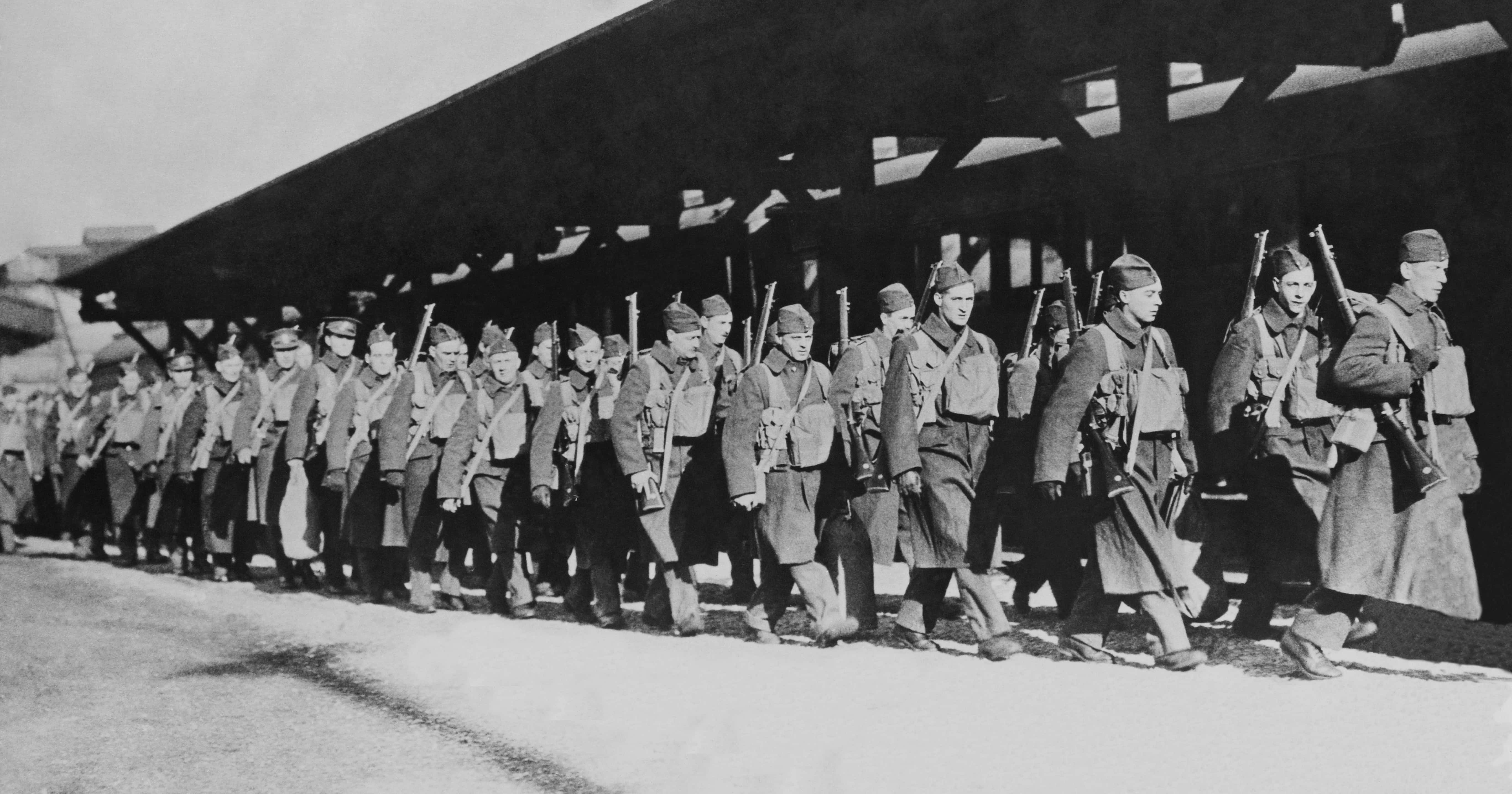
46. War Demands Sacrifices
During WW2, the Oscars' statuettes were made of painted plaster due to a metal shortage. Few materials were more in demand, given the sheer amount of iron, aluminum, and steel required to arm an army in the midst of total war.
It's good to know the celebrities had to suffer too...


History's most fascinating stories and darkest secrets, delivered to your inbox daily.
47. U-Boats In The Atlantic
German U-Boats sunk 2,000 Allied ships...at a cost of just 781 U-Boats.
Yet another indication of just how deadly those so-called "Wolves of the Atlantic" really were.
48. Life Isn’t Better Where It's Wetter
Of the 40,000 men who served on U-Boats in the war, only 10,000 of them made it home.
Give the troops who served on them credit: these vessels were absurdly cramped, smelly, and dark. It would have been like serving your time in the military inside a 7th-Grade boys locker room... trapped a few thousand feet beneath the sea.
Pretty much any enlisted man's worst nightmare.
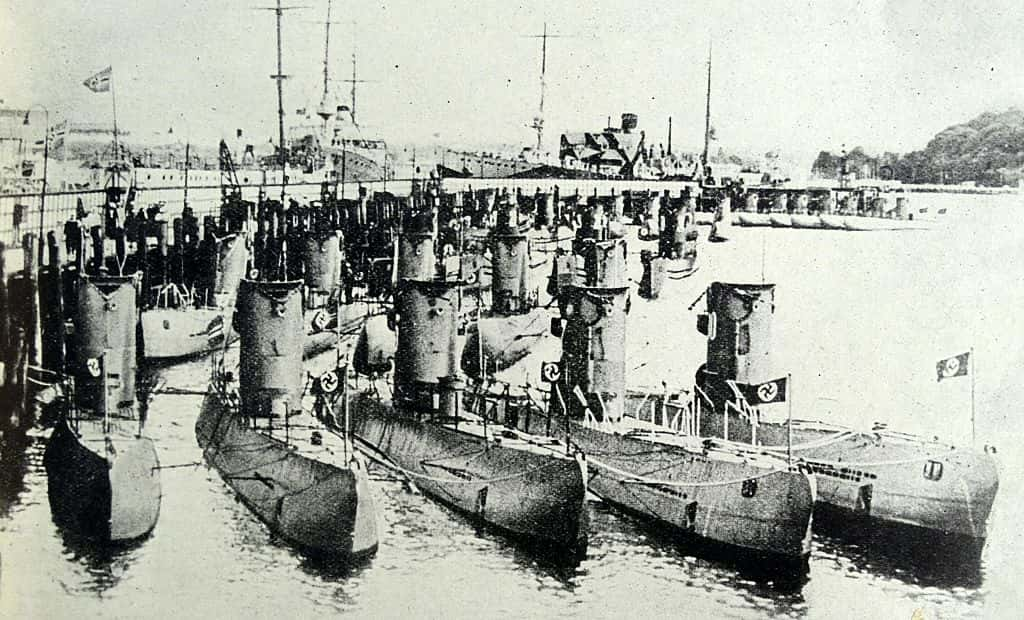
49. The Troops Get Danger Pay
In 1941, a private in the US Army earned $21/month. In 1942, he earned $50/month.
Why the bump? Two reasons: as the war entered it's most extreme phase, casualties skyrocketed.
This meant that:
A) the job was considered more dangerous.
and B) there was a smaller pool of people to recruit from.
All good for a soldier's wallet. Less good for their morale, though.
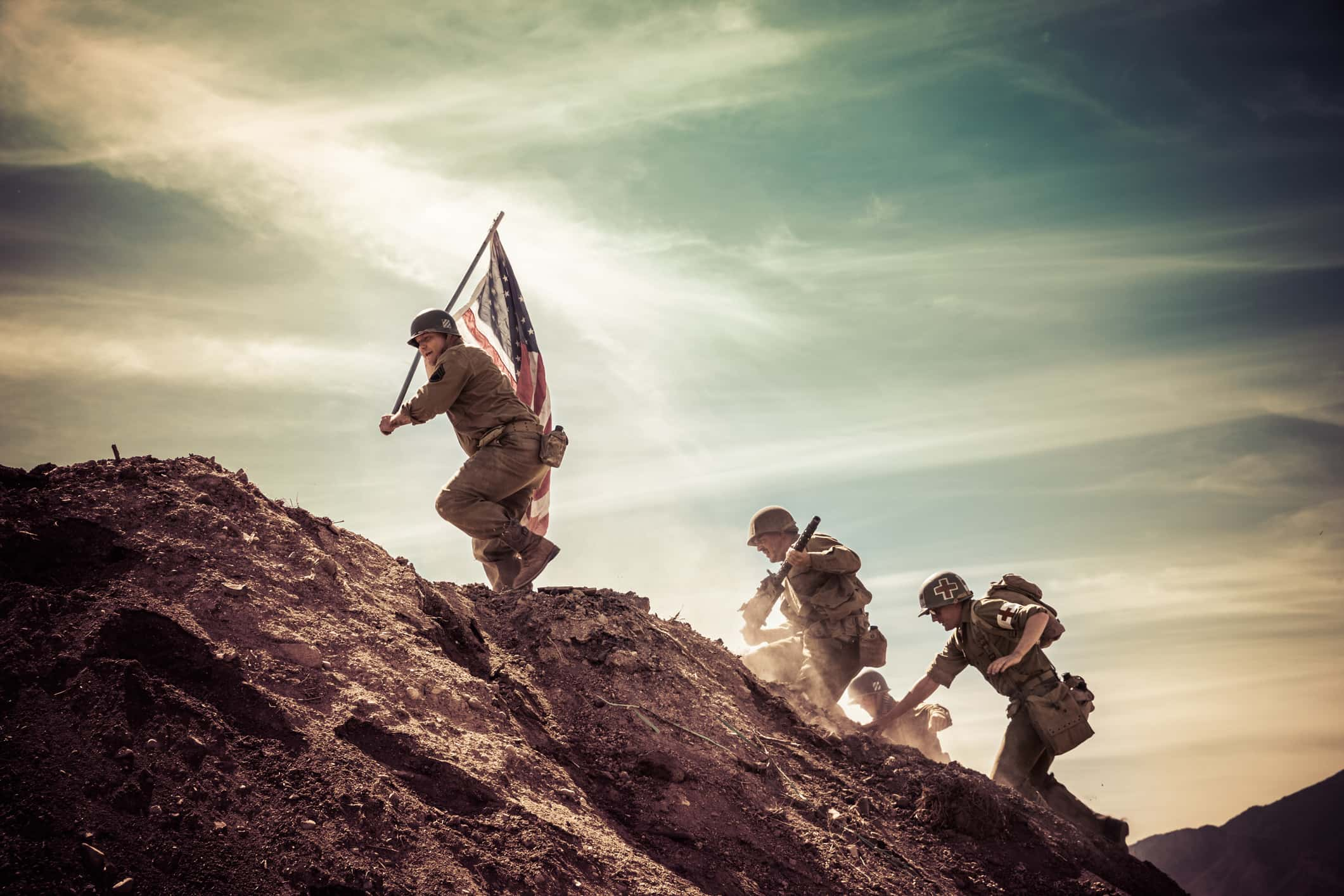
50. Break Out The Death Ray
In 1935, British engineer Robert Watson-Watt worked on a “death ray” using radio waves. Perhaps unsurprisingly, the “death ray” never worked. It did eventually form the basis of the invention of radar, though, which would itself go on to immensely aid the British Royal Air Force win the air battle against Germany's Luftwaffe. So it ended up being pretty useful.
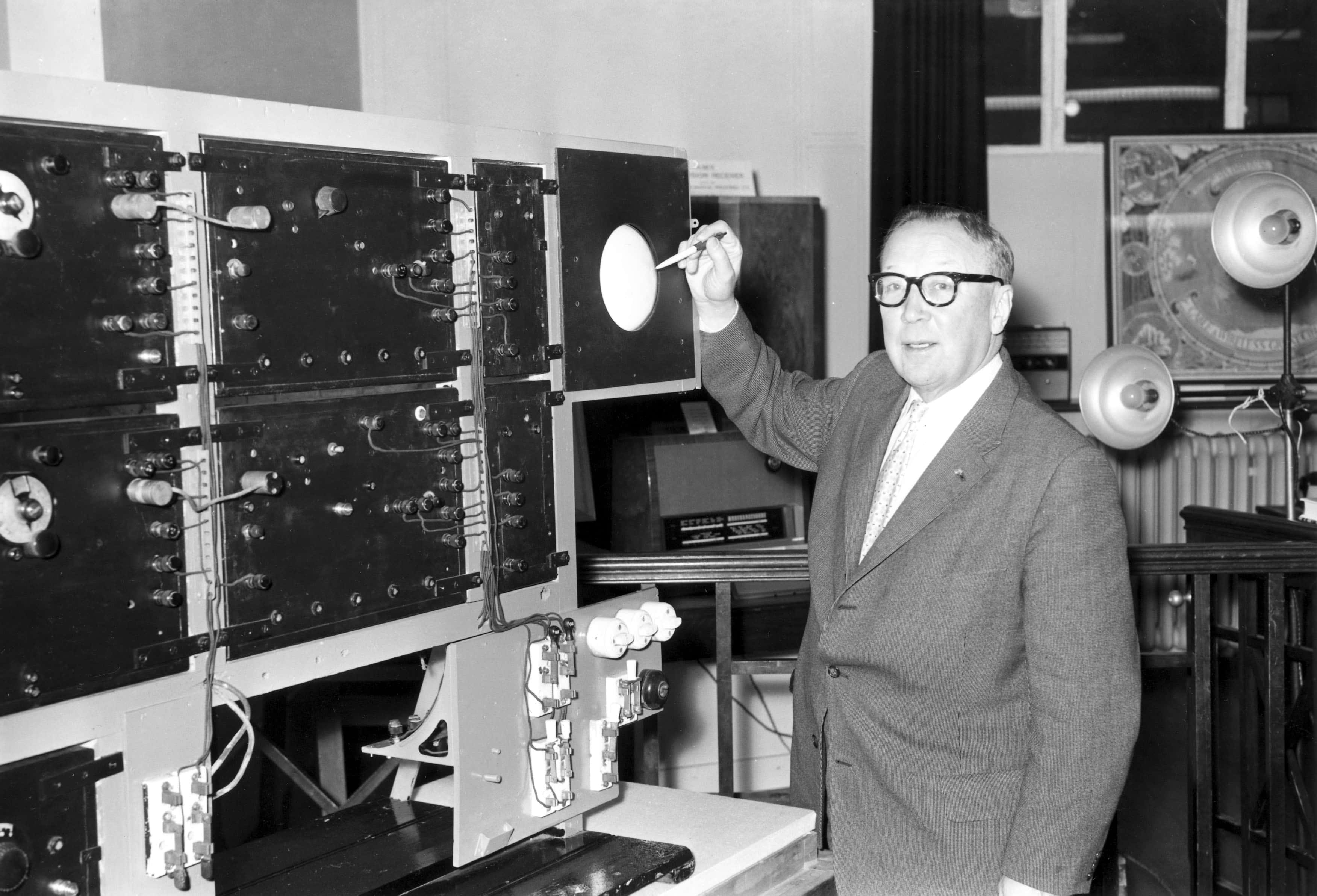
51. Blonds Have More Fun
The most successful fighter ace of any nation was German fighter pilot Erich Hartmann, also known as the “Blond Knight.” In his career, he racked up 352 kills. By contrast, the famed Red Baron, also German, racked up only 80 kills.
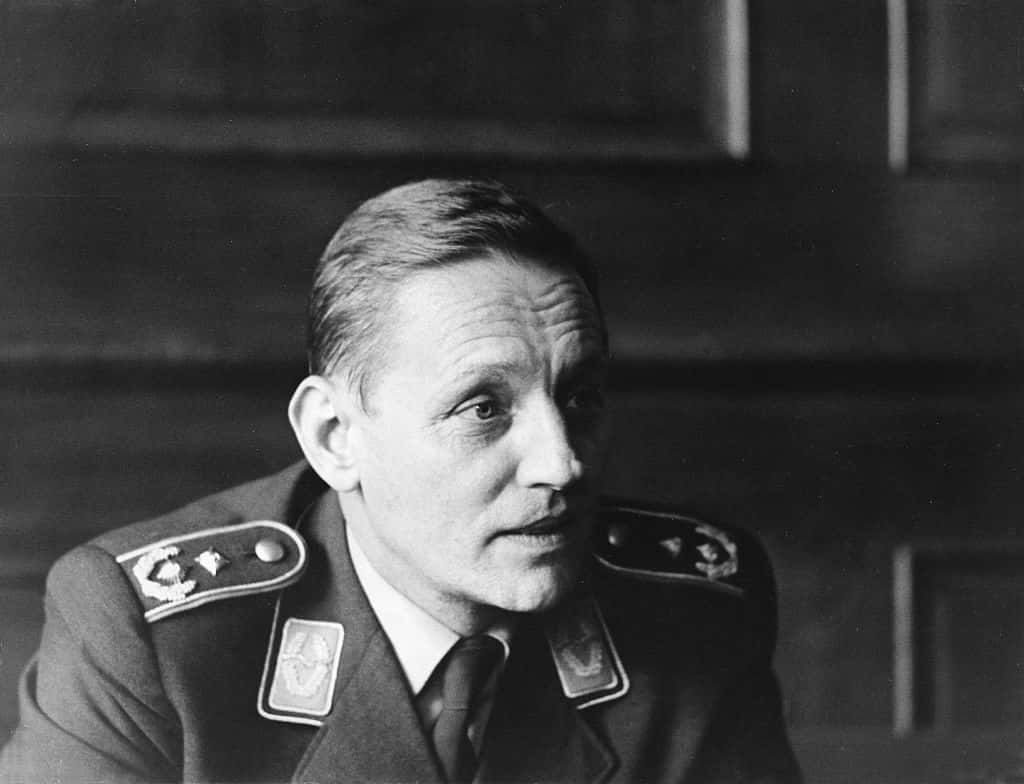 [/media-credit] He also looked a little like Viggo Mortensen. So there's that as well.
[/media-credit] He also looked a little like Viggo Mortensen. So there's that as well.
52. Too Little Too Late
The first jet fighters to be employed in combat were invented by the Germans. However, they were introduced a little too late to turn the tide in the war.
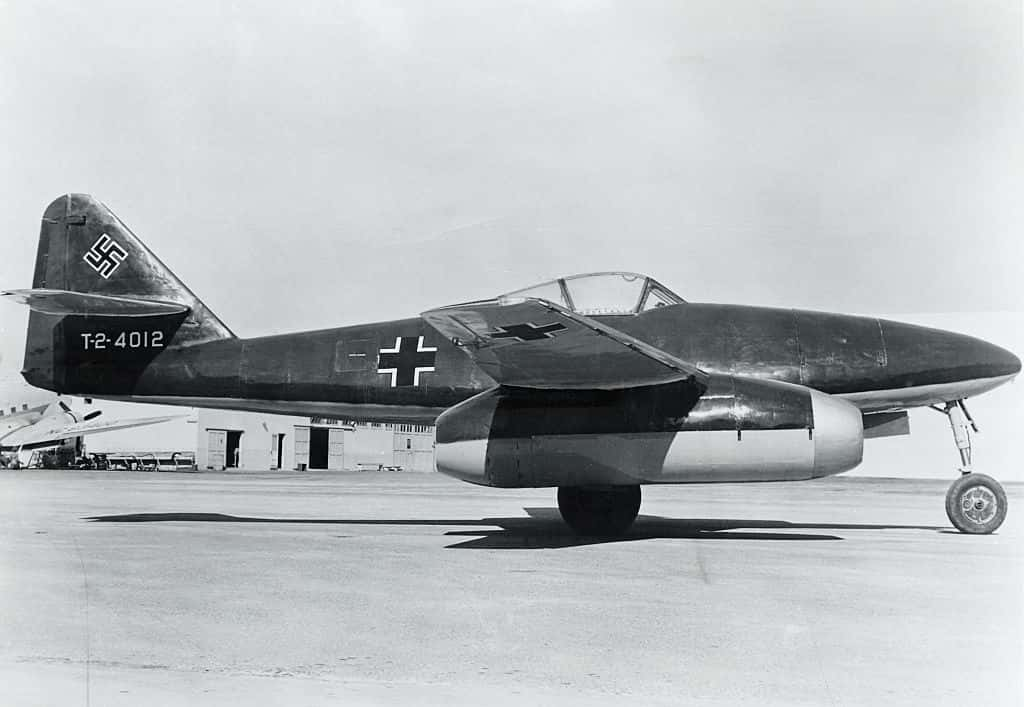

History's most fascinating stories and darkest secrets, delivered to your inbox daily.
53. Message In A Bottle? Try Coconuts.
You might not know the story of John F. Kennedy's World War 2 disaster.
Long before he turned to politics, future President Jack Kennedy was a Lieutenant (Junior Grade) in the US Navy, helping to command a Torpedo Patrol boat in the Indian Ocean. He was serving in that capacity in August of 1943, when a Japanese destroyer rammed his boat, tearing it in half and killing two of the crew members instantly.
Kennedy and his crew clung to the refuse of their ship, barely surviving the night. They eventually made camp on a small island, where Kennedy rallied his men and managed to communicate with the native islanders by carving a plea for help into a small coconut. It worked. The crew was eventually rescued by a group of New Zealand soldiers...and Kennedy kept the coconut. It eventually became a Presidential paperweight.
 jfklibrary.org/Wikimedia Commons
jfklibrary.org/Wikimedia Commons
54. Taking The Stairs
After German forces overran France, and the Army had surrendered, the German high-command visited Paris for a triumphant celebration. It was meant to be a massive statement of dominance over the French people and the government of French
So how did the French respond? They simply cut the lift cables on the Eiffel Tower, forcing Hitler and his lackeys to climb 1,710 steps if they wanted to reach the top.
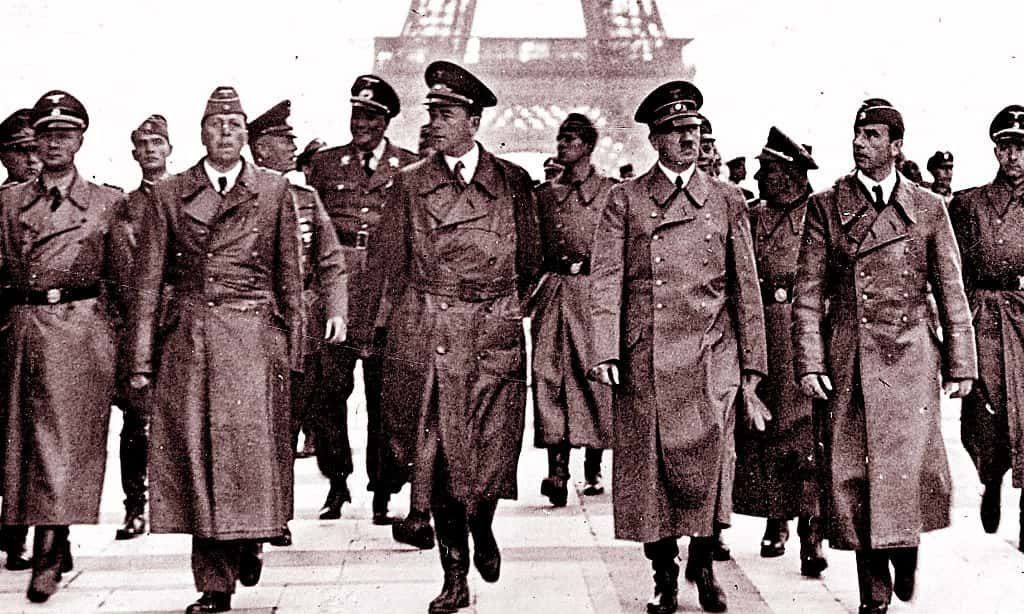
taringa55. The French Resistance
For all the crap the French get for surrendering, it's almost easy to forget that they made active resistance a national past-time.
Under the symbolic leadership of Charles de Gaulle, the former French general who escaped to England, French fighters worked to sabotage the leadership and infrastructure of the German occupying forces.
Vive la France!
56. Never Trust A Brothel
Some of the strangest facts about World War 2 come from the so-called "Secret War" conducted between spies and espionage agents of all major combatants.
In one bizarre example, the SS ran actually ran a brothel (called “The Kitty Salon”) for foreign diplomats and other VIPs in Berlin. The brothel was wiretapped, and the prostitutes all underwent rigorous spy training to be able to extract information via seemingly innocuous conversation.
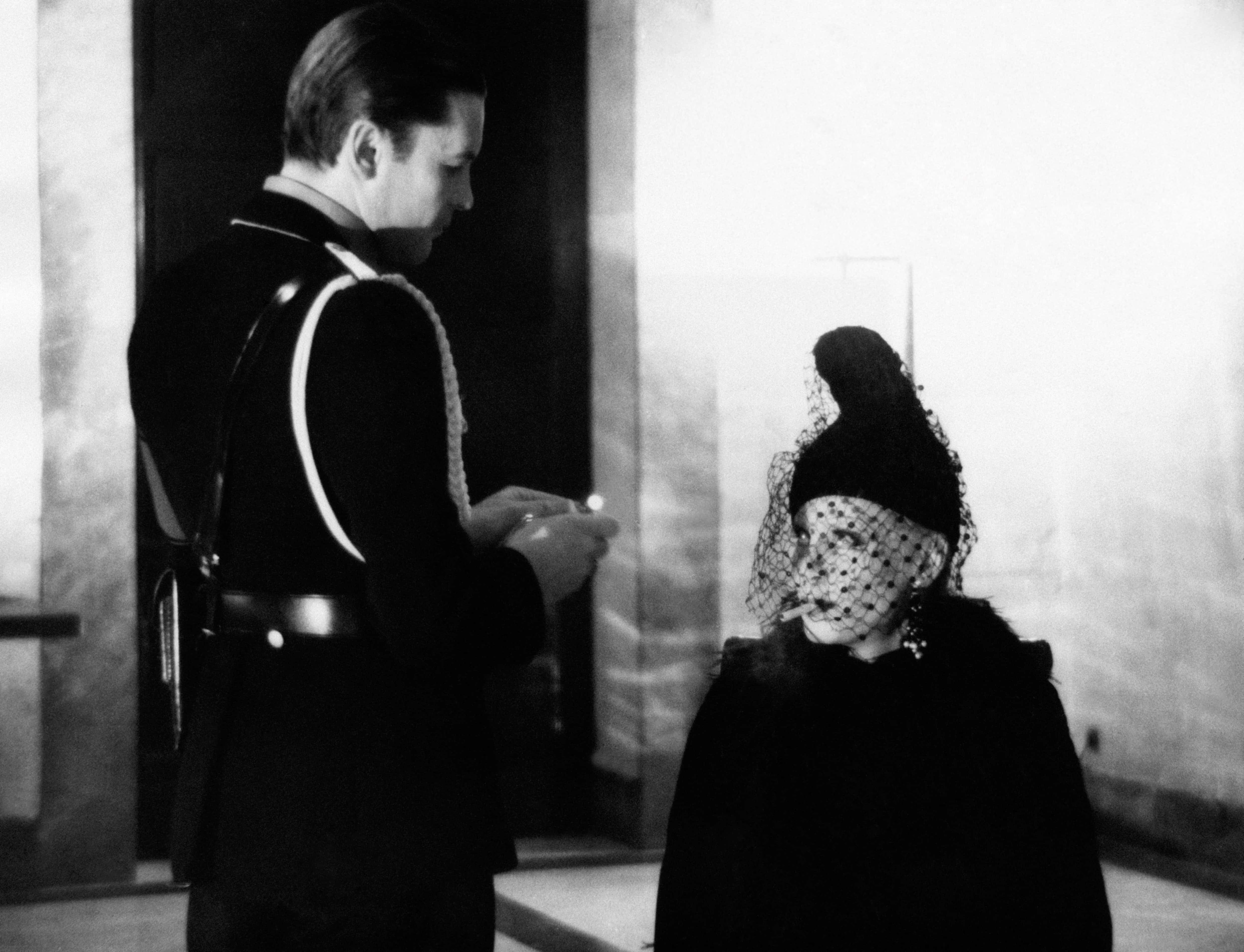
57. World War Of Words
During WWII, hamburgers were renamed “Liberty Steaks” to avoid having a name that sounded too German. This set off a long tradition of renaming American foods to avoid unsavory national associations.
Fun fact: that's why we started saying "As American as apple pie", rather than the popular old phrase, "As American as sauerkraut schnitzel".
Kidding. It is why some people call them Freedom Fries, though.

58. Dude Looks Like A Lady
As World War 2 raged on, the American secret service tried to expedite the war by spiking Hitler's food with female hormones to feminize him.
Agents planned to smuggle doses of estrogen into his food. The theory being it would make him less aggressive- possibly more like his docile younger sister, Paula, who worked as a secretary.
Spies working for the British were close enough to the Fuhrer to access his food. Estrogen was chosen because it was tasteless and would have a slow and subtle effect, meaning it would pass the despot's food testers, unnoticed.
Why not poison him? That is a very, very good question.
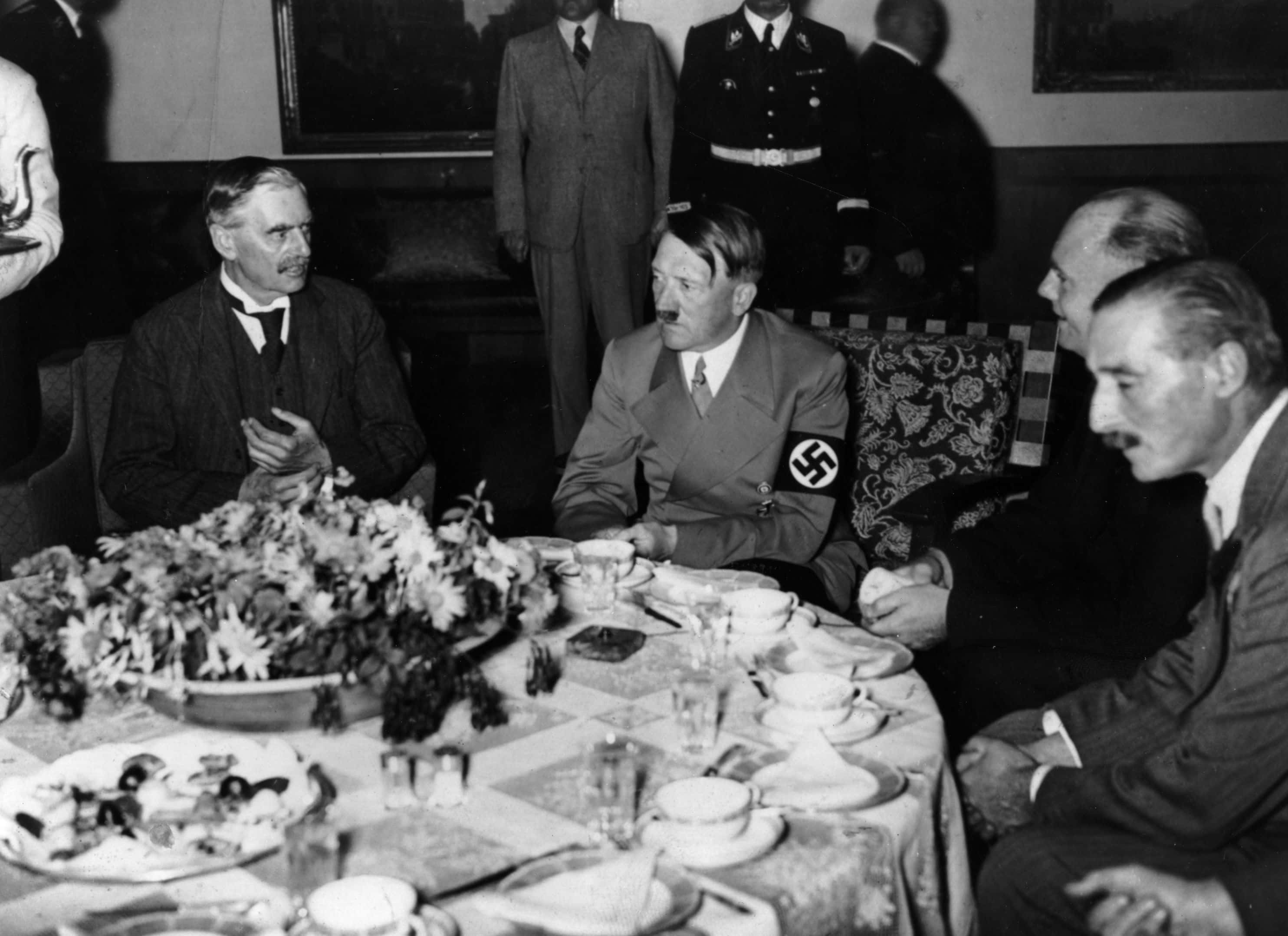

History's most fascinating stories and darkest secrets, delivered to your inbox daily.
59. They Were Pirates Too
The Nazis really weren't creative.
Even the Sieg Heil march, which was used to pump up the faithful at the infamous party rallies, was stolen. The song was based on the Harvard University "fight song" which had been used for years at the school.
We're betting that's an association that Harvard doesn't appreciate.
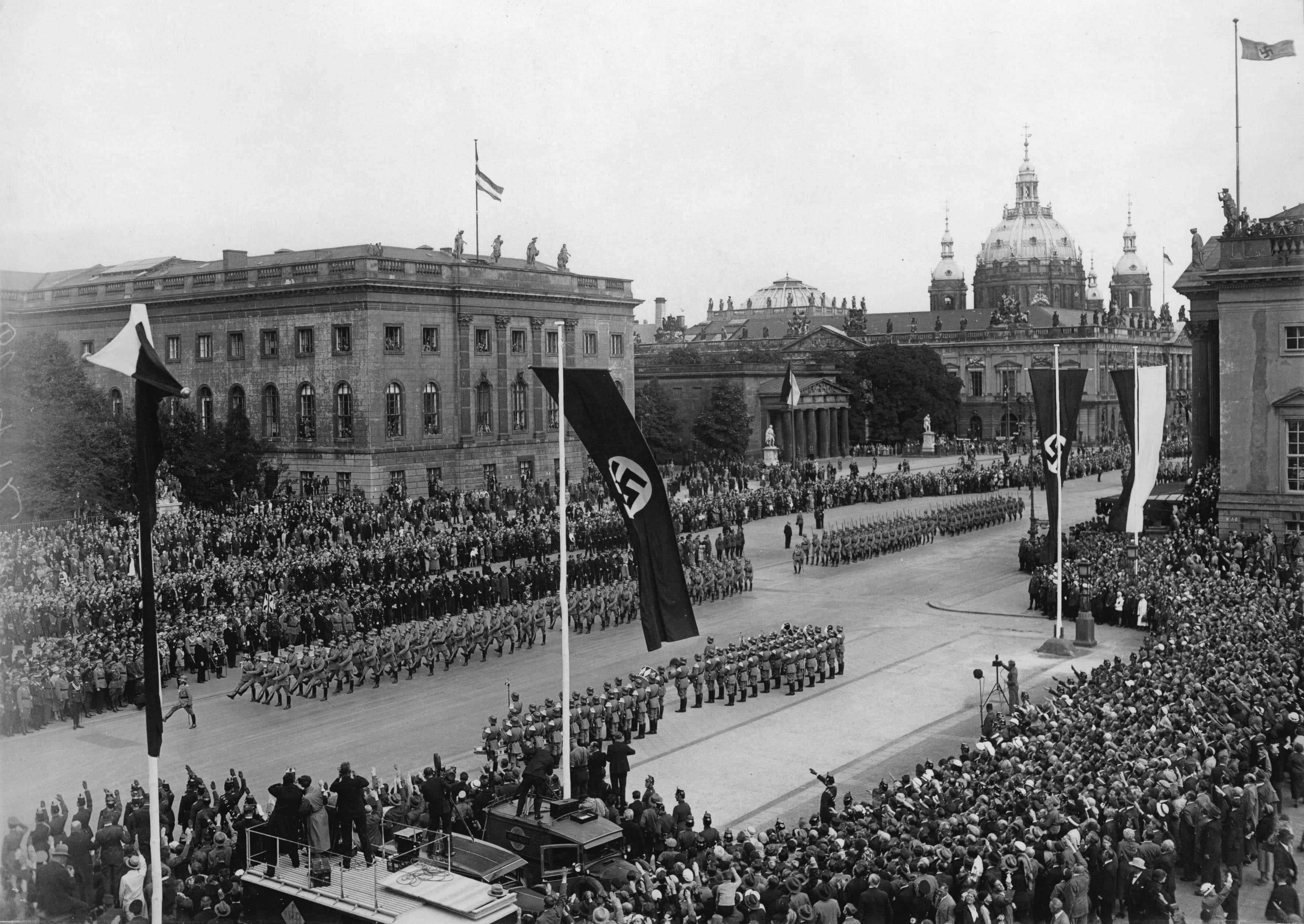
60. Ancestry
What is sometimes lost in the shadow of the crimes committed against the Jewish people during WWII, is just how terribly the Germans treated many other groups during the war.
Case in point: The Nazis killed millions of Polish people... but felt some of the babies and children looked German. So rather than, say, leaving them be, they took another approach: they kidnapped 50,000 Polish children to be adopted by German parents, as part of the process they called “Germanization."
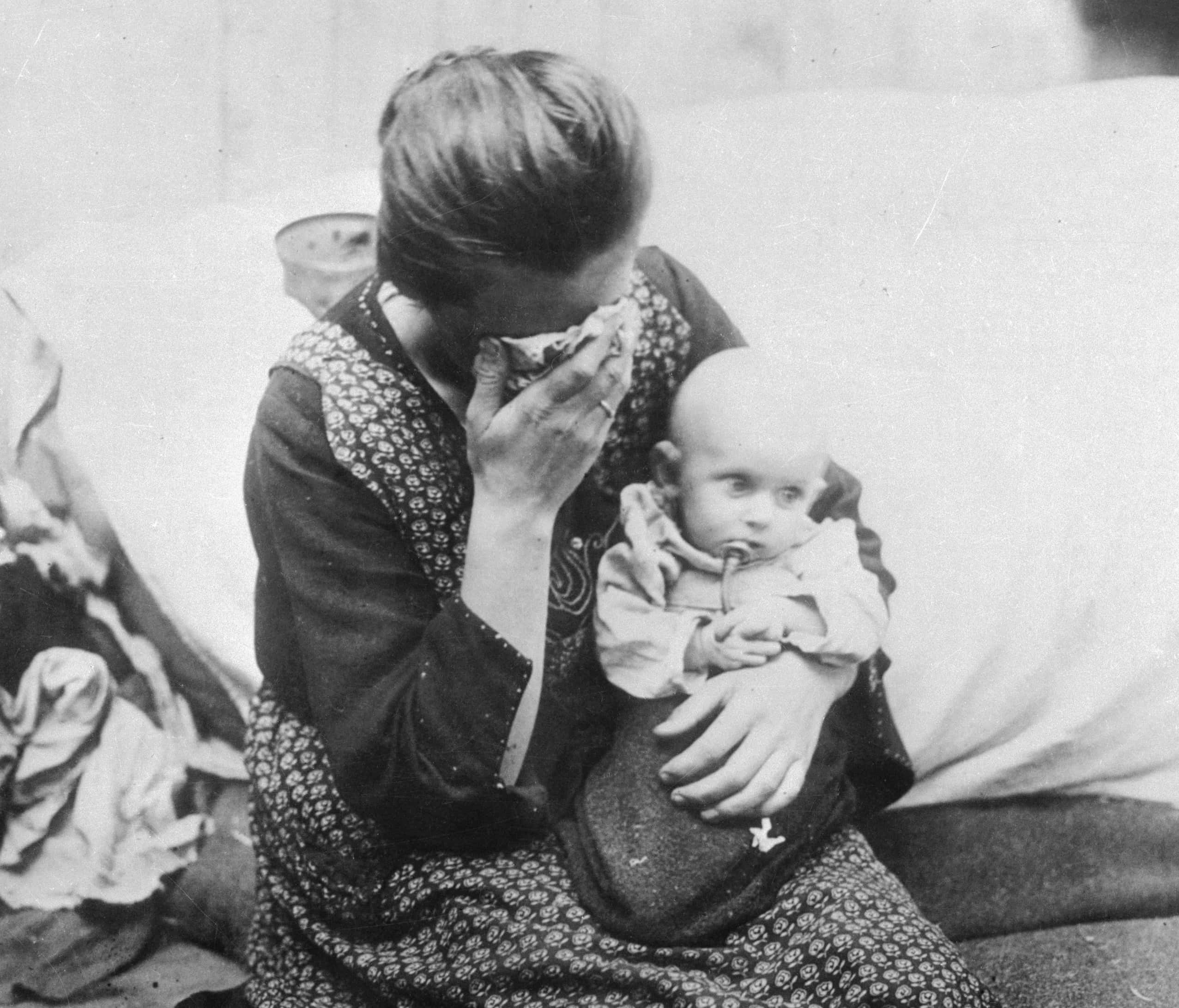 GettyImages
GettyImages
61. Ford's World War 2
Hitler kept a framed photo of Henry Ford (of the Ford Motor Company) on his desk throughout WWII. Apparently, he regarded Ford as an inspiration and said that he would do his “best to put [Ford's] theories into practice in Germany.”
62. Don't Run
On January 31st, 1945, the US Army executed Private Eddie Slovik for desertion. He became the first American to be executed for the crime since the Civil War, and the only one to receive this punishment during WWII.
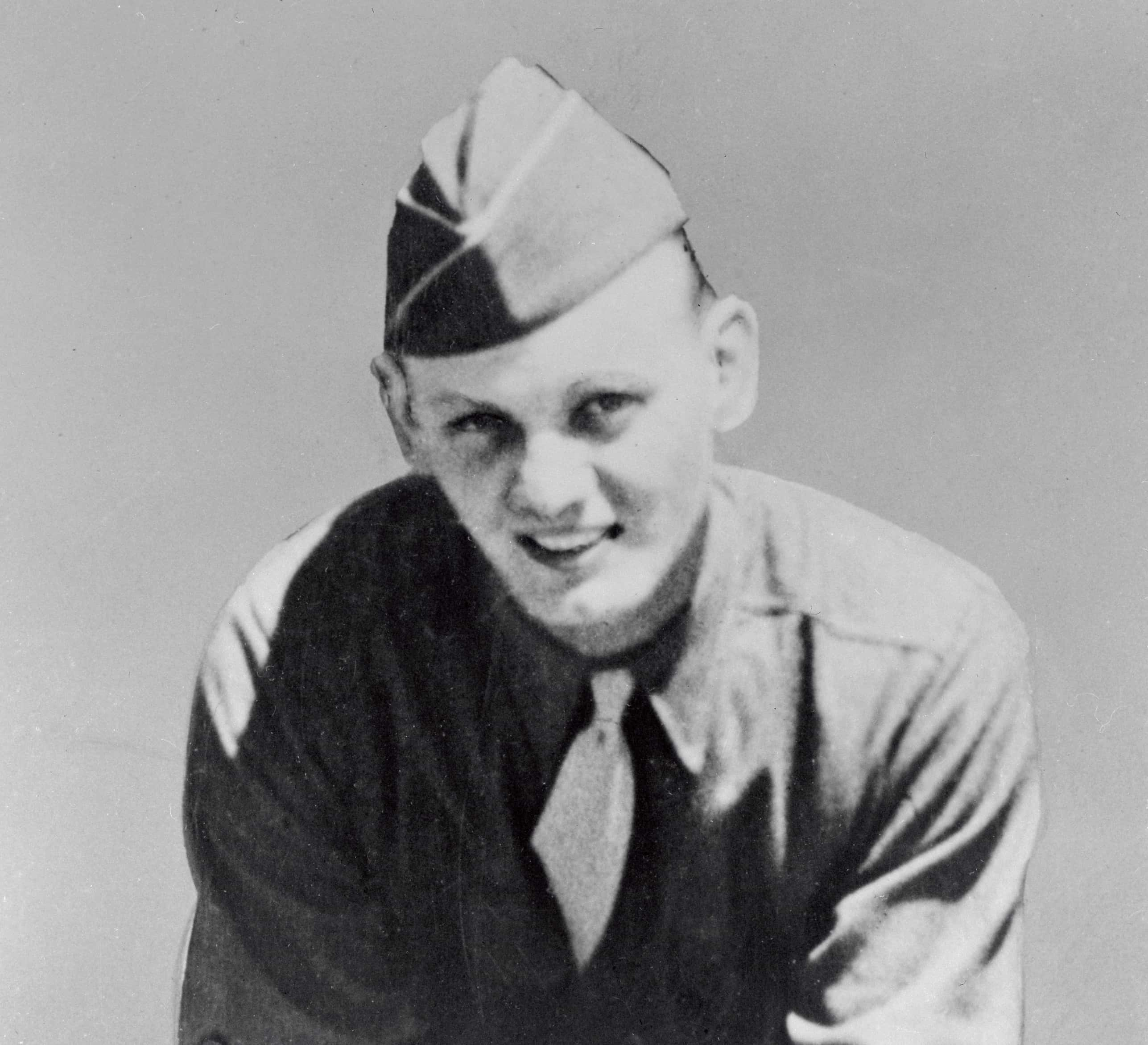 GettyImages
GettyImages
63. Too Young The Hero
Calvin Graham was the youngest serviceman ever to serve in the U.S. military. He enlisted at the ripe old age of 12. You'd think someone might spot him right away...but before anyone figured it out, Graham won a Bronze Star and a Purple Heart. The man truly was a prodigy. He was eventually discovered and discharged...but he'd already made himself a legacy. Later as punishment for all that misbehavior, they made a TV-movie based on his World War 2 exploits: Too Young the Hero.
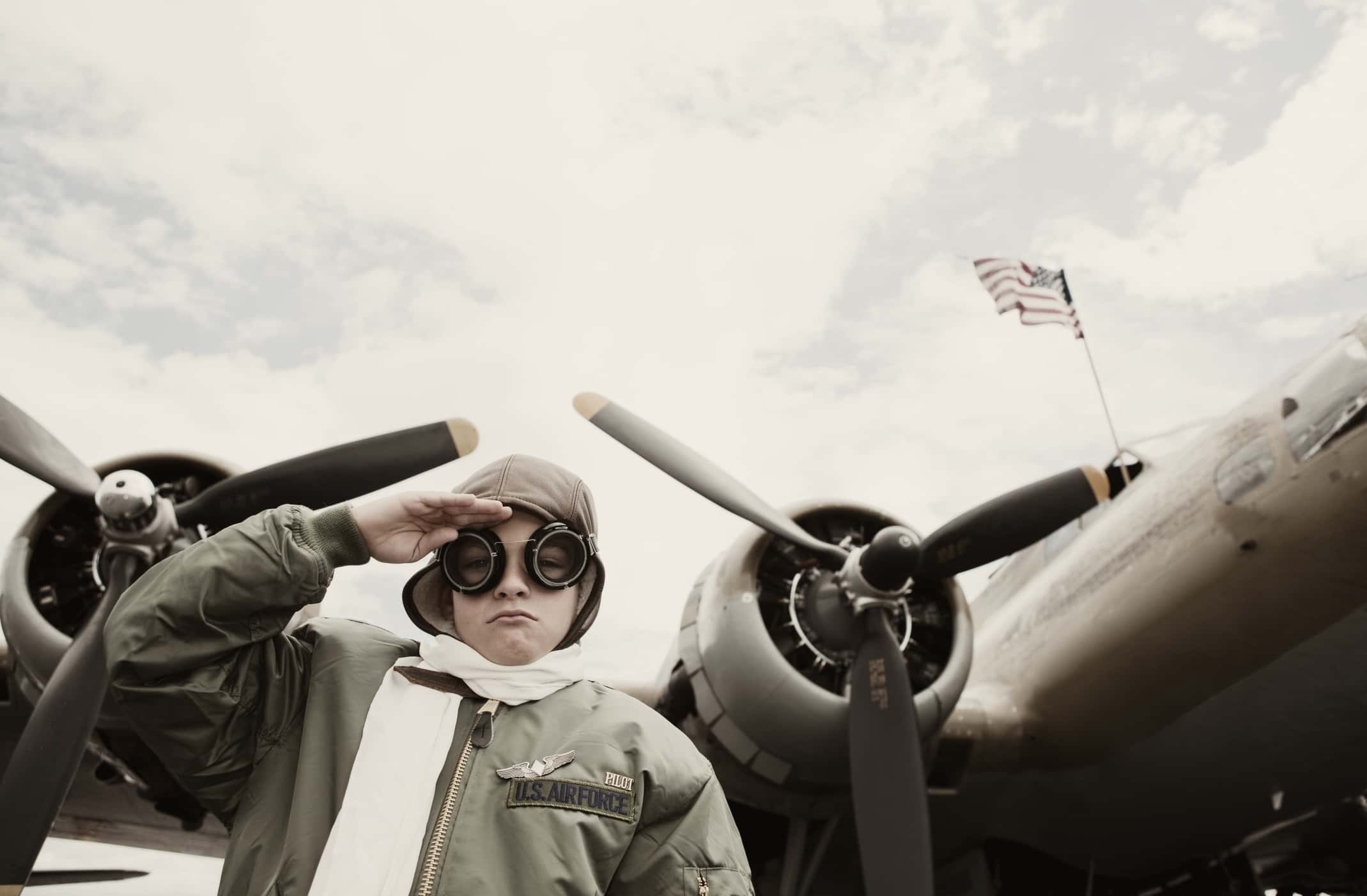
64. They’ve Got Us Surrounded
Times of crisis seem to stir people’s courage, but their creativity also. But no soldier ever spoke with more confidence, certainty, and utter defiance in the face of death as General Creighton Abrams.
During the Battle of the Bulge, as nearly 30 Nazi battalions closed in on the 101st Airborne Division, General Abrams smiled: “They’ve got us surrounded again, the poor b*stards.” Abrams and the 4th Armoured Division fought them all back, and the Americans gained a resounding victory. In his honor, the Abrams Tank now bears his name.

History's most fascinating stories and darkest secrets, delivered to your inbox daily.
65. Allies Changes Sides
Japan fought on the side of Britain, France, and the US during WWI. Given that, you might expect they'd do the same the next time around. So what happened? Much like the Germans, the Japanese felt they were cheated out of territory after the peace treaty that ended WWI was negotiated. That national insult festered for years...and was encouraged by Emperor Hirohito, who pushed for Japanese conquest of the surrounding territories. Eventually, when World War II broke out, the Japanese people had no sympathy for the Allies.
66. Horticultural Assimilation
One of the editors of the magazine Better Homes and Gardens, Norvell Gillespie, designed the camouflage pattern printed on US Army uniforms during the Second World War.
When you're going to fight in the muck and grime of the trenches, remember: it's important to look stylish.
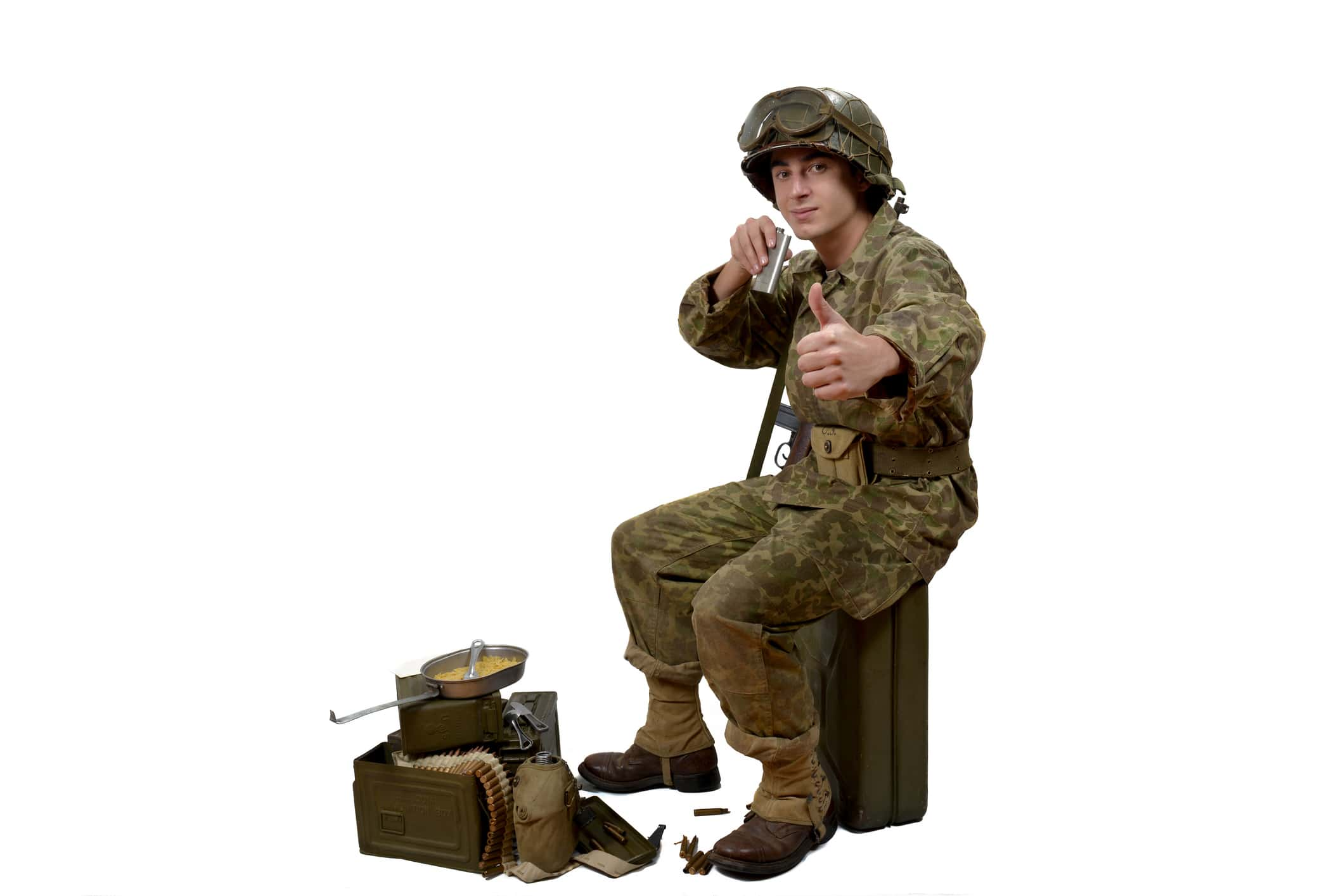
67. World War of Tanks
One of the greatest tank battles in history occurred in July 1943, between the Germans and the Soviets. It went on for days, and involved a total of 3,600 tanks. Known as the Battle of Prokhorovka, the conflict occurred on the war's Eastern Front, when the Soviet Red Army accosted the German Wehrmacht near the tiny Russian town of Prokhorovka.
The Soviets suffered heavy losses: about 400 tanks, and more than 5,500 troops. Still, the outcome is considered a victory for Russia. They were better prepared for the losses than the German's were, and as a result, the Red Army took initiative on the Eastern Front for the remainder of the war.
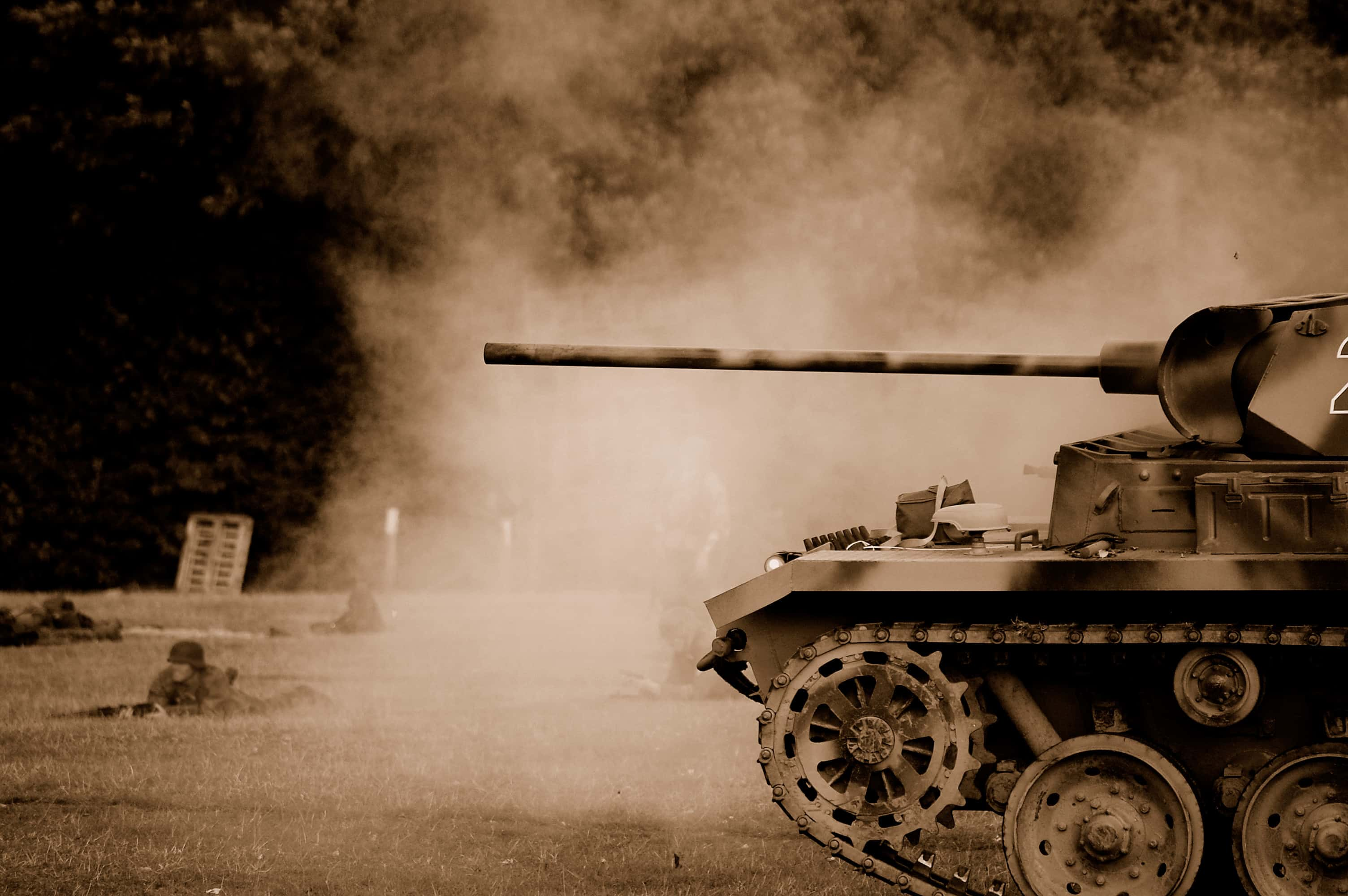
68. The World War Gun Show
The most powerful artillery gun used in WWII was named Karl after its creator Karl Becker. The massive gun could fire a 2.5 ton shell over 3 miles, was capable of penetrating up to nine feet of concrete.
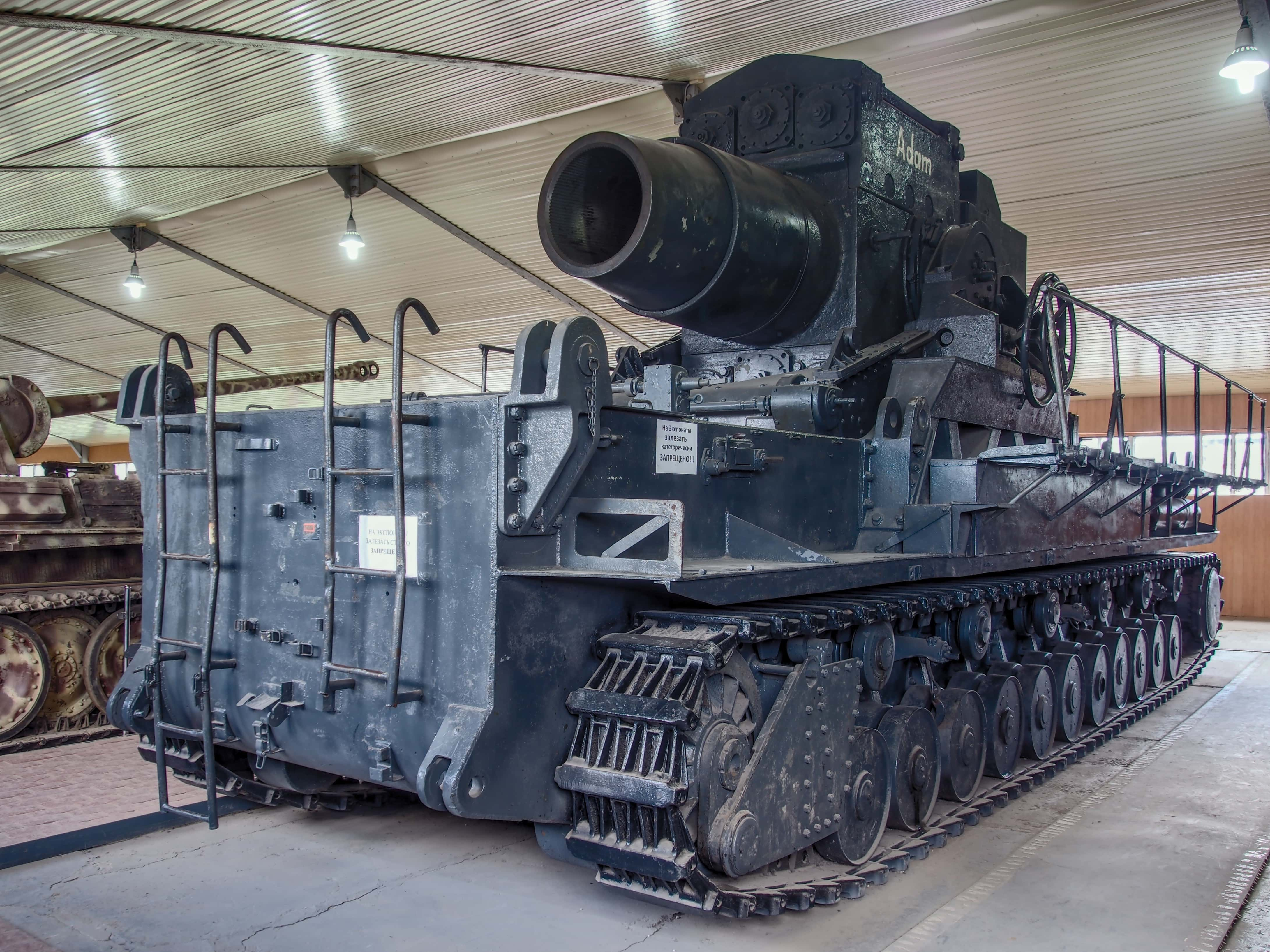 Alf van Beem/Wikimedia Commons
Alf van Beem/Wikimedia Commons
69. A Dubious Distinction
Rudolf Hess, Adolf’s one-time deputy in the National Socialist party, was the last person to ever have been imprisoned in the Tower of London.
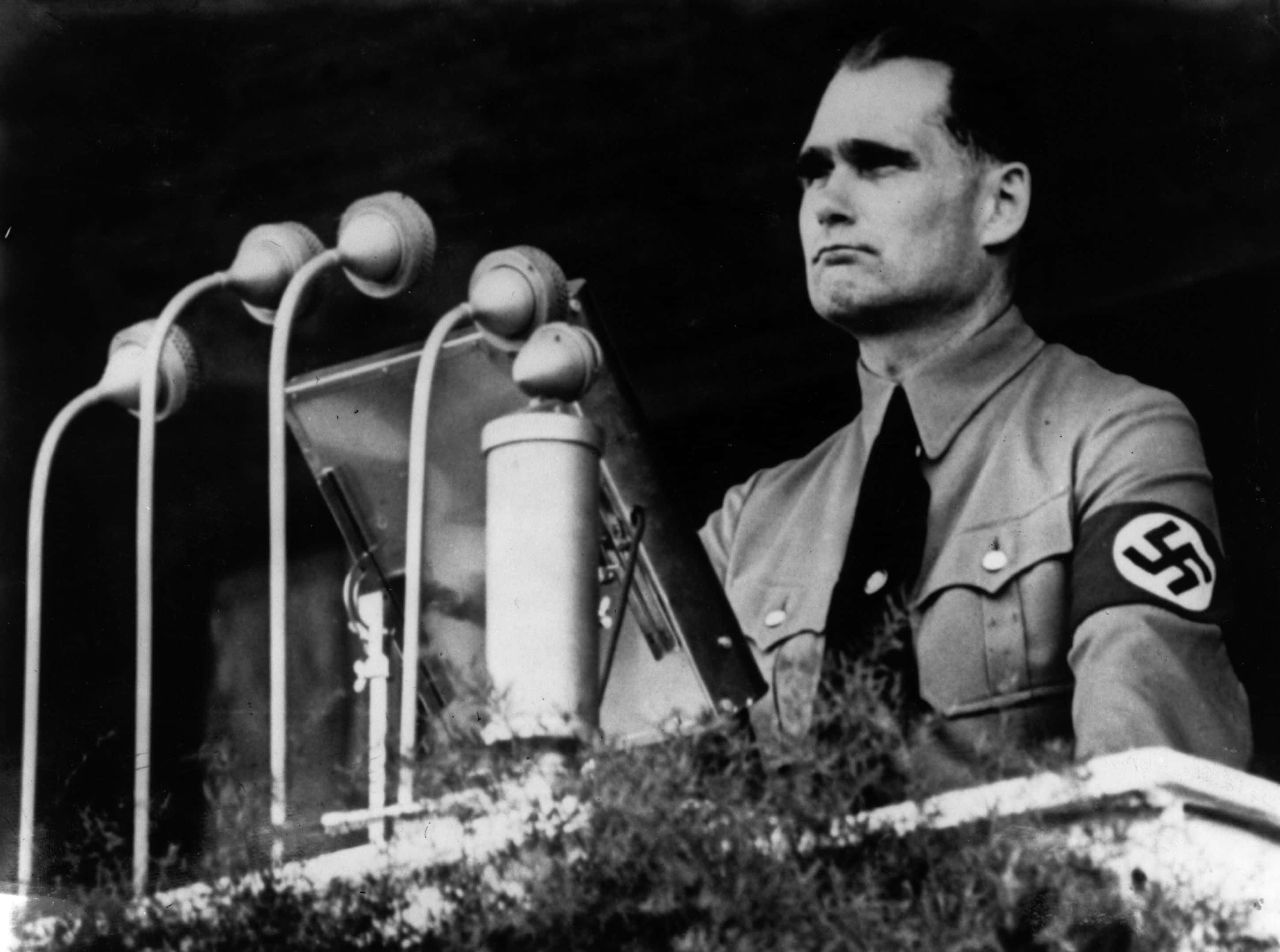
70. Mean Names and Bigotry
Other members of the party referred to Hess “Fraulein Anna”, in reference to his alleged homosexuality. Surprise! The Nazis were also homophobic bullies, on top of everything else.
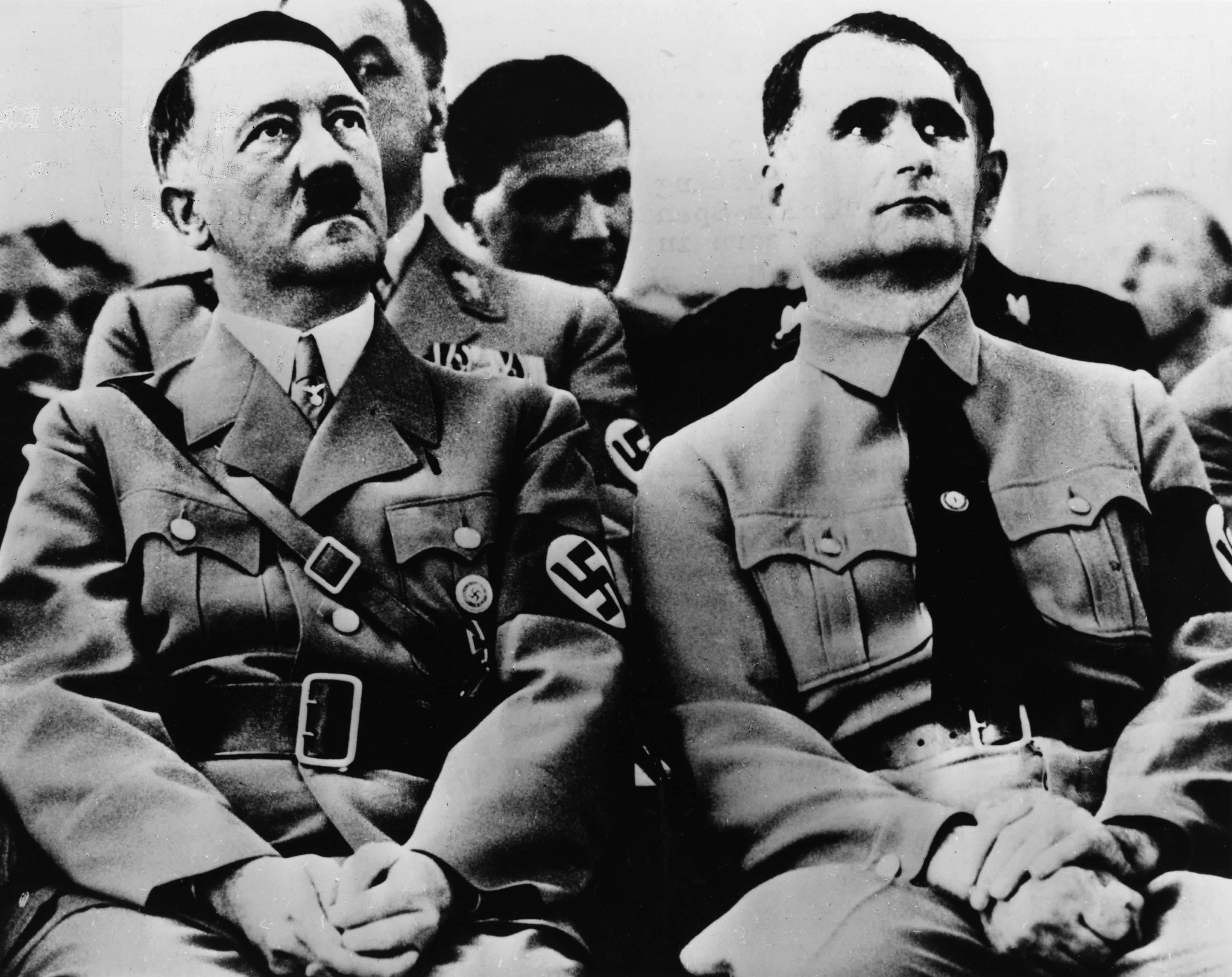

History's most fascinating stories and darkest secrets, delivered to your inbox daily.
71. Failed Surrender
Hess parachuted into Scotland on May 10th, 1941 to negotiate a peace treaty.
It was an extremely bizarre move. Hess had neither the authority to negotiate on behalf of Germany, nor the reputation with the Allies to have them trust him. The British concluded he was mentally unstable. Out of what was presumably a sense of bewildered duty, they imprisoned him for life.
Strange: the most high-ranking members of the murderous, undemocratic, and genocidal Nazi party turned out to be a little insane. What a surprise.
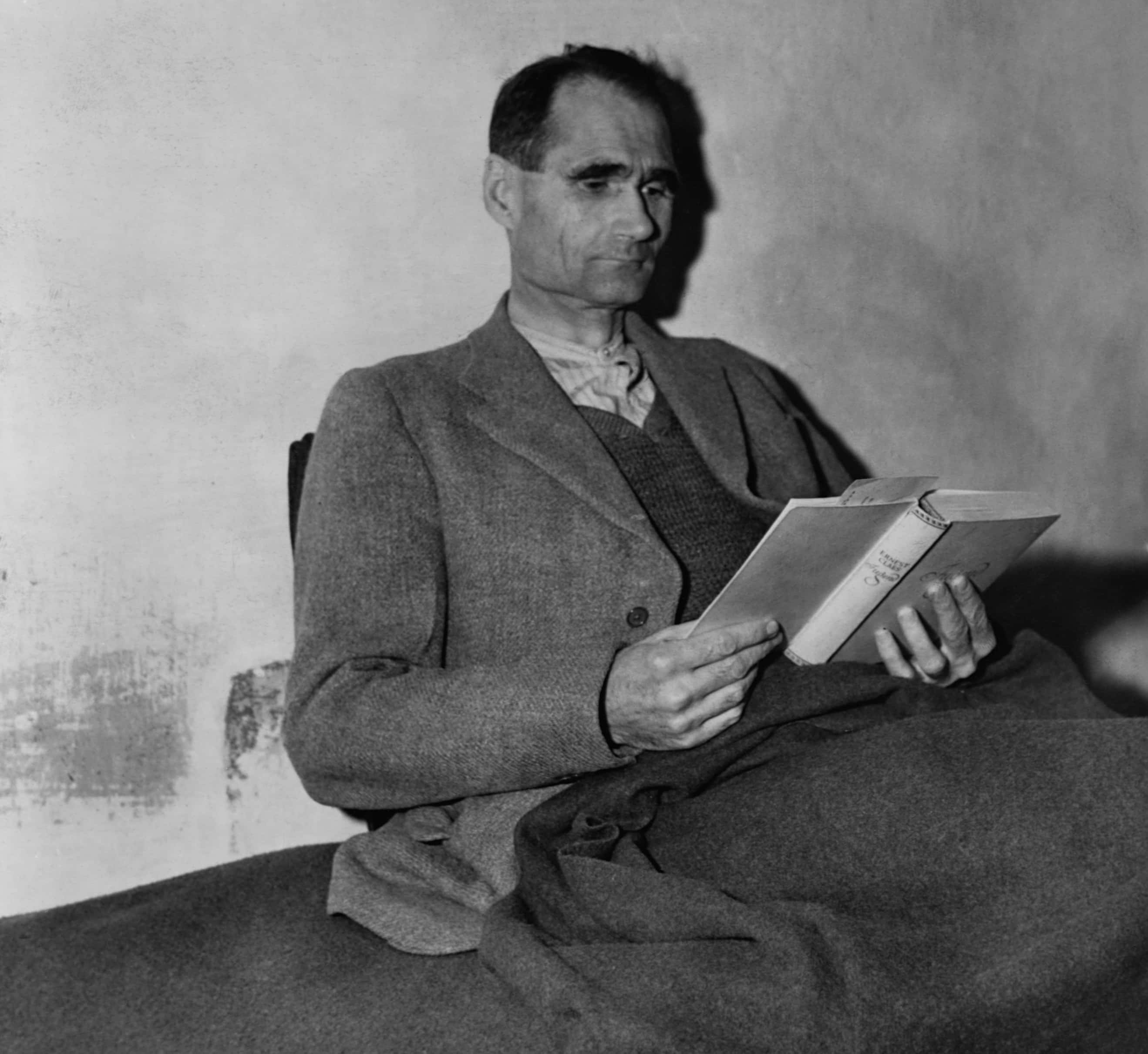 GettyImages
GettyImages
72. The Reich
The Nazis referred to their rule as the Third Reich. The First Reich was the Holy Roman Empire, which lasted 844 years. The Second Reich was the German Empire, which lasted 47 years. The Third Reich only lasted 12 years. Based on that trend, the Fourth Reich should last a few months at most.
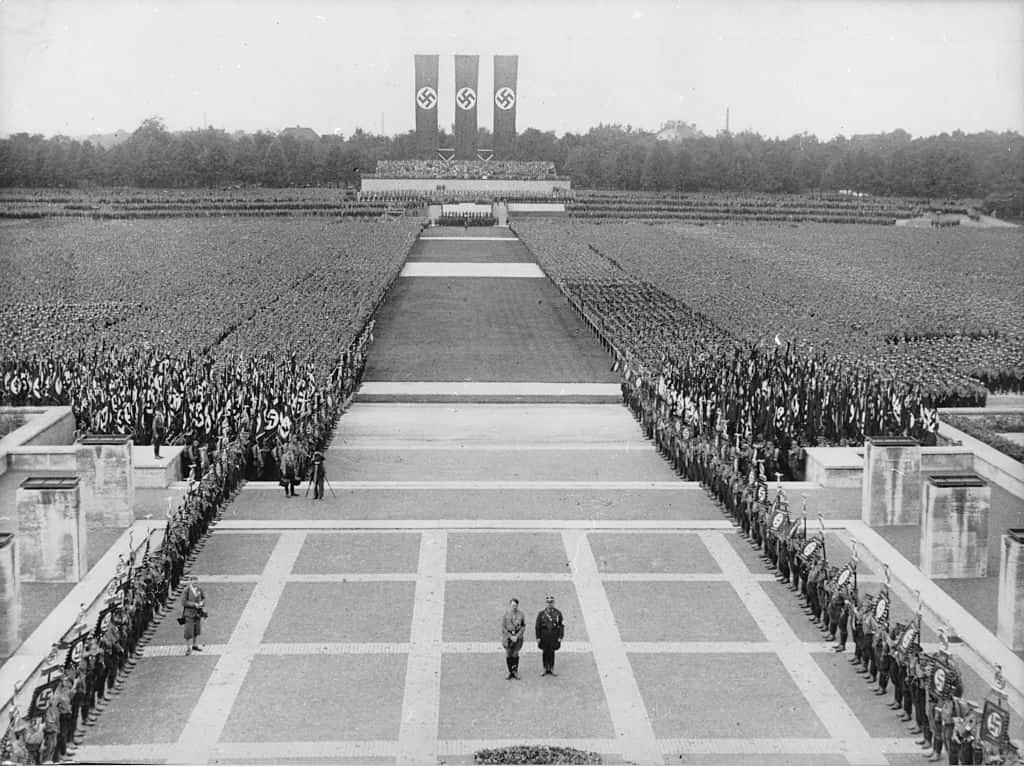 GettyImages
GettyImages
73. In The End
In one of the last battles of WW2, American and German soldiers fought together as allies against an SS division to defend an Austrian castle.
 Steve J. Morgan/Wikimedia Commons
Steve J. Morgan/Wikimedia Commons
74. Paperclips Got Us To The Moon
One of the leading figures of America's quest to land men on the moon actually started his career as a rocket scientist working for the Germans.
Wernher von Braun was the father of rocket technology. During the war, he helped to design the V-2 rocket— a weapon the Germans hoped would be their saving grace in a war that, by the mid-'40s, was beginning to look unwinnable.
After the war ended, US authorities worked in secret to repatriate Von Braun to the United States (along with thousands of other leading German scientists). It was a massive, covert government program: Operation Paperclip. He was soon assigned to the rocket task-force at NASA, and served as the chief engineer for the Saturn V rocket. No big deal, though— the Saturn Five was only the engine that propelled Apollo 11 to the moon.
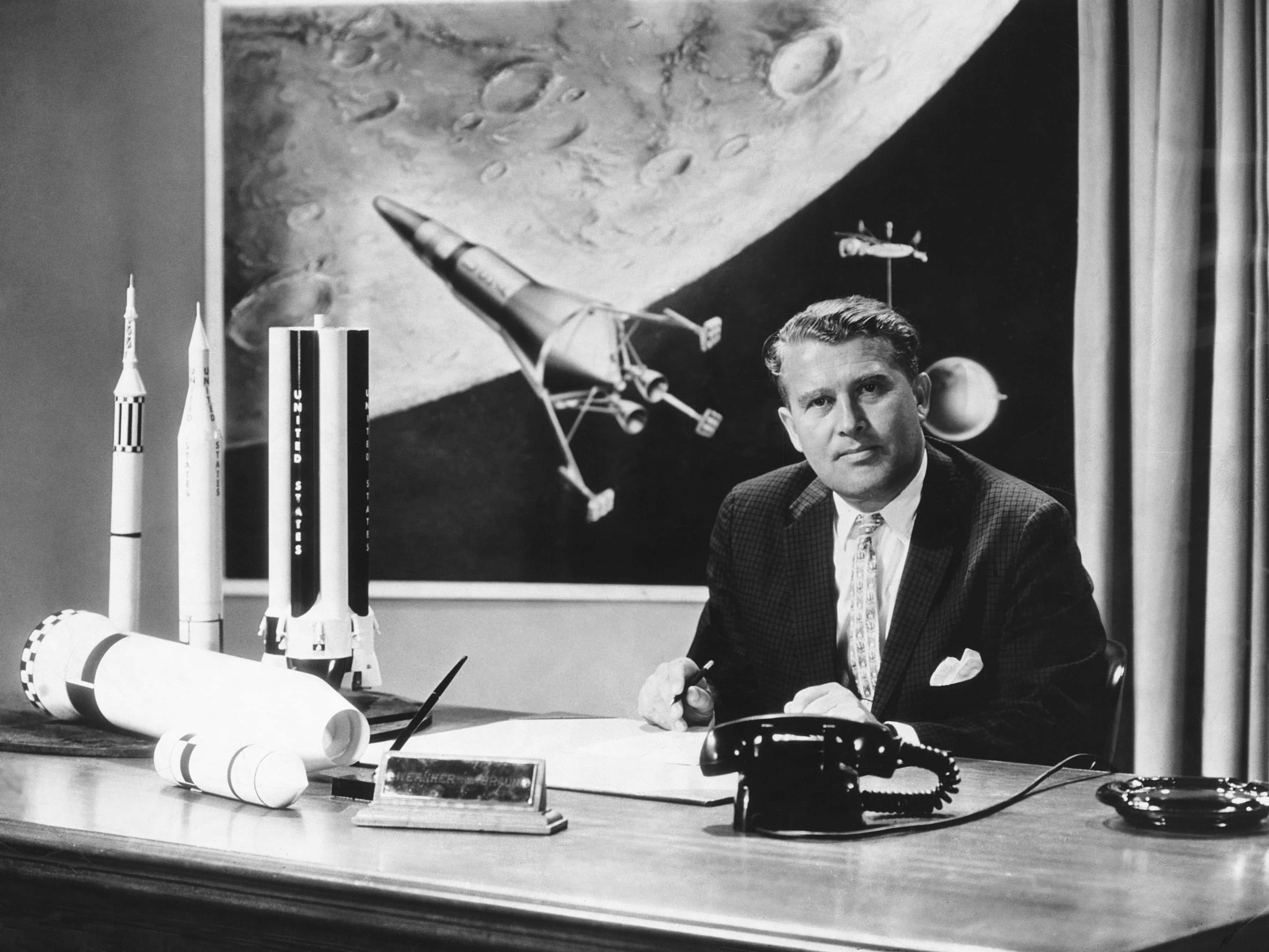
75. Radioactive Land?
Hiroshima and Nagasaki are no longer radioactive... mostly because the bombs didn't actually touch the ground. Both weapons detonated miles above their targets, thereby avoiding even more severe radioactive contamination. Not that it prevented utter tragedy for millions of Japanese citizens.
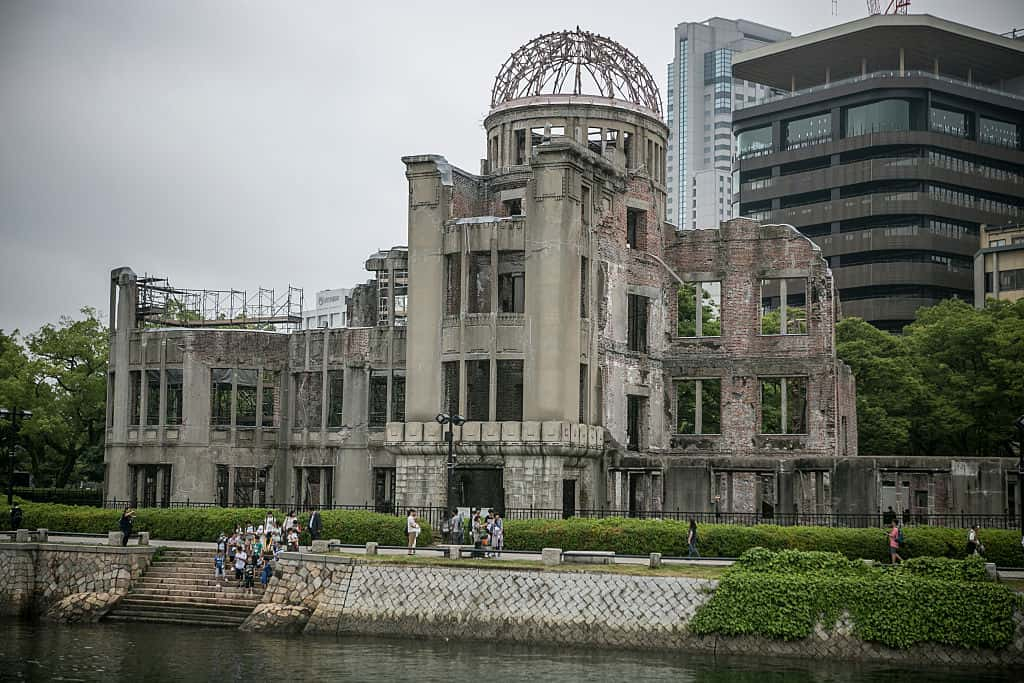
Modern Hiroshima
76. Working With Your Conquerors
Norwegian leader Vidkun Quisling actively collaborated with the Germans during their occupation of his country. As a result, his name is now a widely-used Norwegian term for “traitor.”
Just imagine what a scoundrel you have to be for your name to become an insult, decades after you're dead. Vidkun Quisling was just that sort of man.
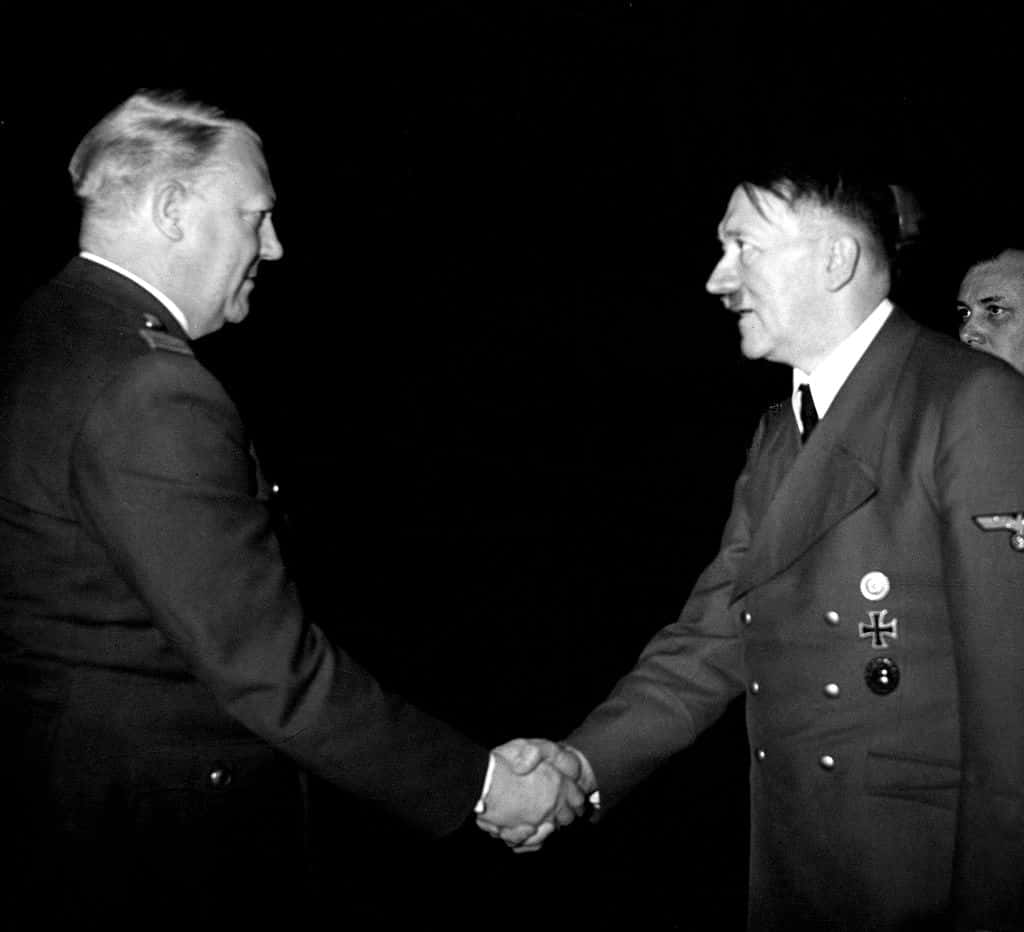

History's most fascinating stories and darkest secrets, delivered to your inbox daily.
77. Anne Frank's Story
Anne Frank's death is tragic any way you look at it, but there's one detail that makes it even more upsetting: she died just one month before the liberation of her concentration camp, Bergen-Belsen.
78. Gone
The Third Reich kidnapped children across Europe who looked Aryan, and relocated them to Germany. An estimated 400,000 children were abducted from Europe, with half of those children coming from Poland. The children who did not pass the racial purity test were sent to concentration camps.
79. Never Give Up! Never Surrender!
A Japanese soldier named Hiroo Onoda hid in the jungle on the Pacific island of Lubang where he held out for 29 years, refusing to believe that the war was over. The man who found him, Norio Suzuki, was traveling around the world to look for (in his own words) “Lieutenant Onoda, a panda, and the Abominable Snowman, in that order.” Suzuki returned to Japan with Onoda’s story, which immediately became a sensation.
Embarrassed, the Japanese government located Onoda’s commanding officer, Major Yoshimi Taniguchi—who had since become a bookseller. Taniguchi flew to Lubang and relieved Onoda of his duties, much to the relief of the locals; Onoda had harassed them for thirty years as part of his misguided effort to help Japan win the war.
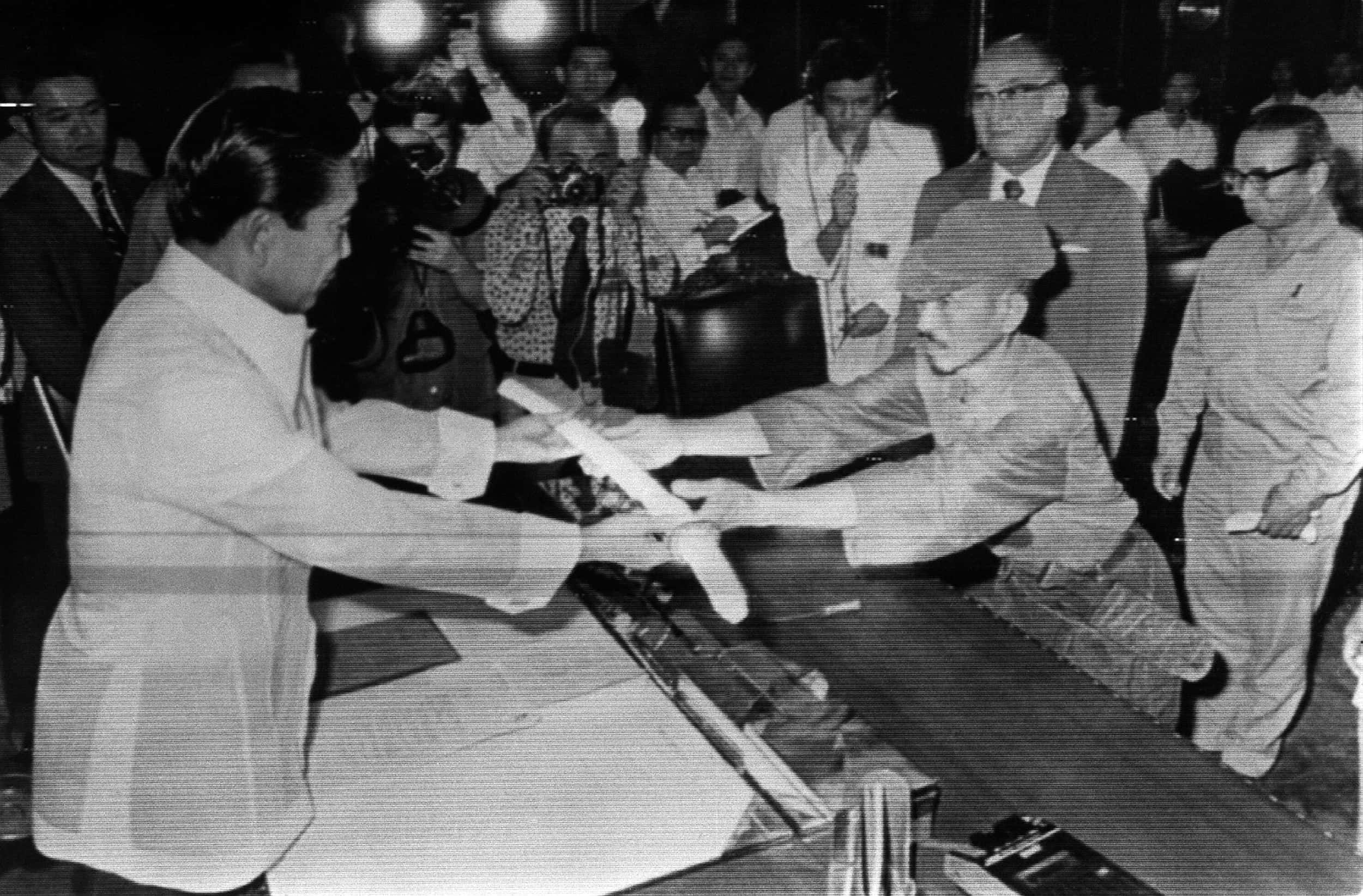
80. The Atomic Bombs Weren't The Only Atrocious Attacks
Five months before the atomic bombs hit Japan, more than 300 U.S. B-29 bombers launched one of the most devastating air raids in history.
By dawn on March 10, 1945, more than 100,000 people were dead. A million were now homeless—40 square kilometers of Tokyo lay in ashes. Shockingly, more people died in the Tokyo firebombing than in the atomic bombings of Hiroshima and Nagasaki combined.
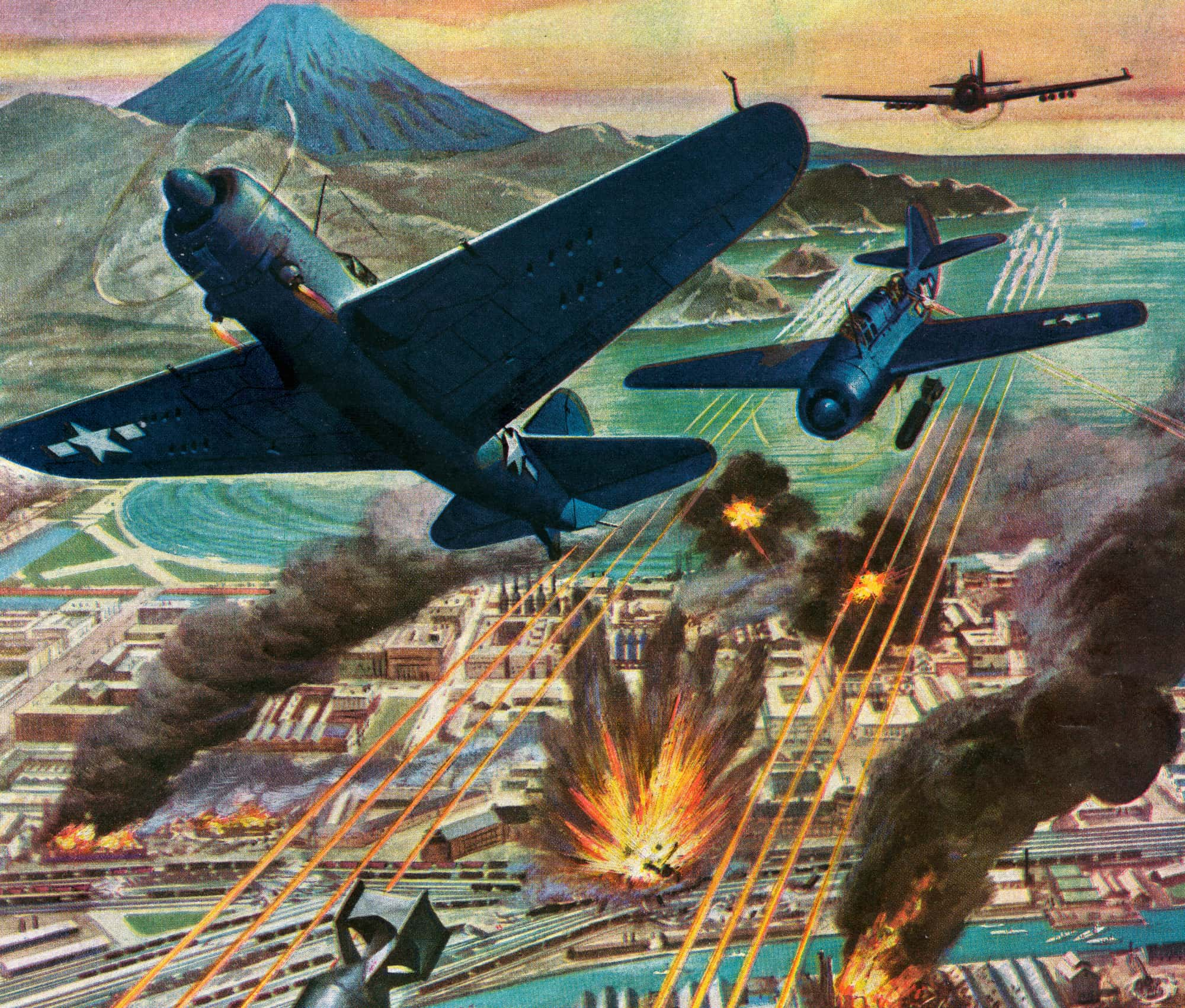 GettyImages
GettyImages
81. World War 2 Was Devastating
More Russians lost their lives during the Siege of Leningrad than American and British soldiers combined in the entirety of World War 2.
The 872-day German-led siege caused extreme famine in the Leningrad region, which resulted in the deaths of up to 1,500,000 people.
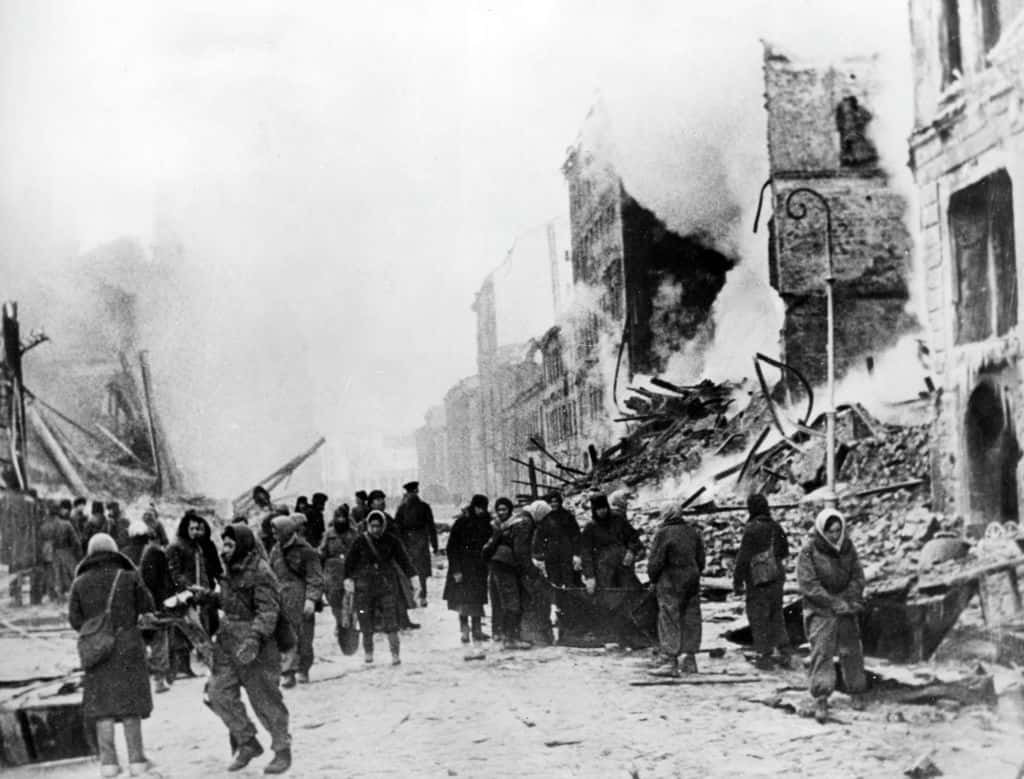
82. Churchill's War
Not long after the war ended, the publishing world was abuzz with the release of a best-selling history of the conflict, known simply as The Second World War. The author of that particular blockbuster? None other than Winston Churchill himself.
The series is generally regarded as one of the finest early histories of World War 2...although its not without criticism. Primarily, that Churchill may well have been more than a little biased in his account of the war.
In fairness, Winston himself was aware of the conflict of interest. As he once wrote, "I will leave judgements on this matter to history—but I will be one of the historians."

History's most fascinating stories and darkest secrets, delivered to your inbox daily.
83. The Truth About Kamikaze Pilots
One of the more surprising facts about World War 2: most kamikaze pilots died in vain. Despite their terrifying reputation, only 1 in 9 kamikaze pilots hit their targets during WW2.
That doesn't mean they weren't effective, though. There were 7000 Allied casualties as a direct result of kamikaze attacks—compare that to the 3,800 Japanese pilots who died carrying out those assaults.
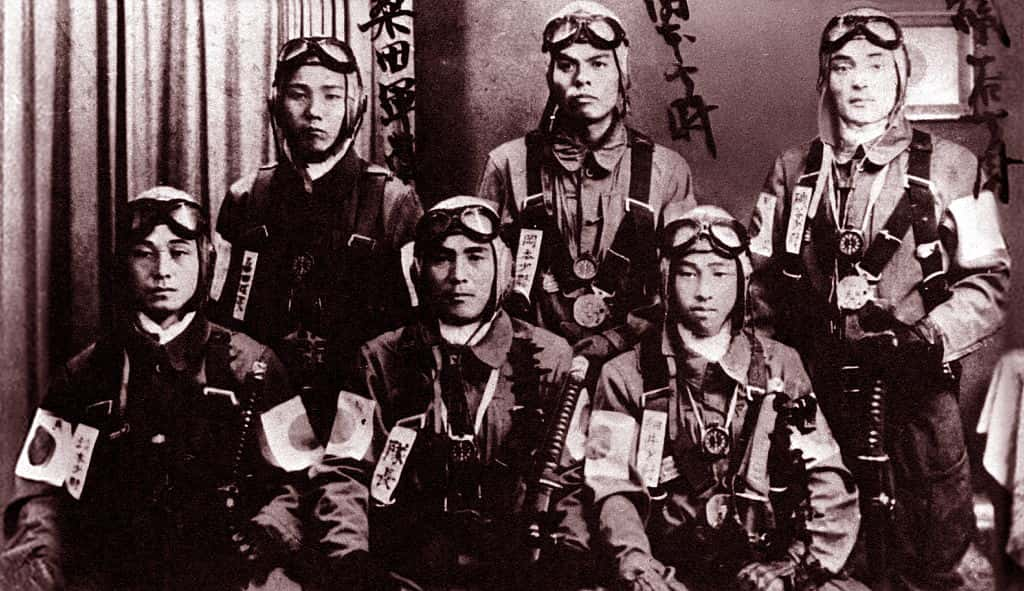
84. The Western Front Wasn't Everything
The Western Front, which stretched through much of Europe, gets a lot of the attention when we discuss the war. But it wasn't where all the action happened— far from it.
For every five German soldiers who died in the war, four died on the Eastern Front.
